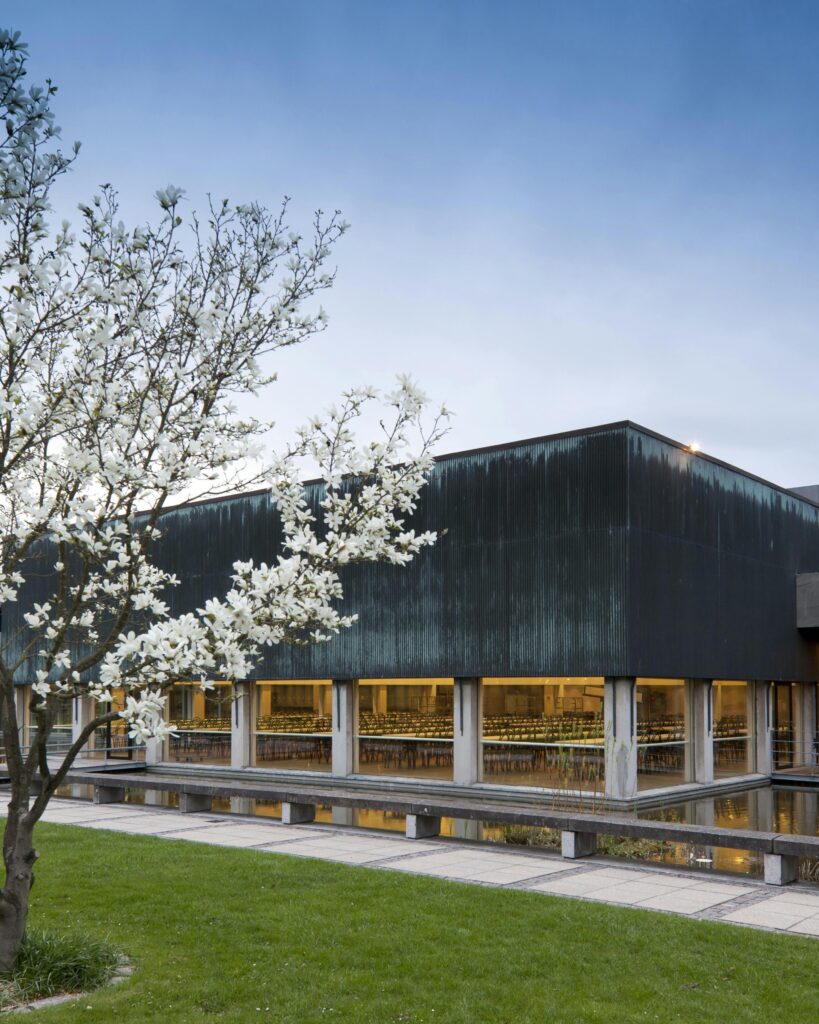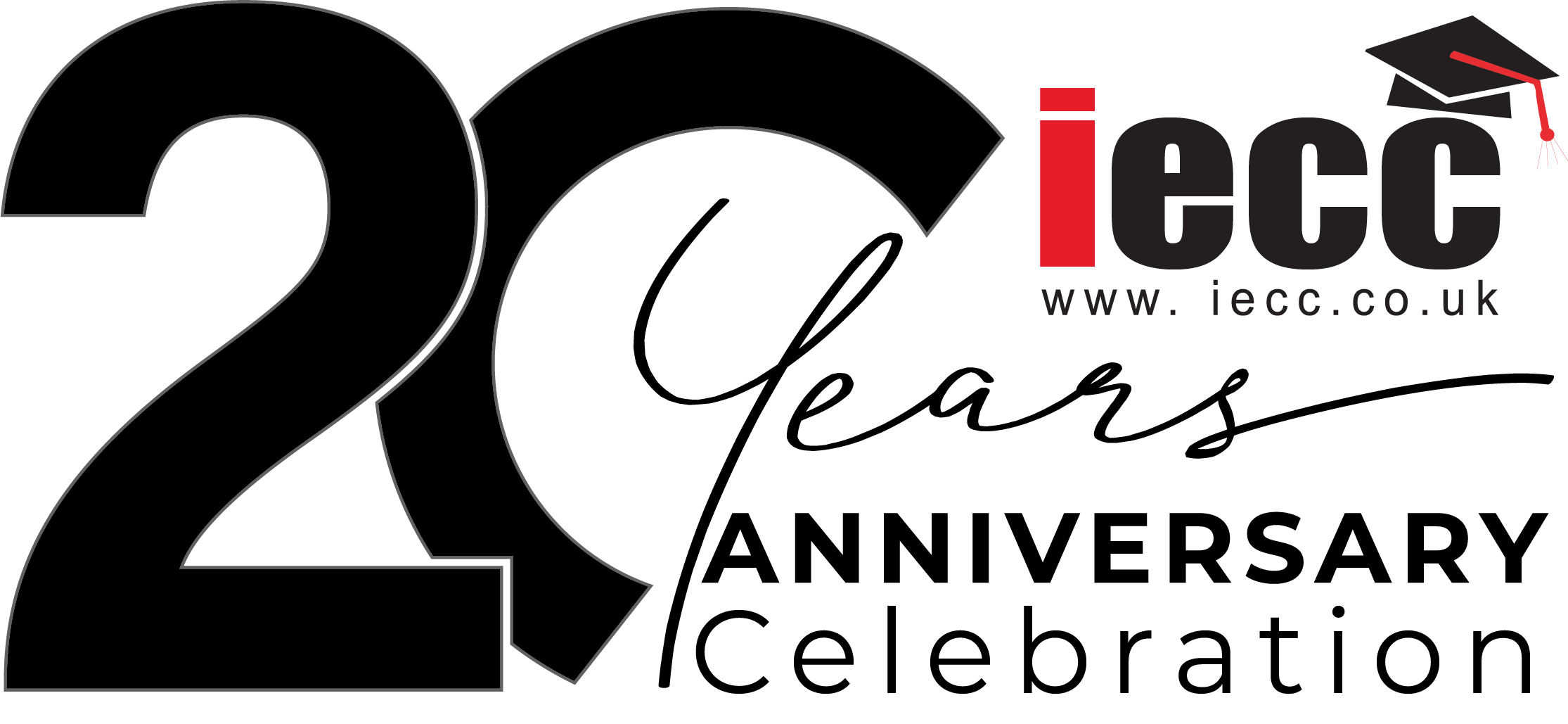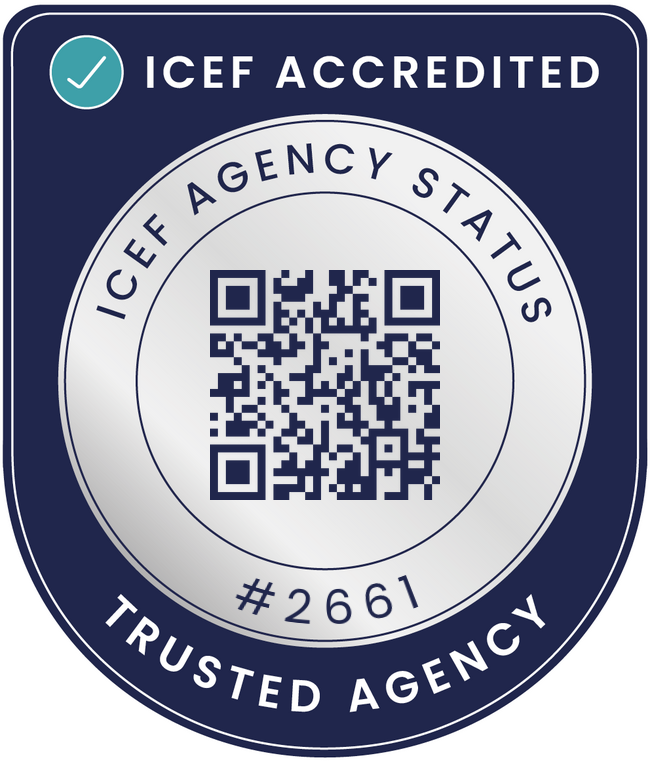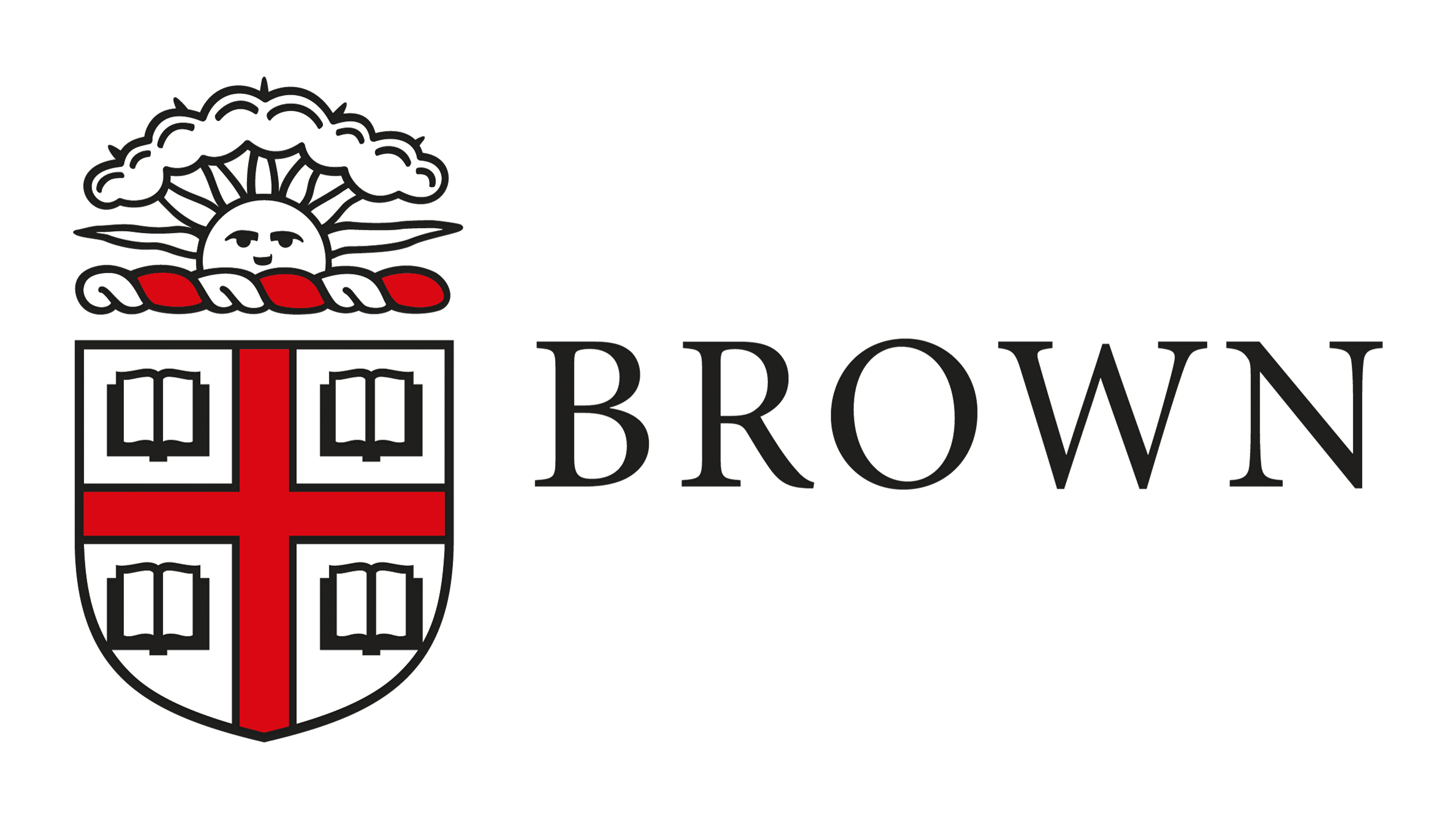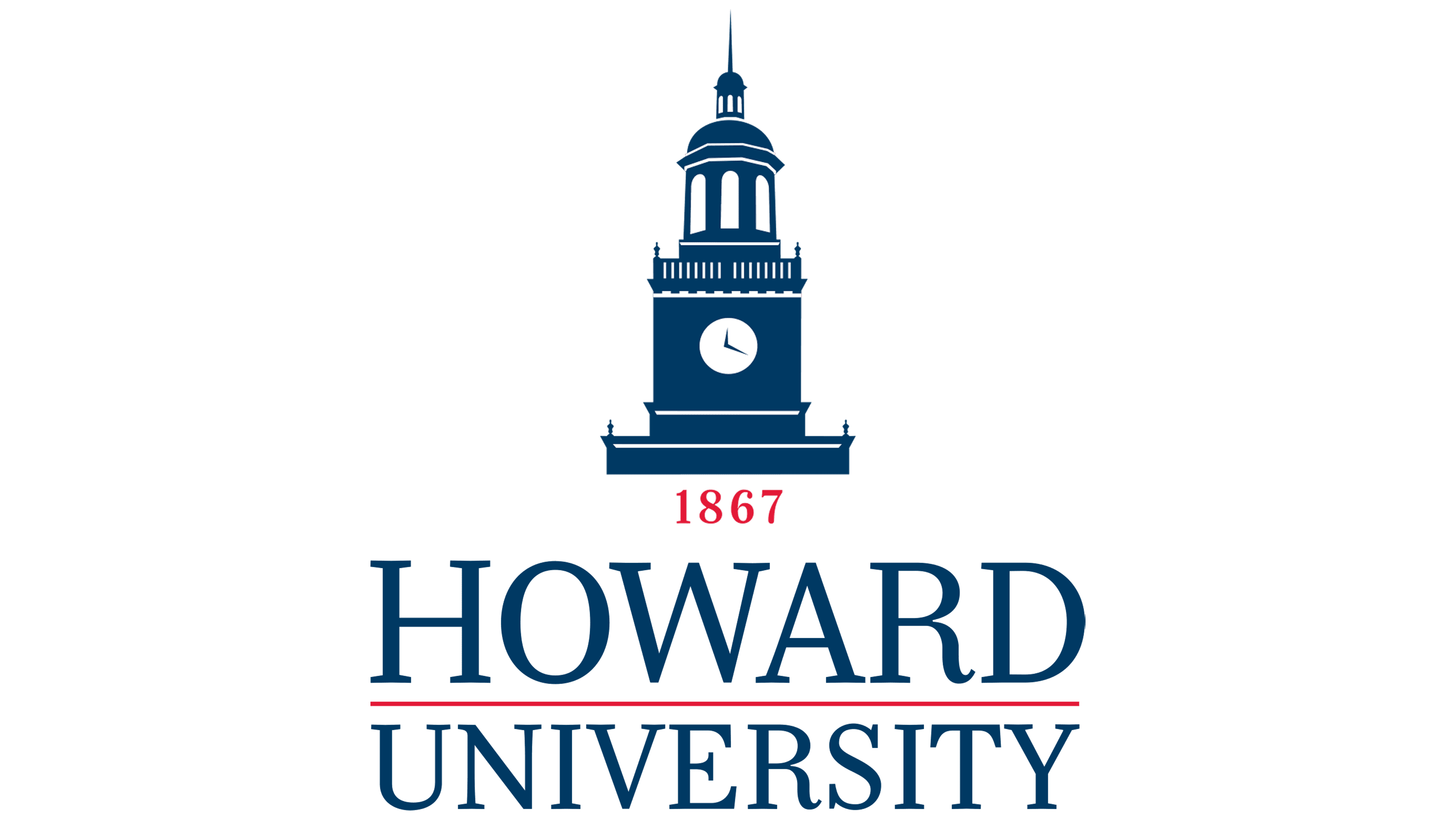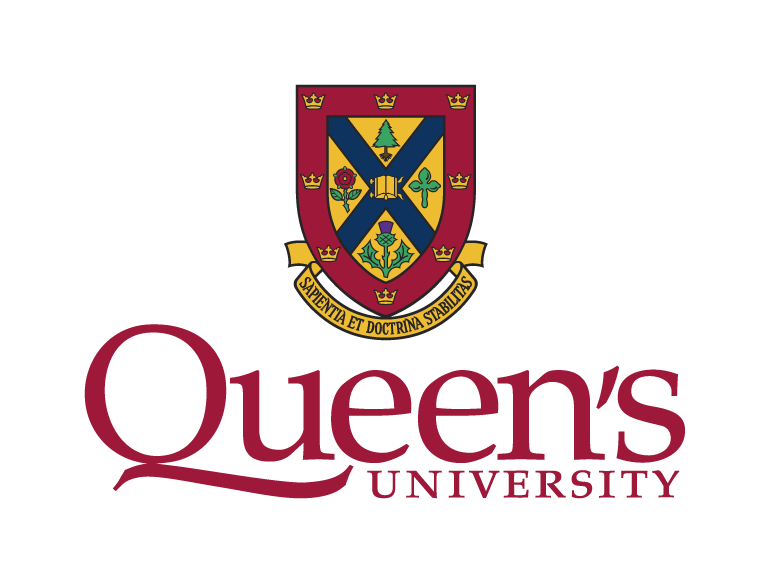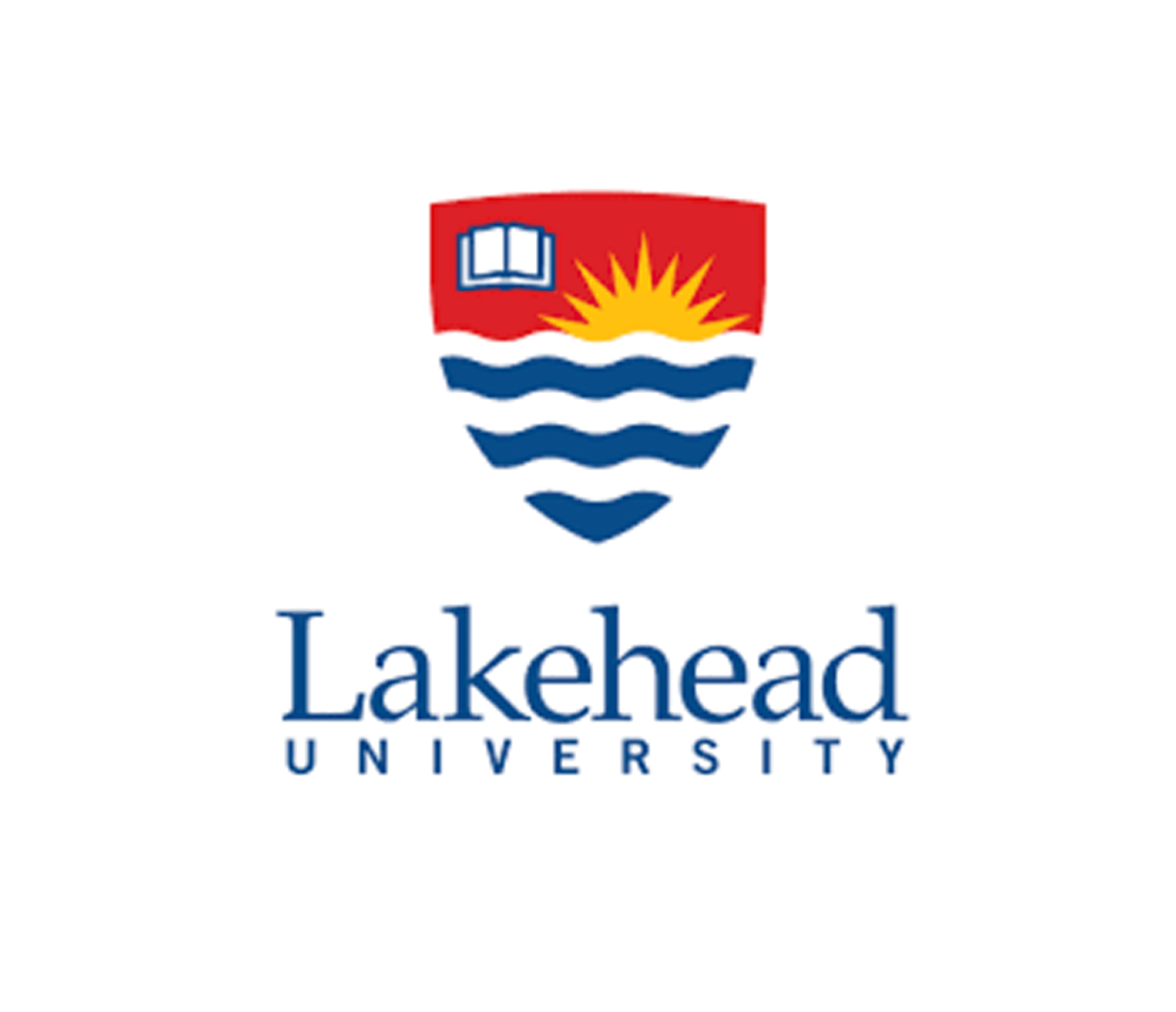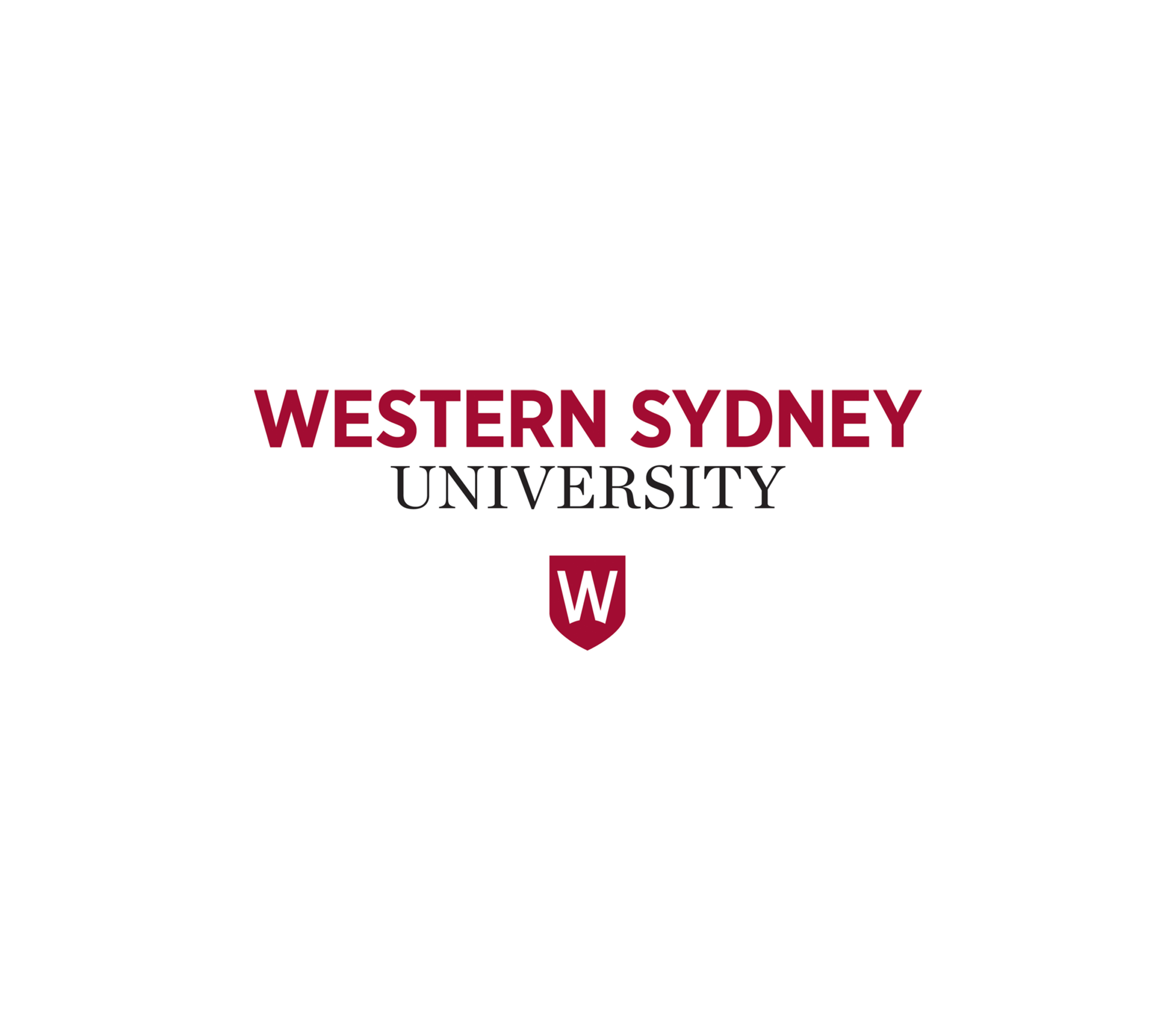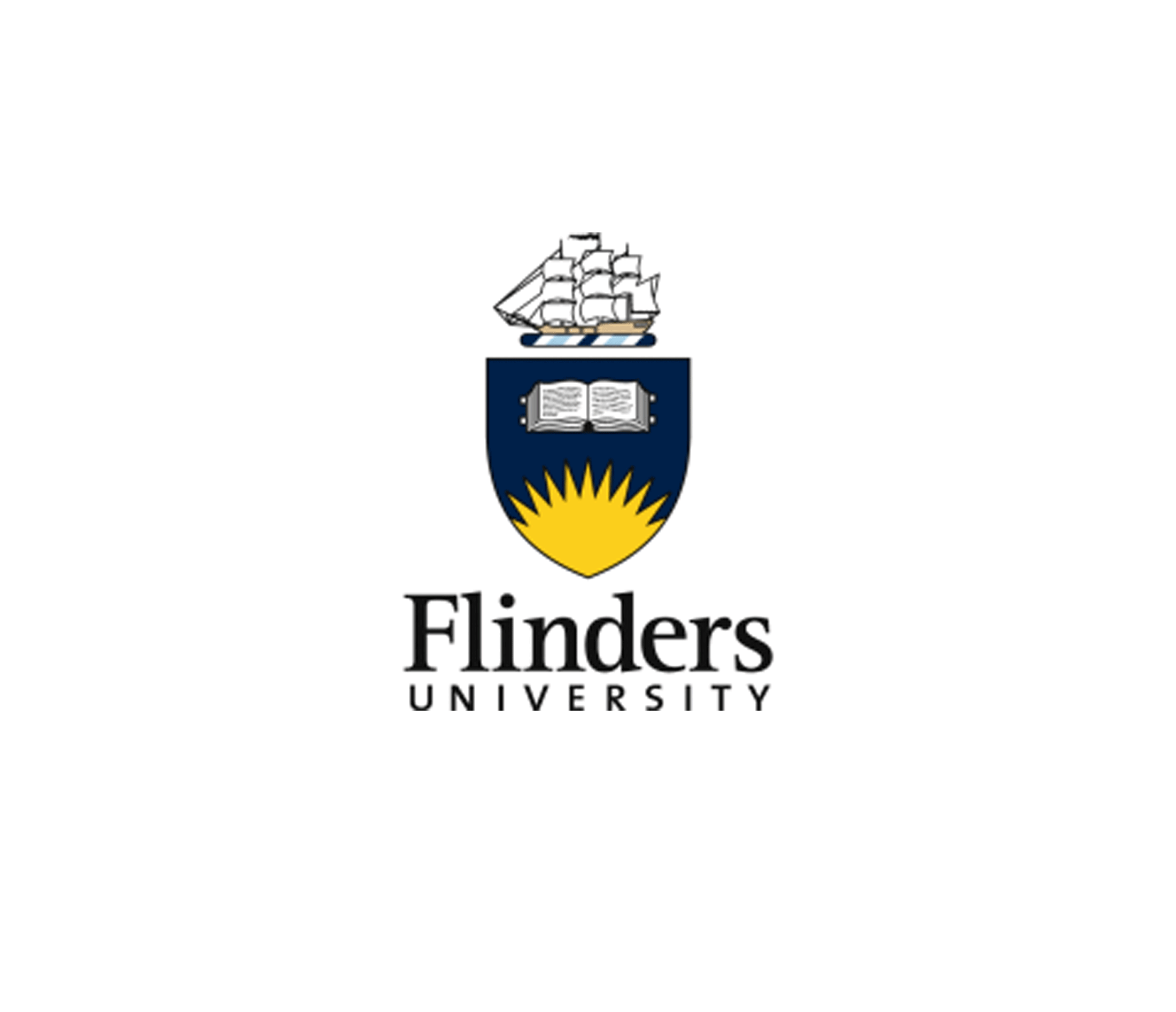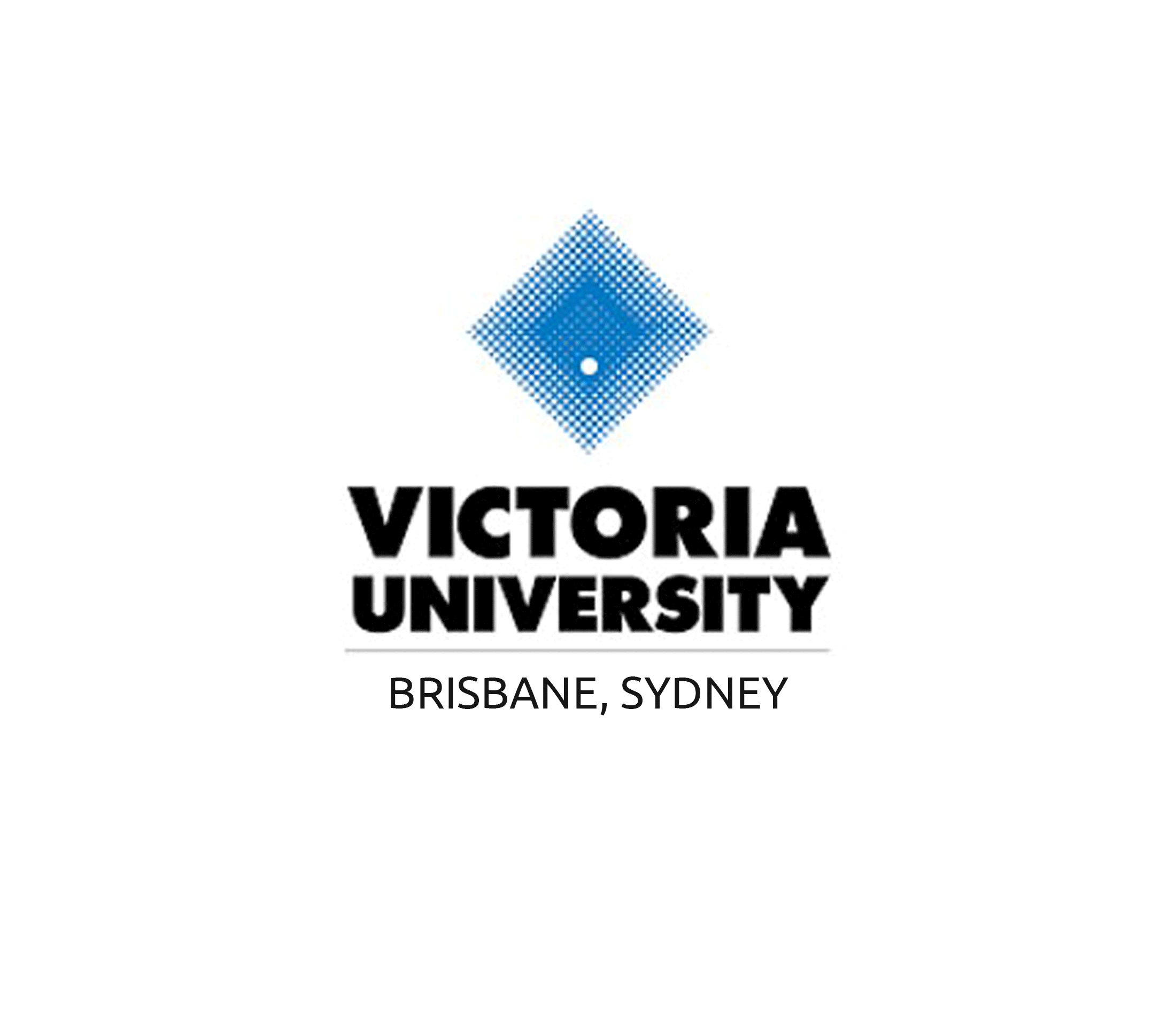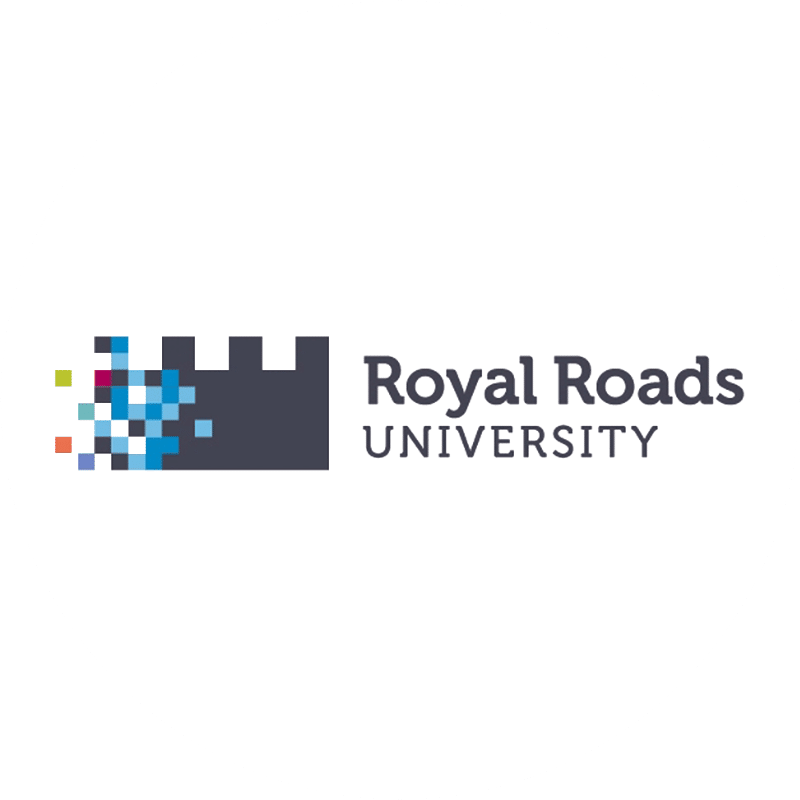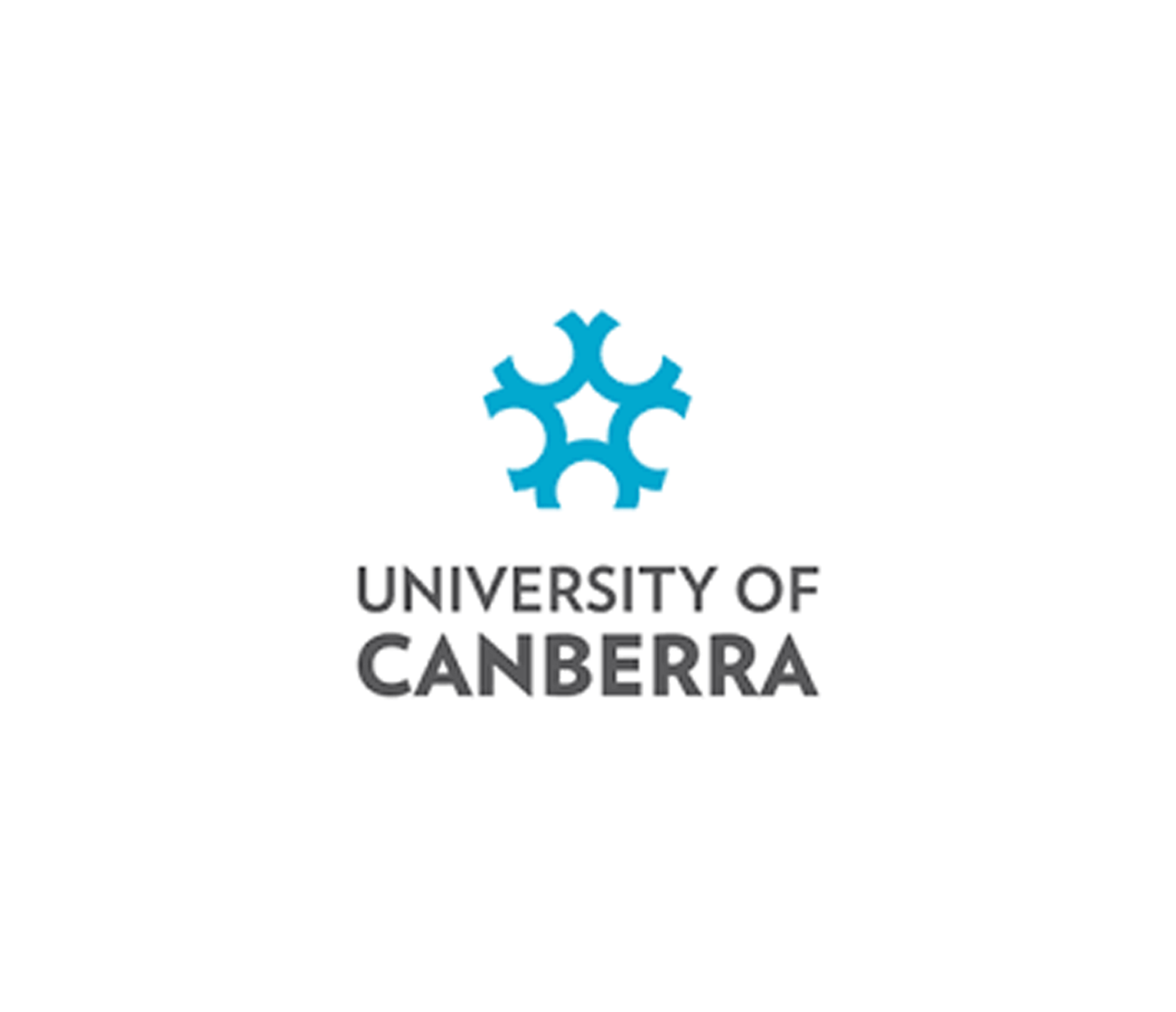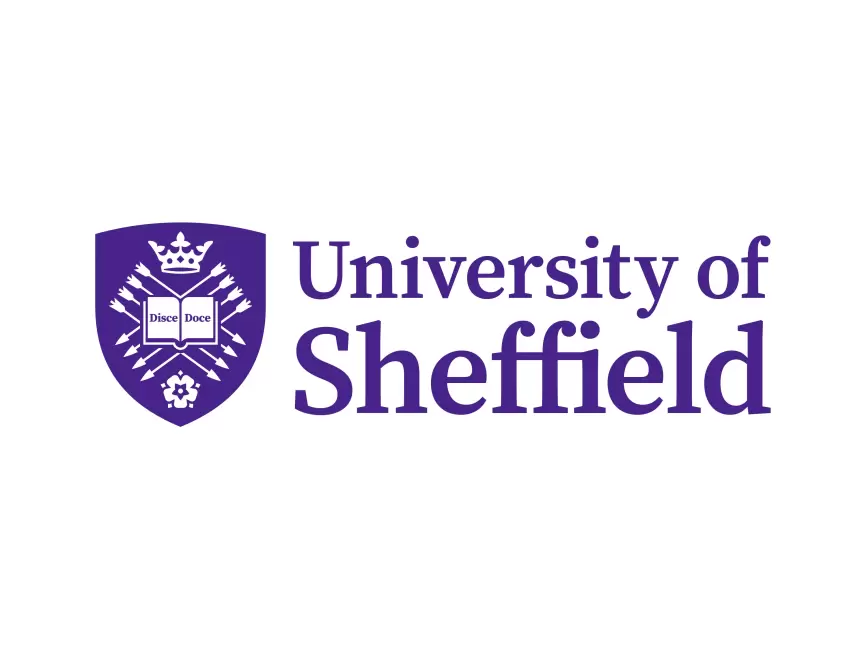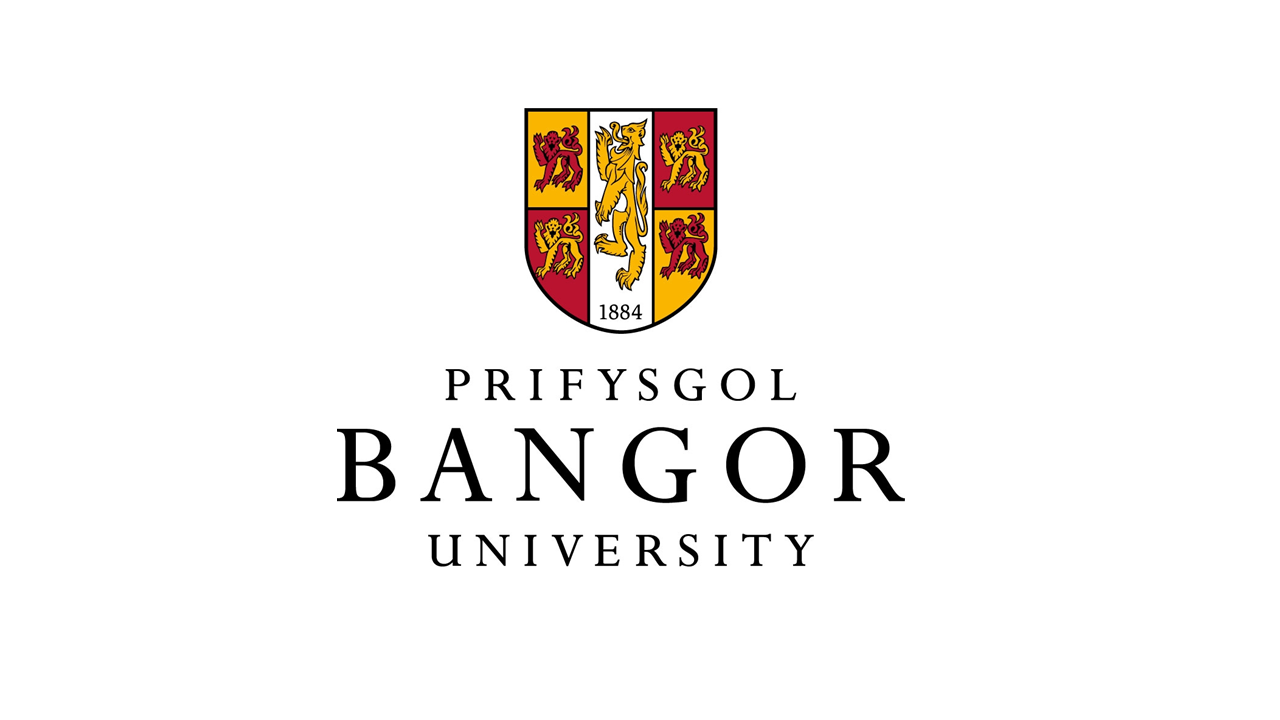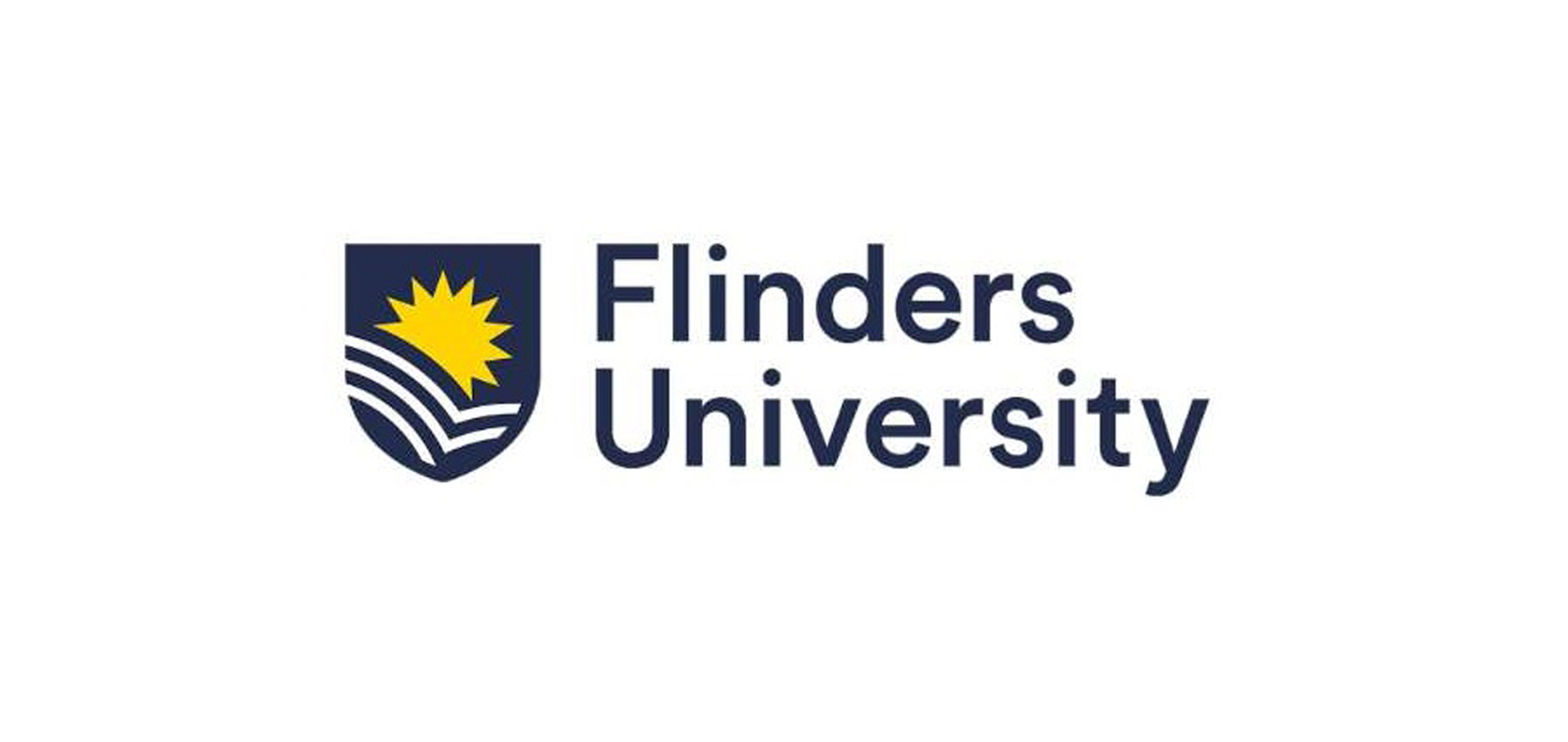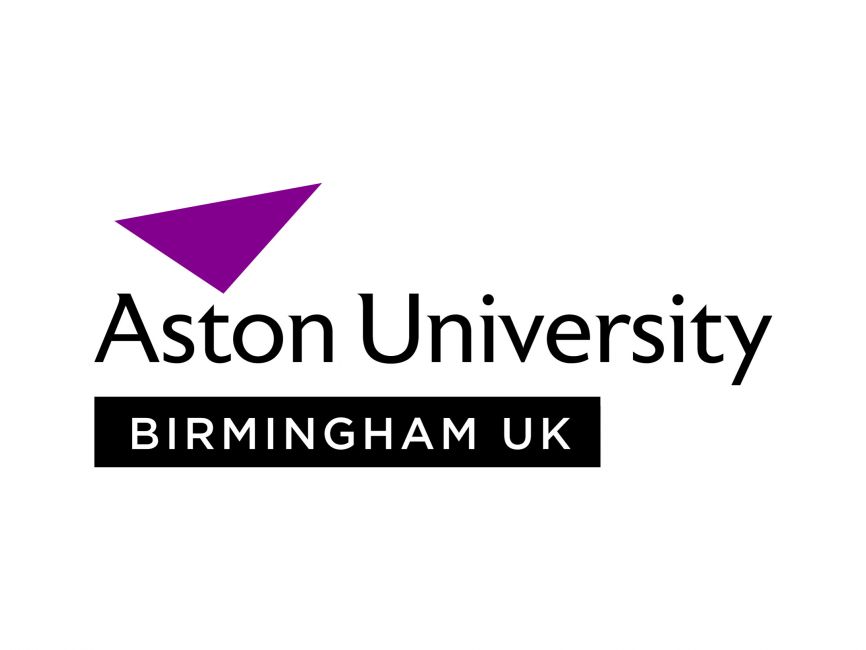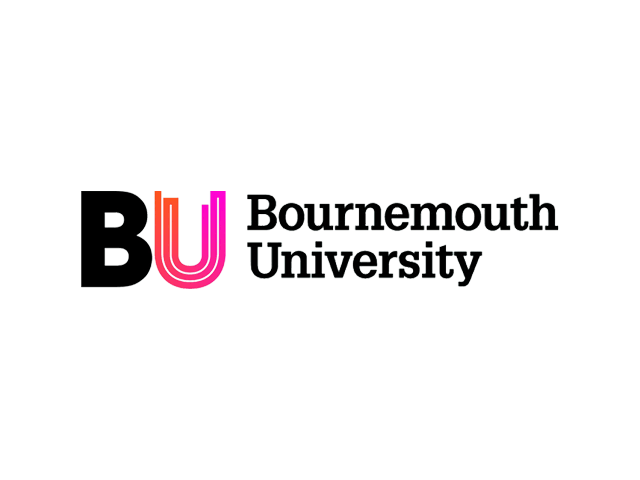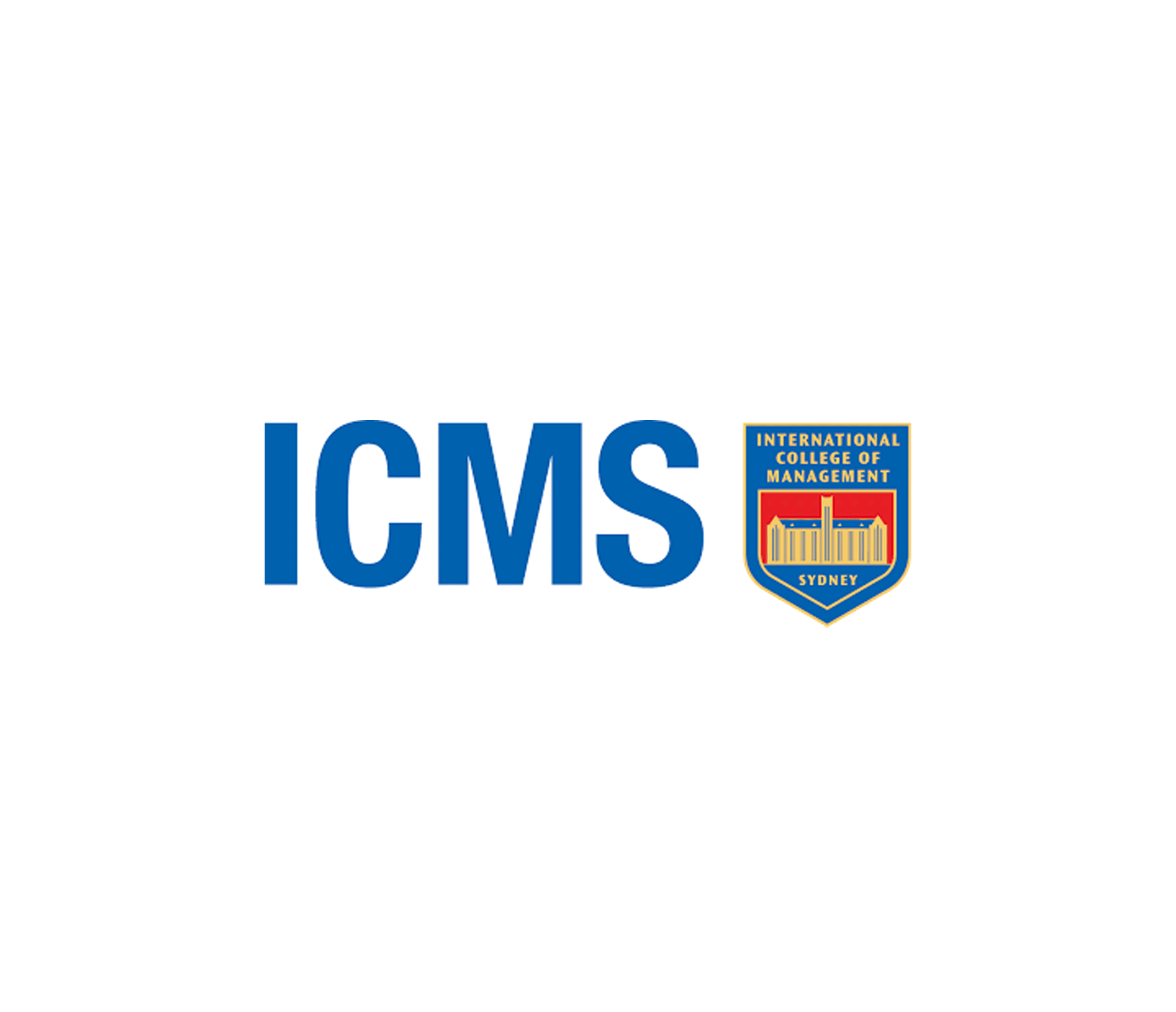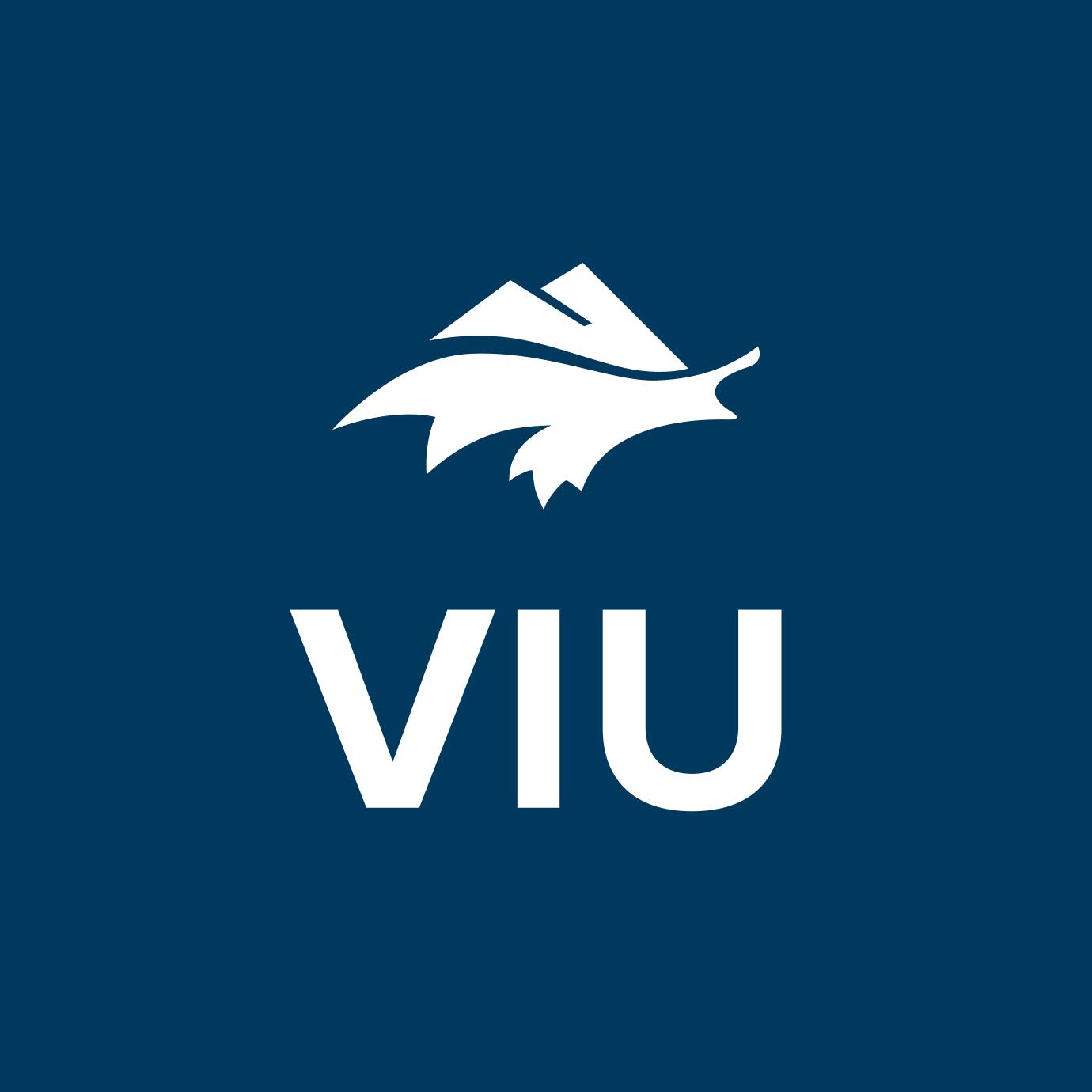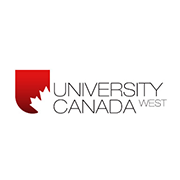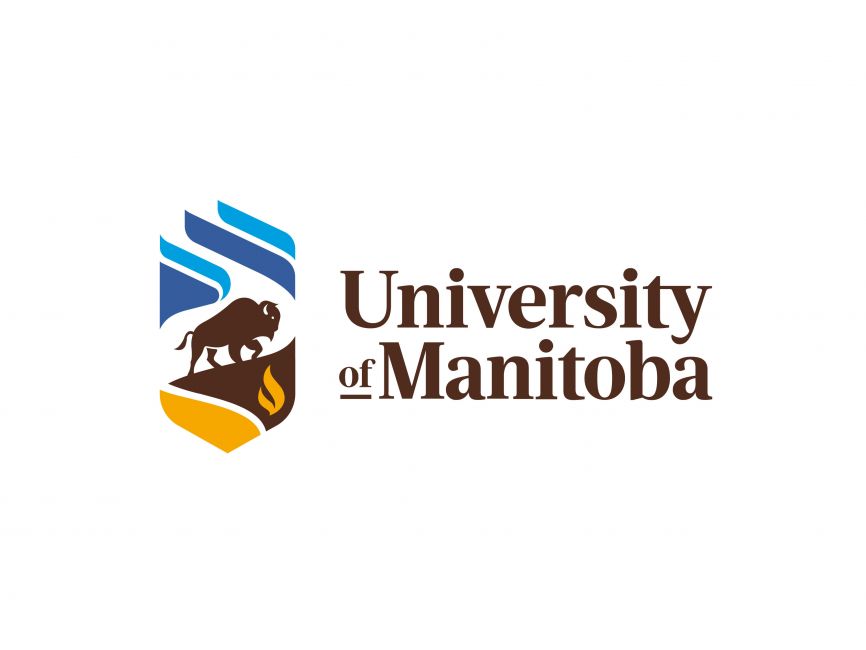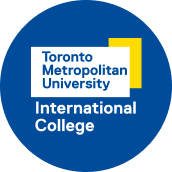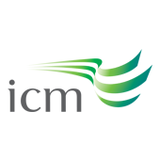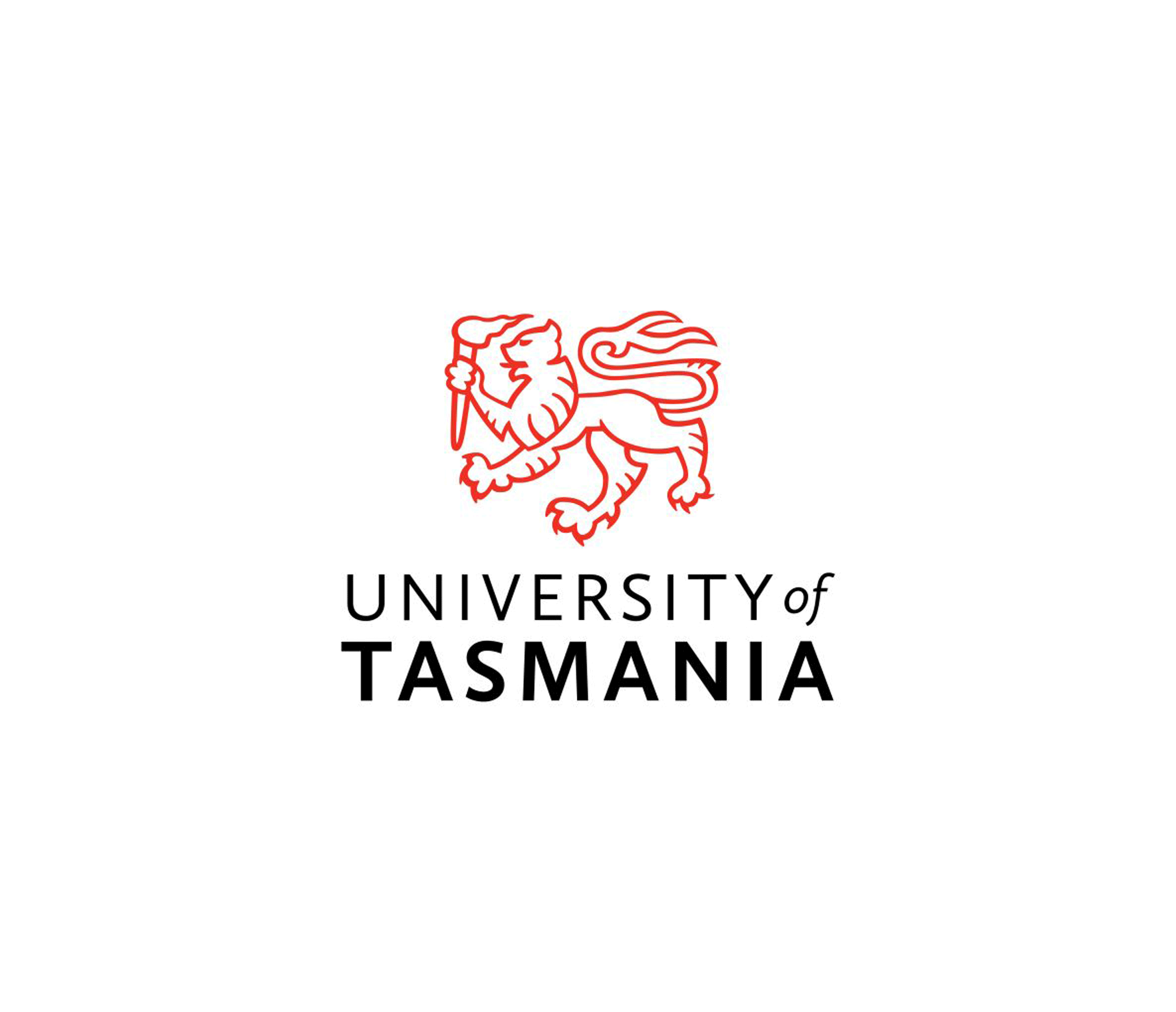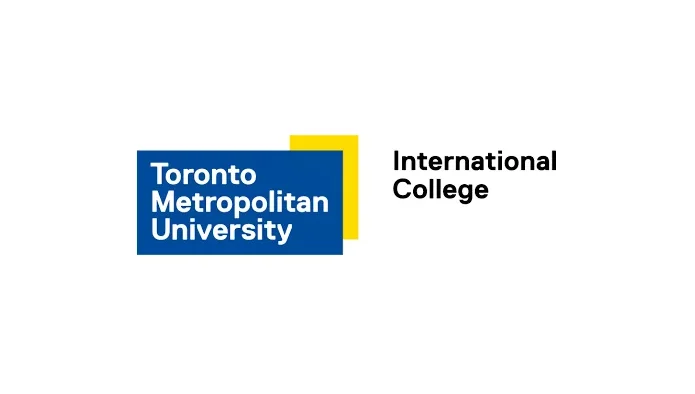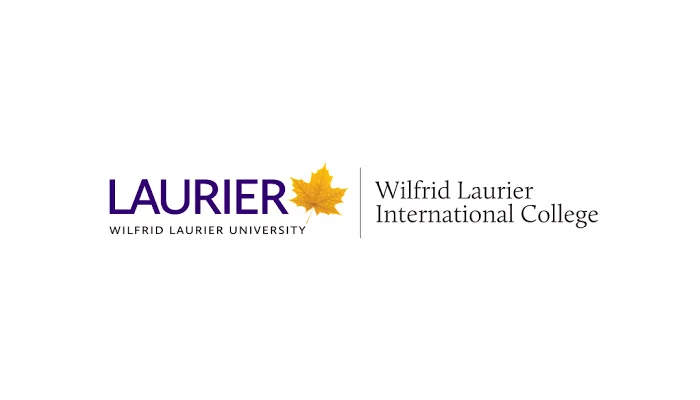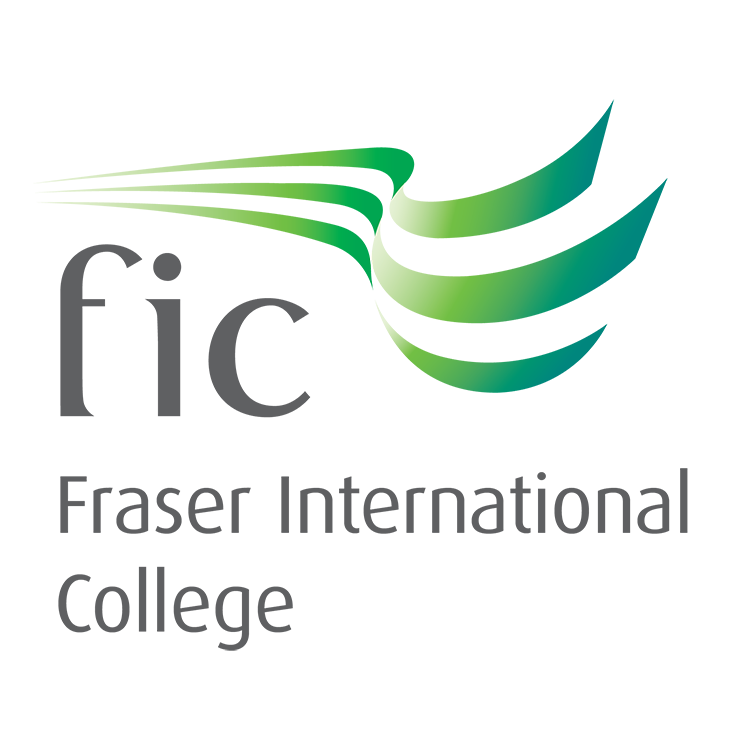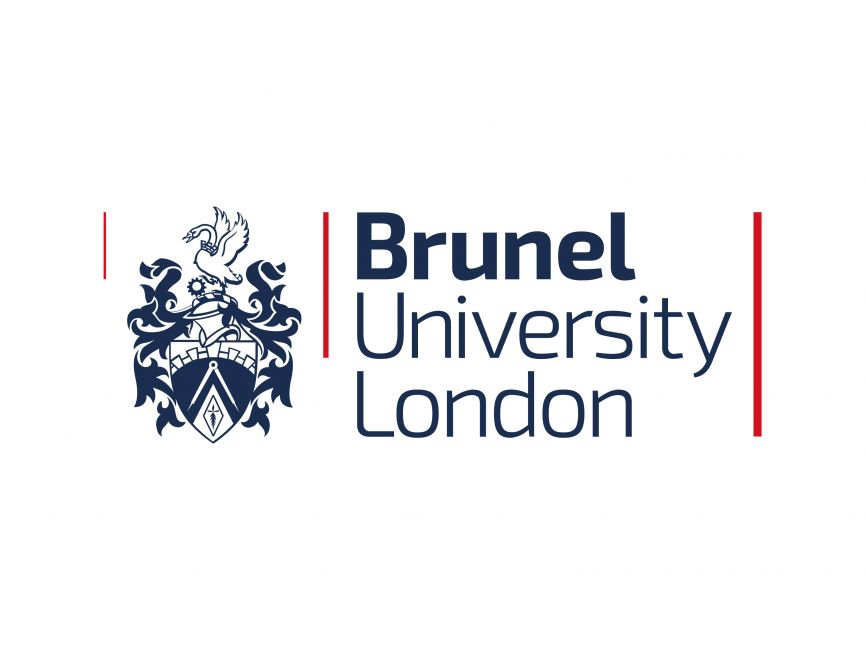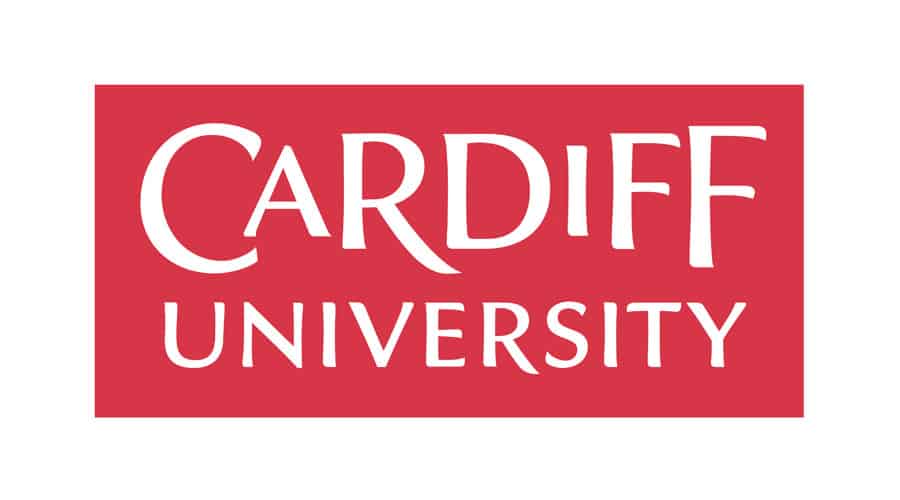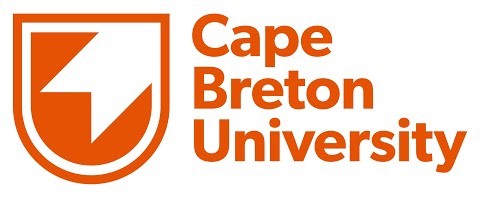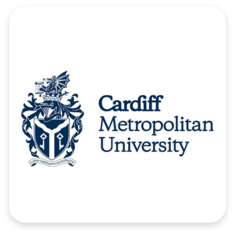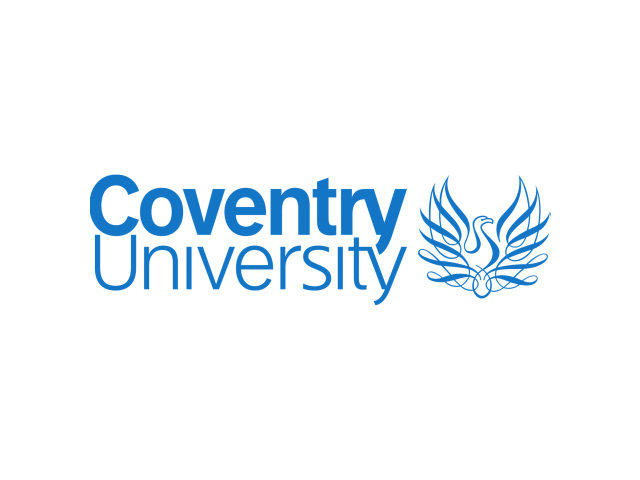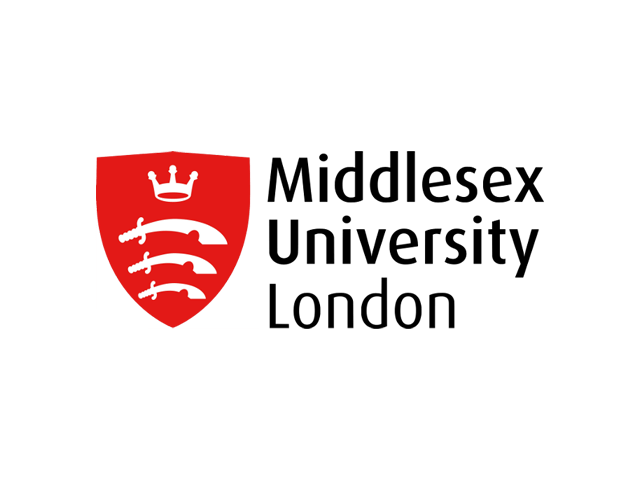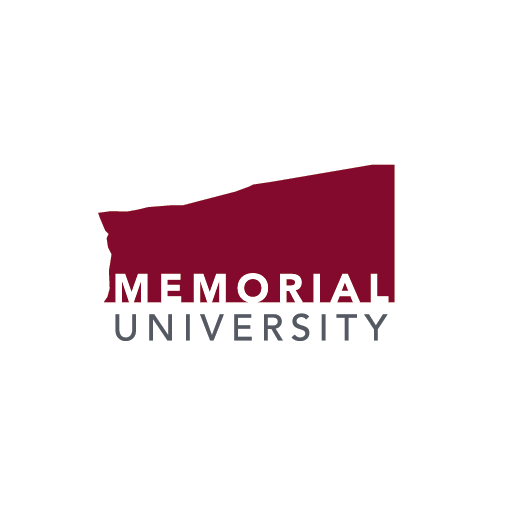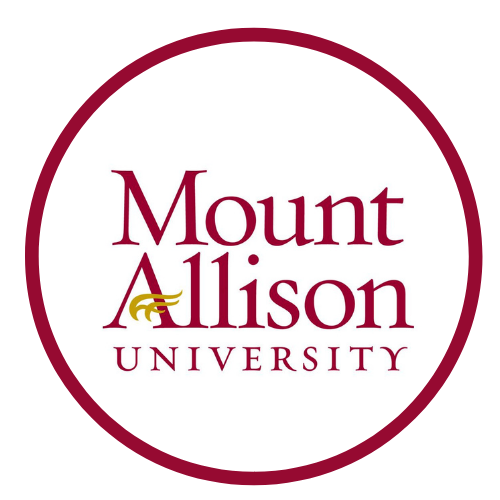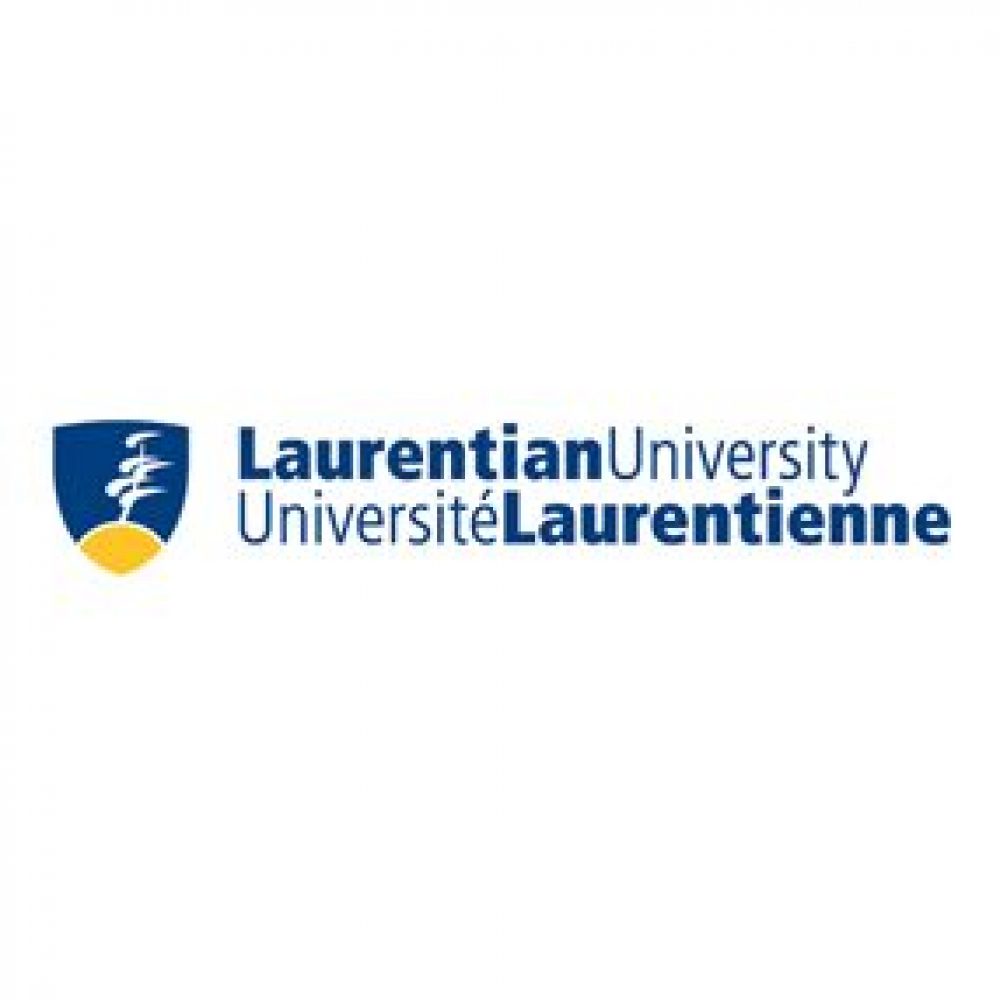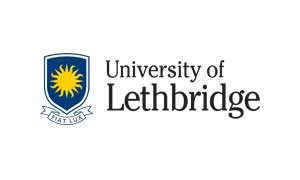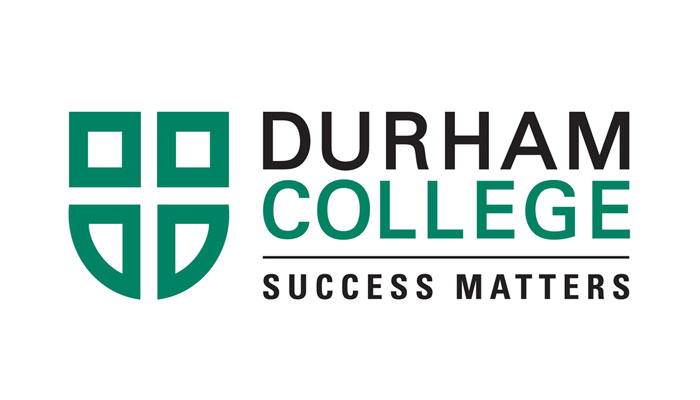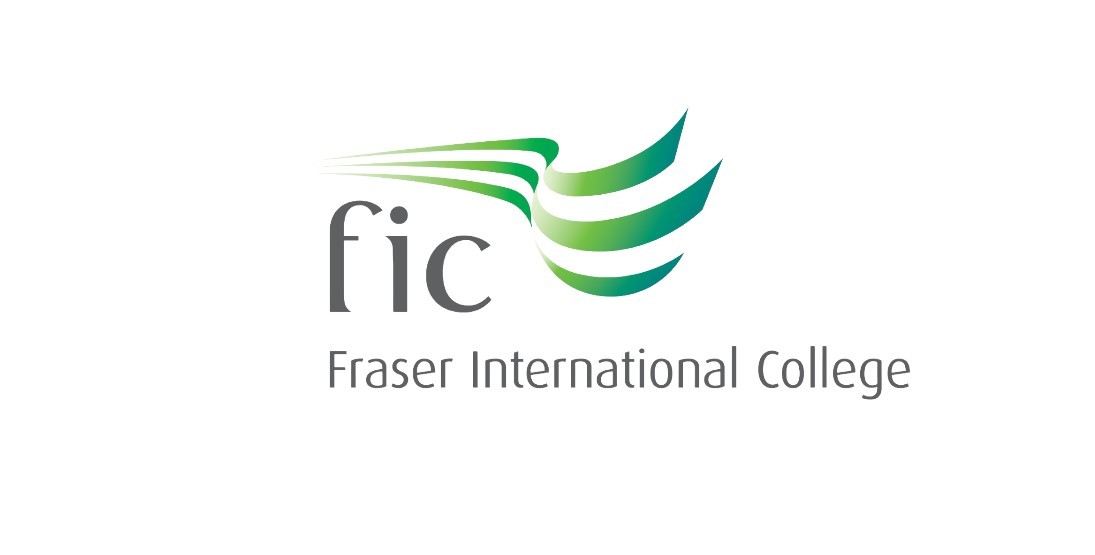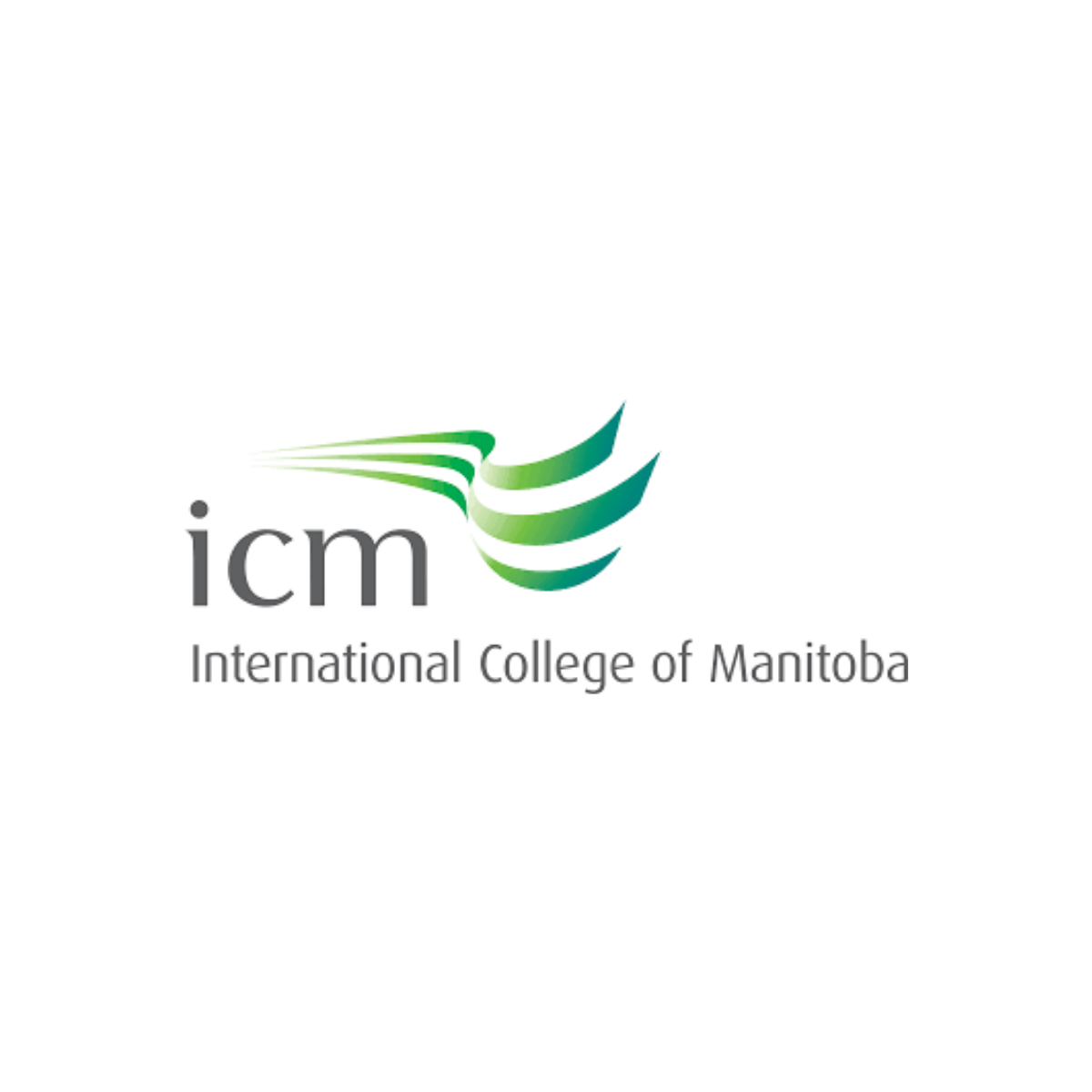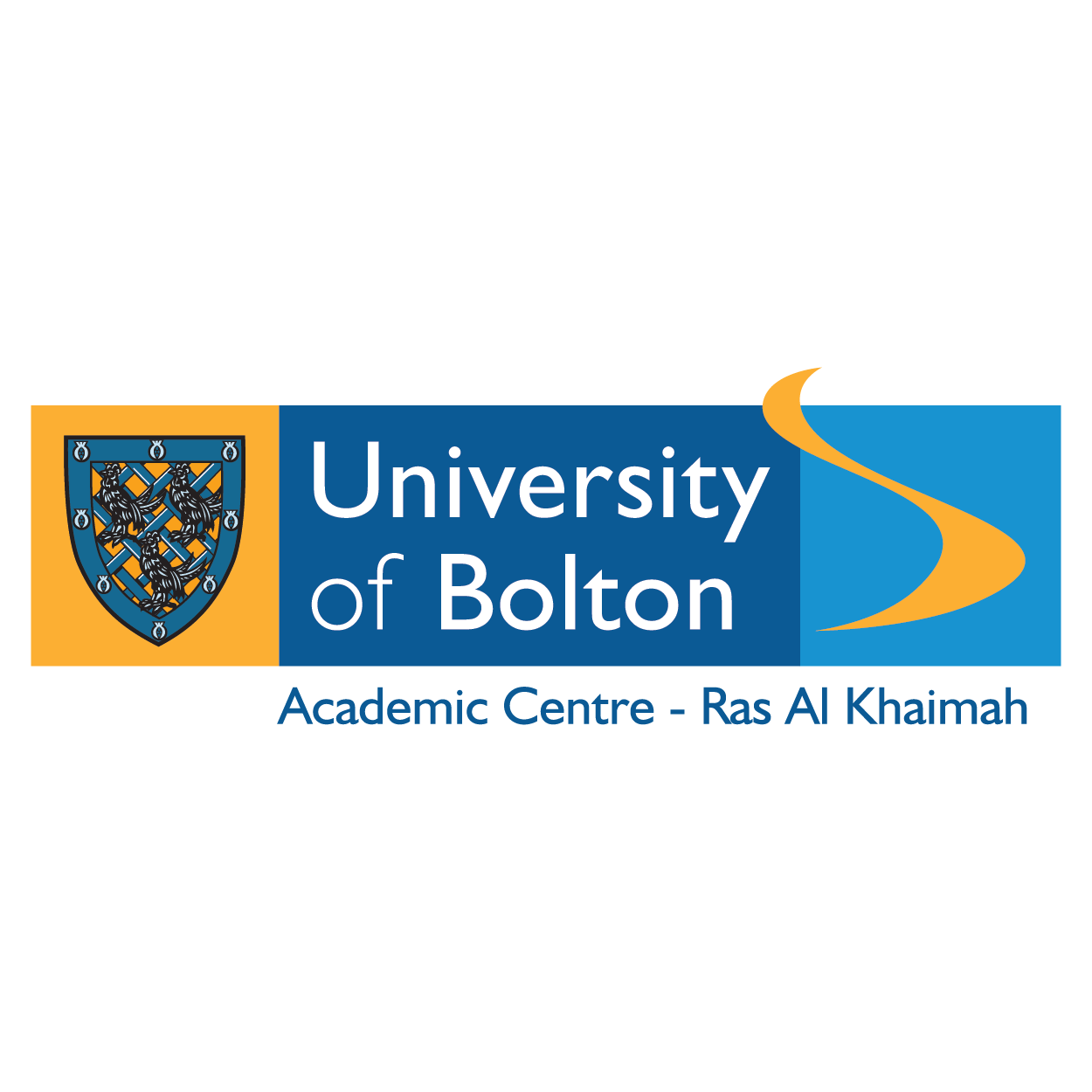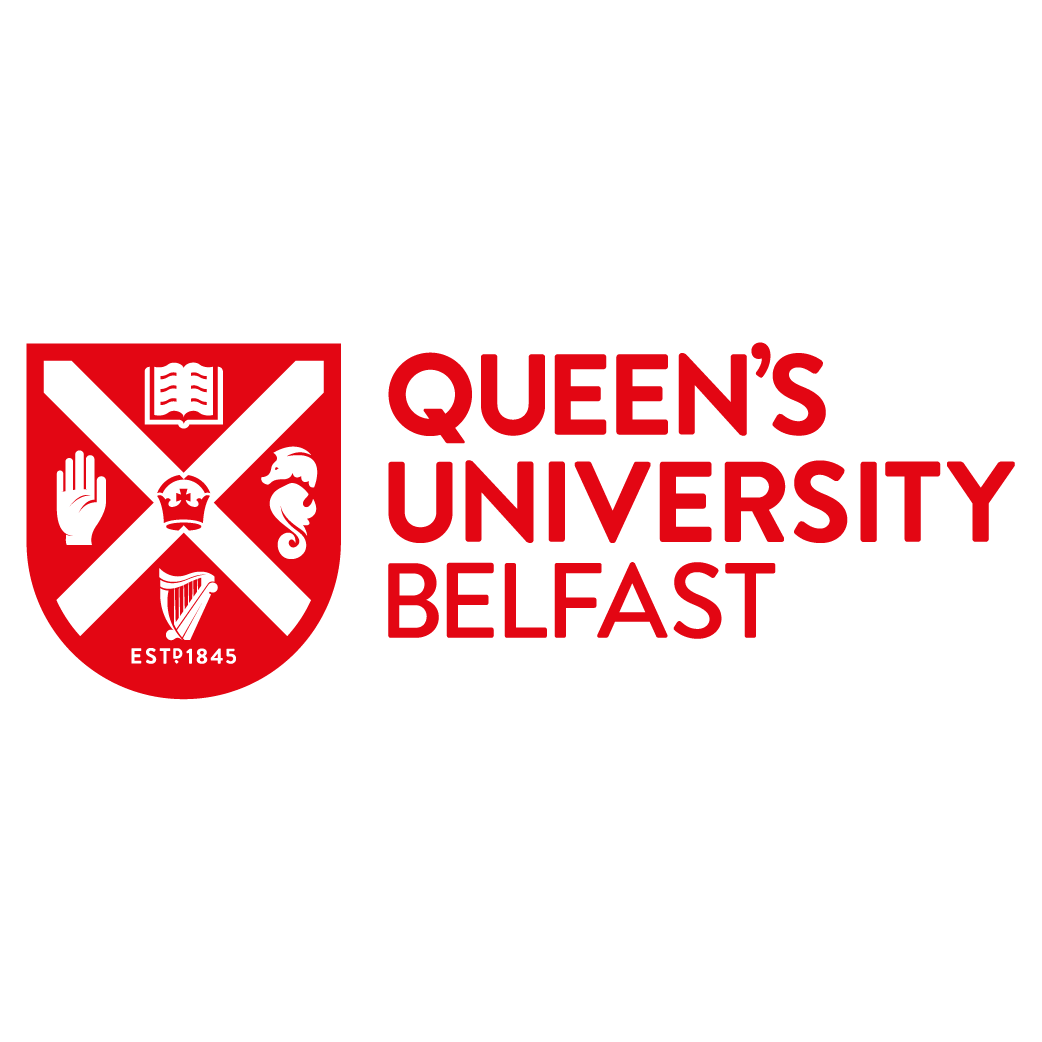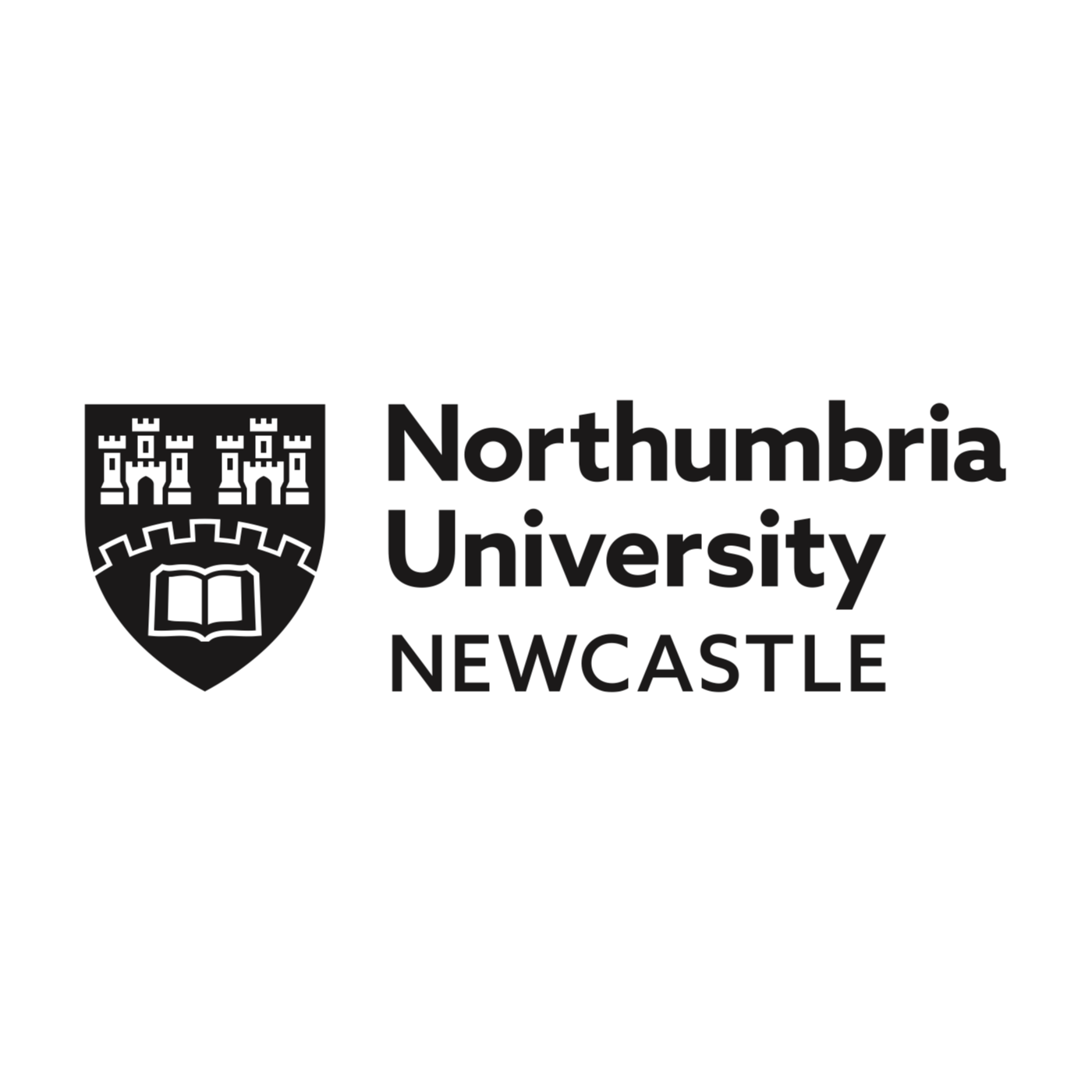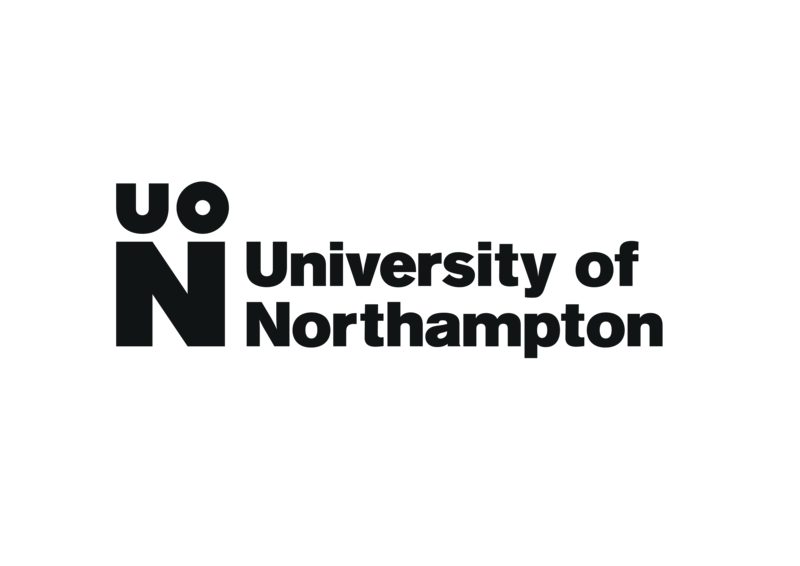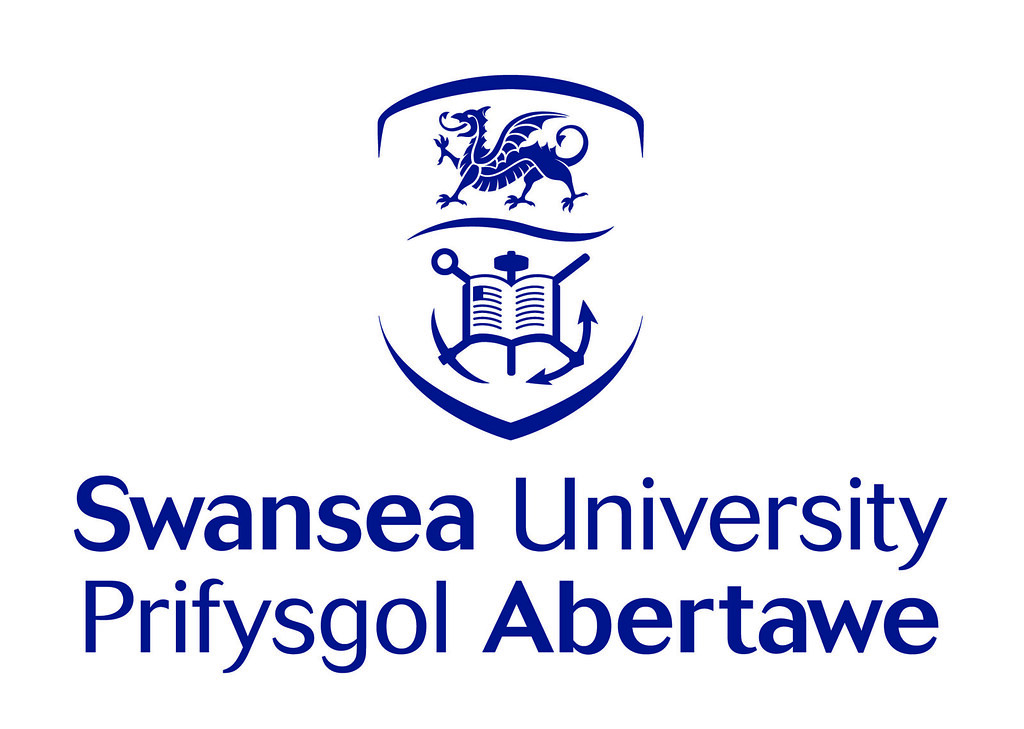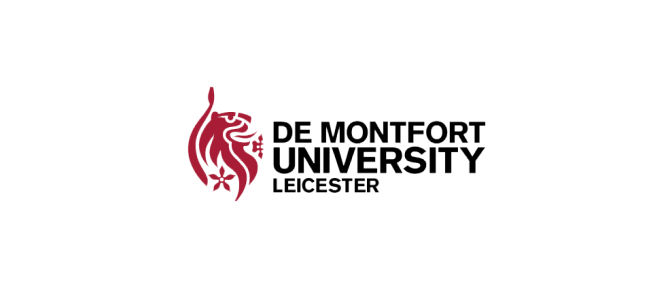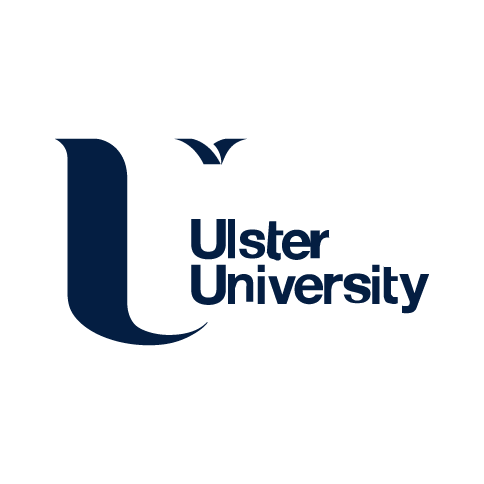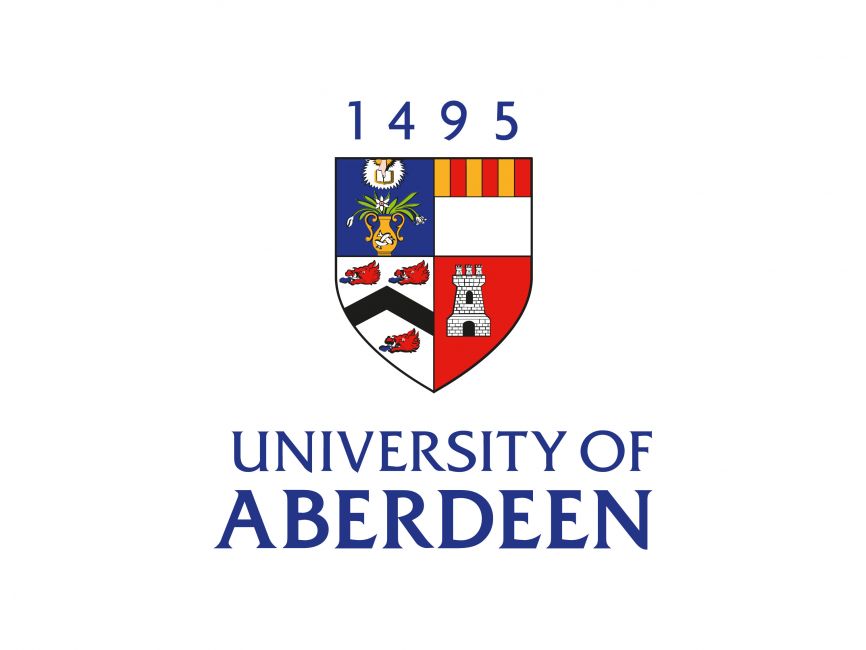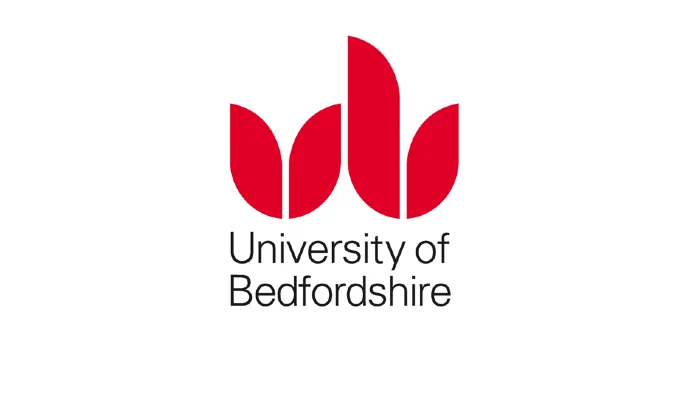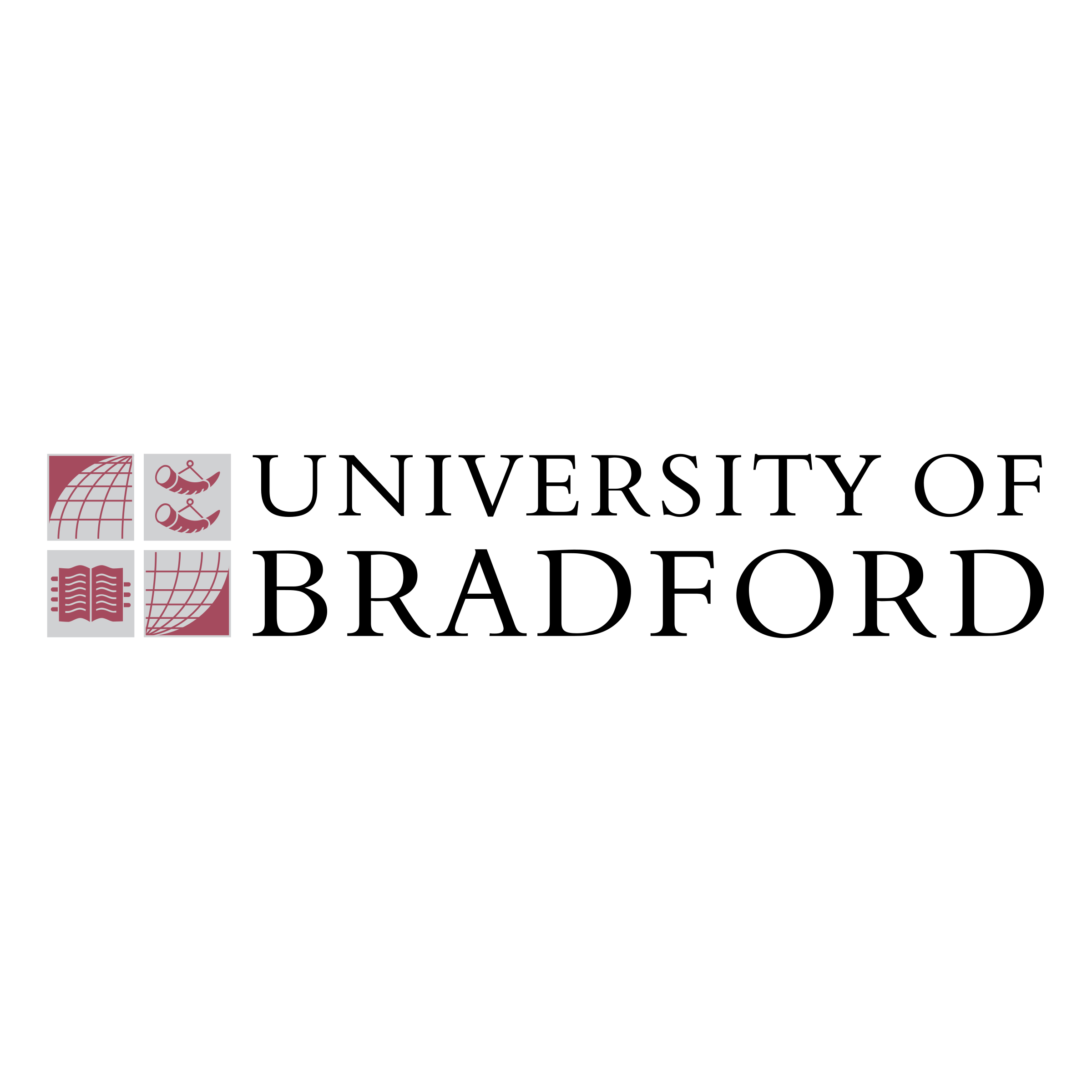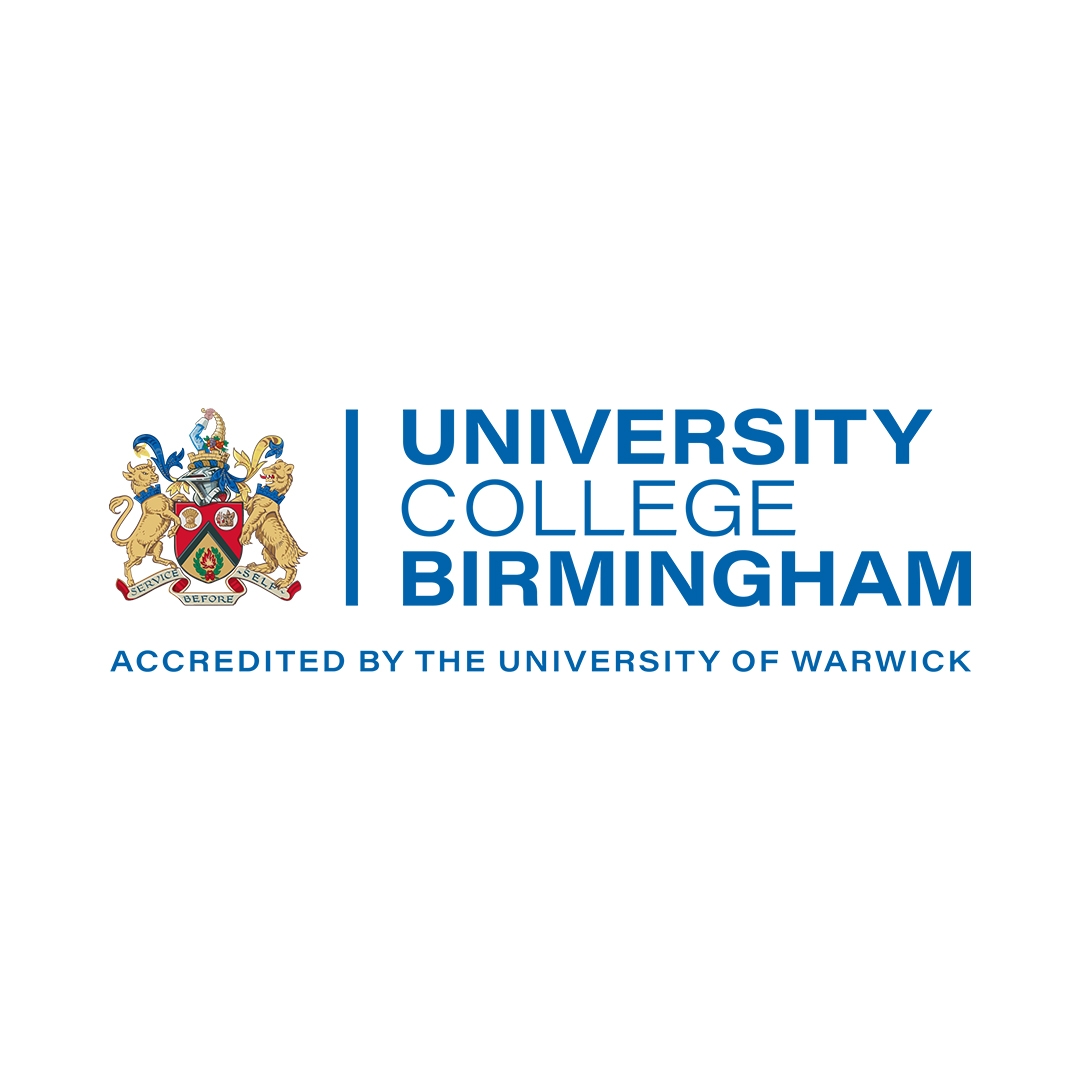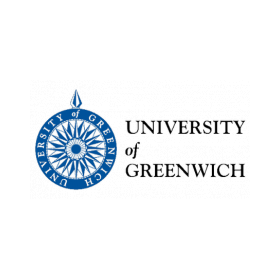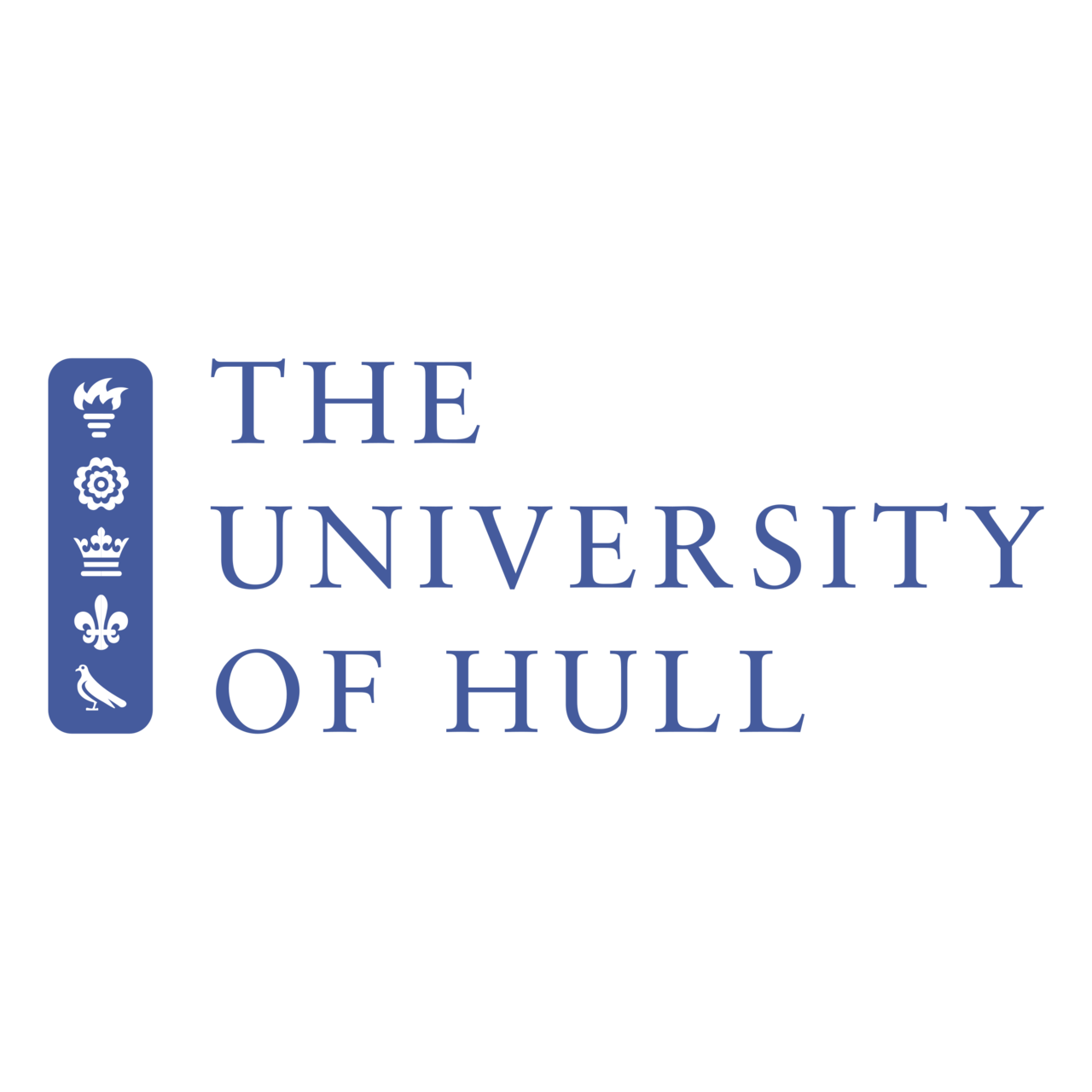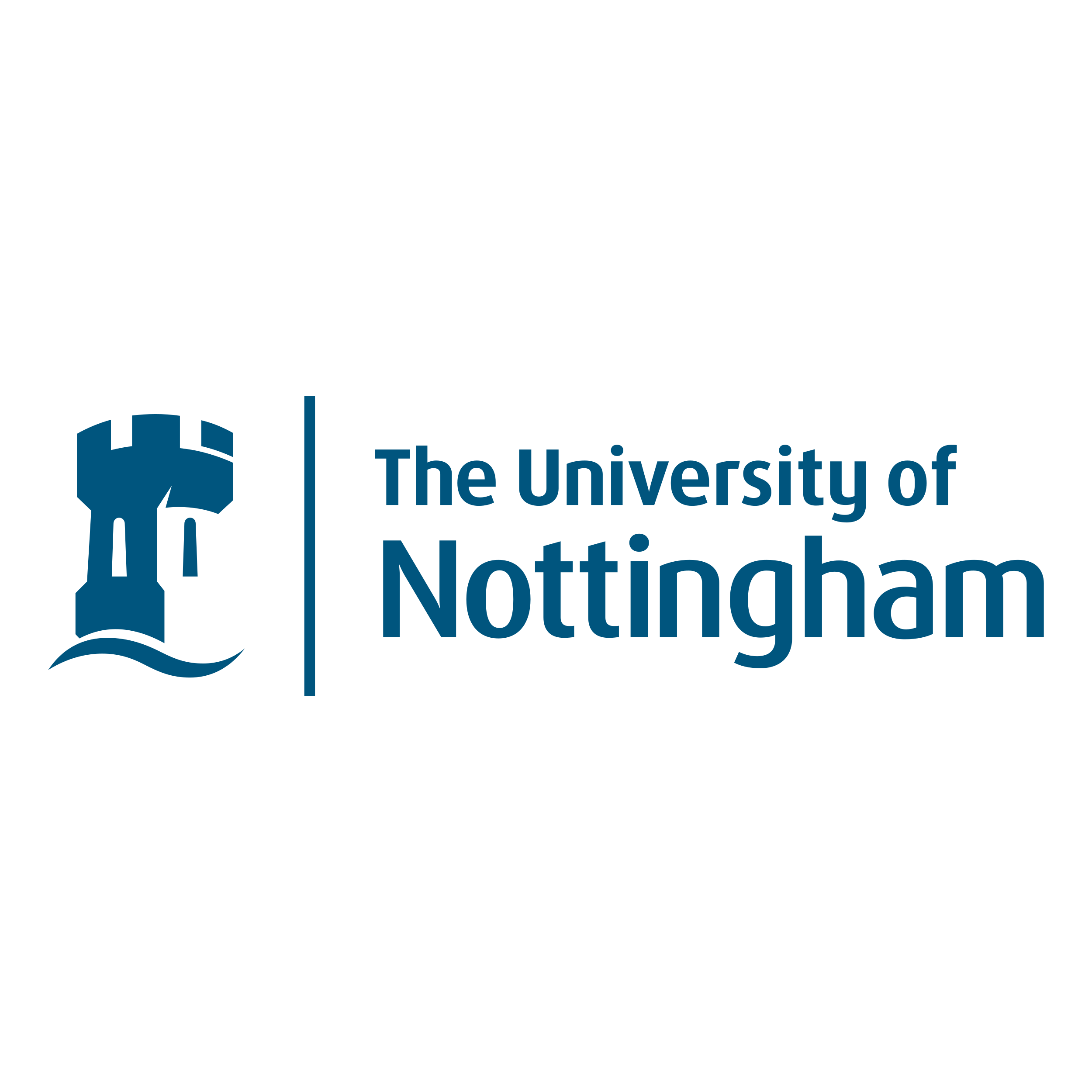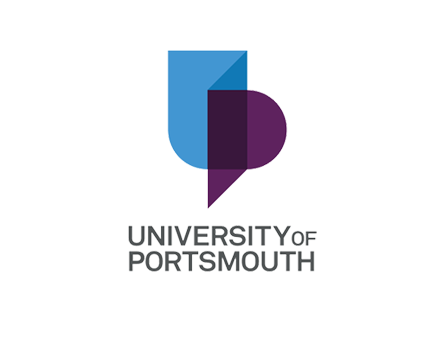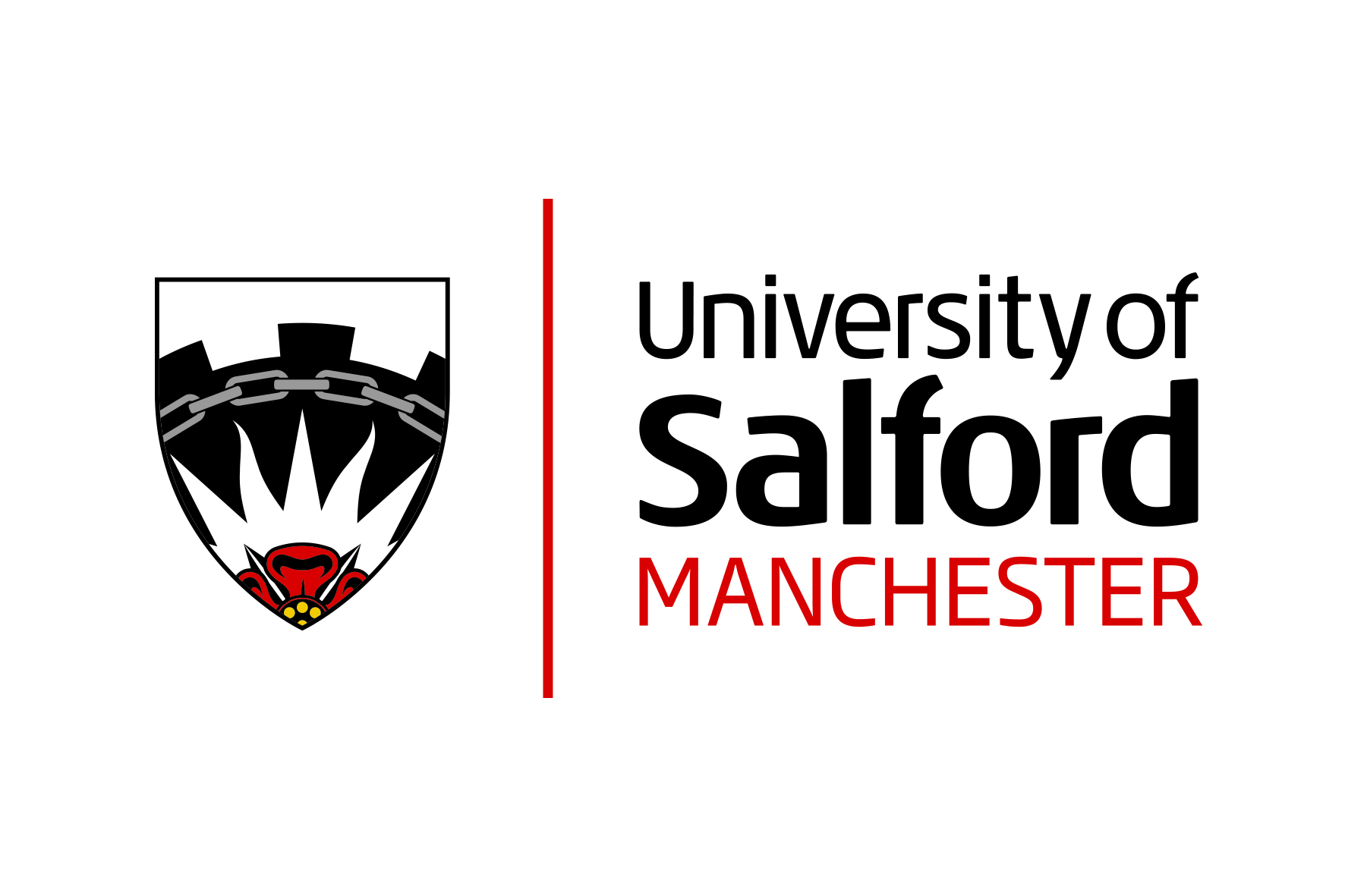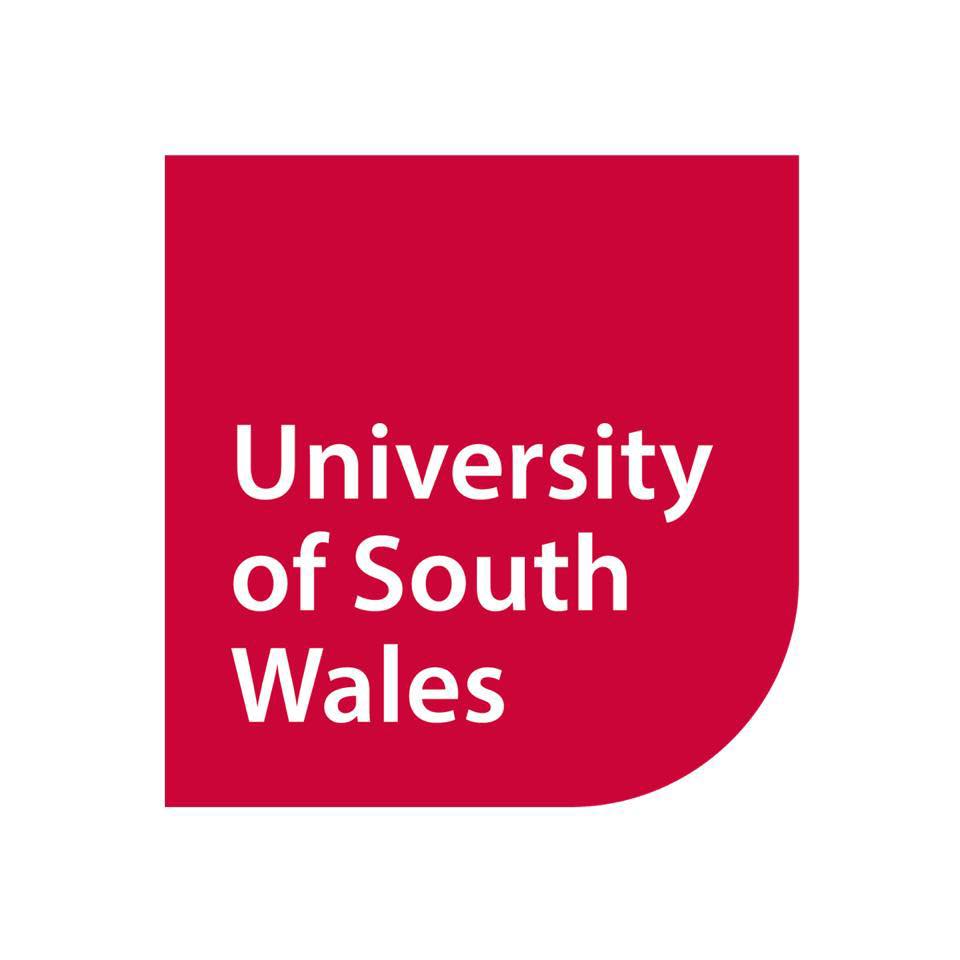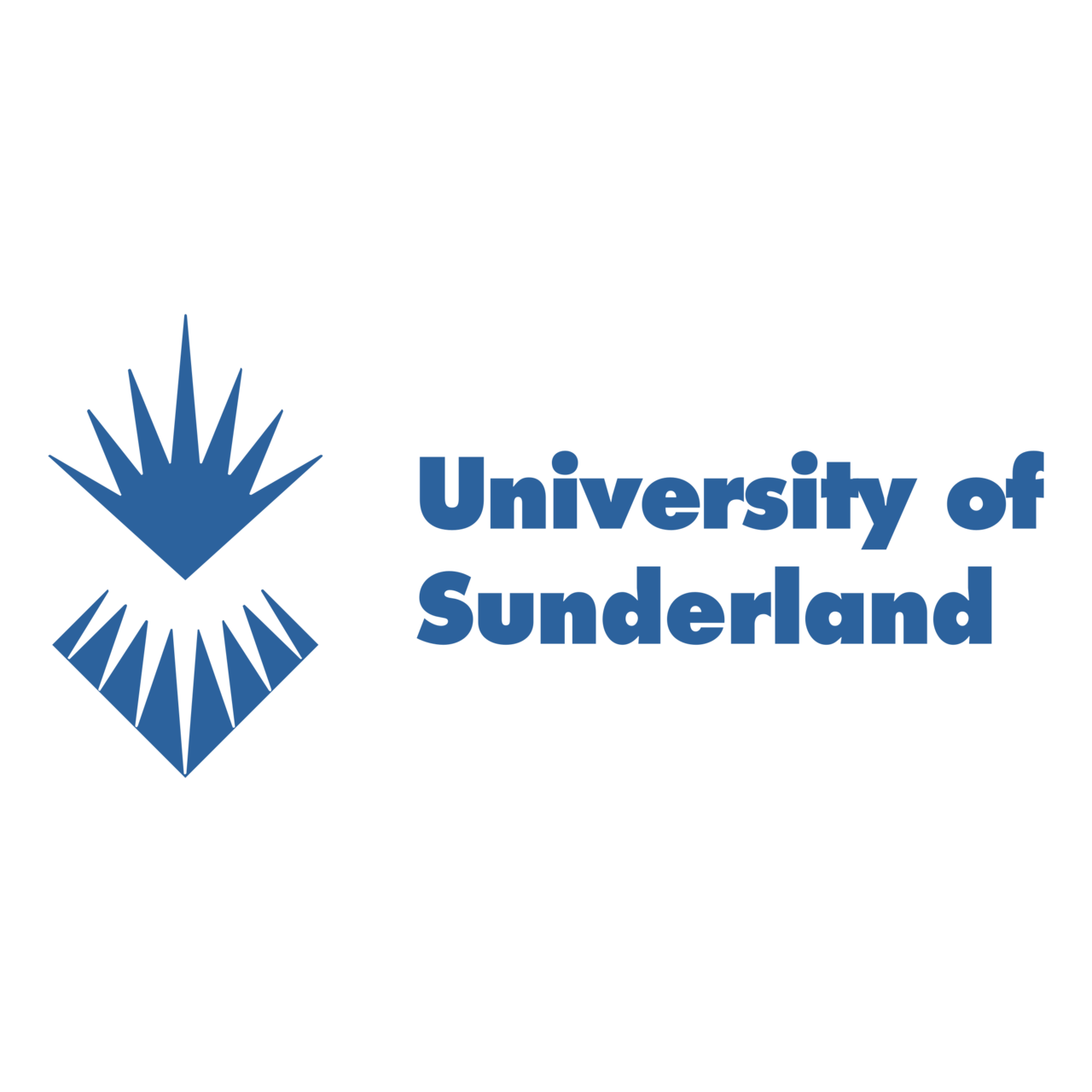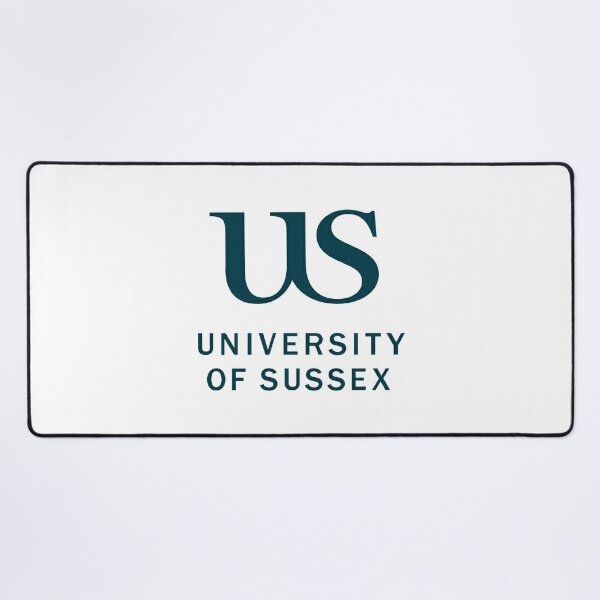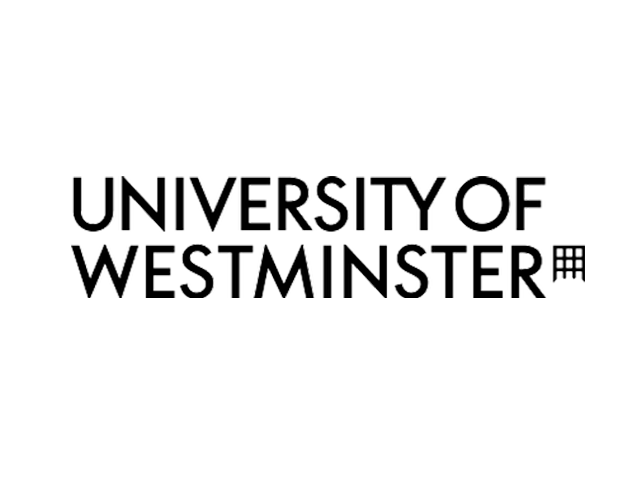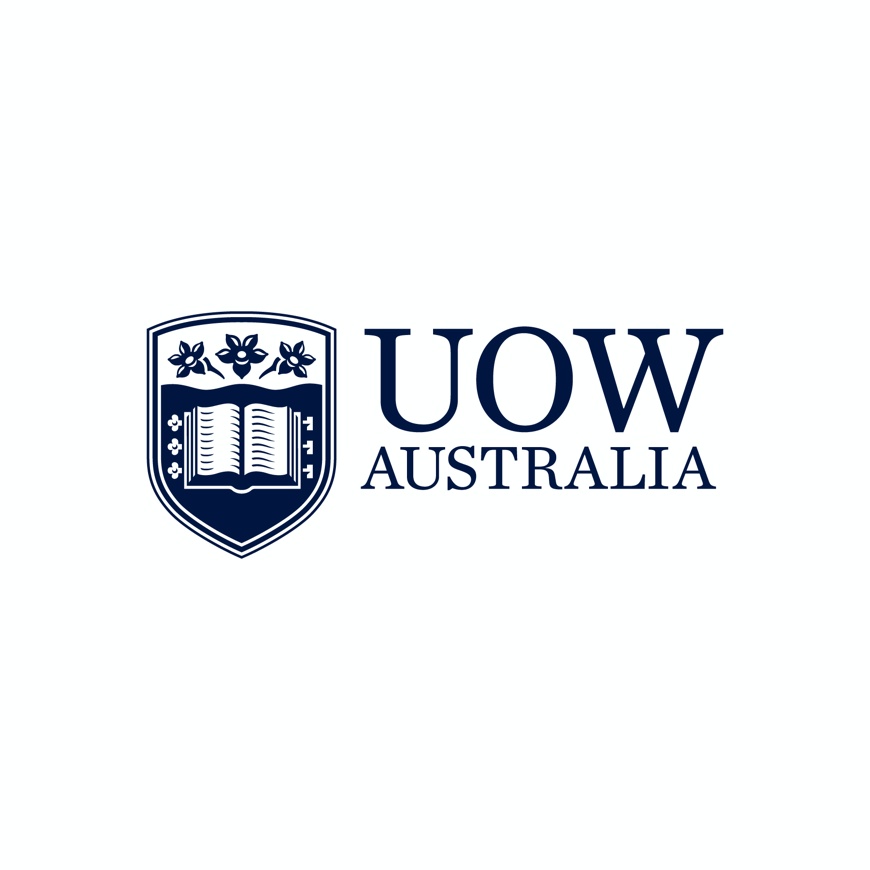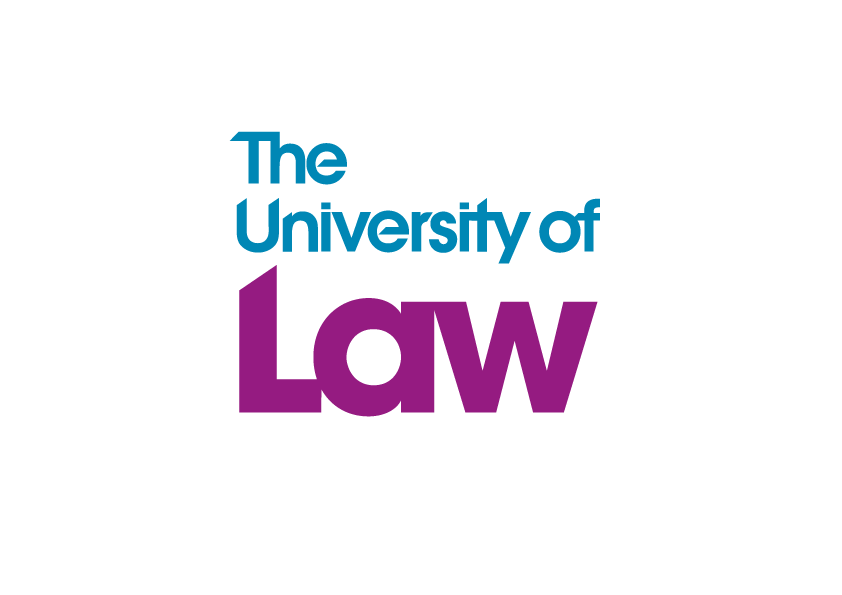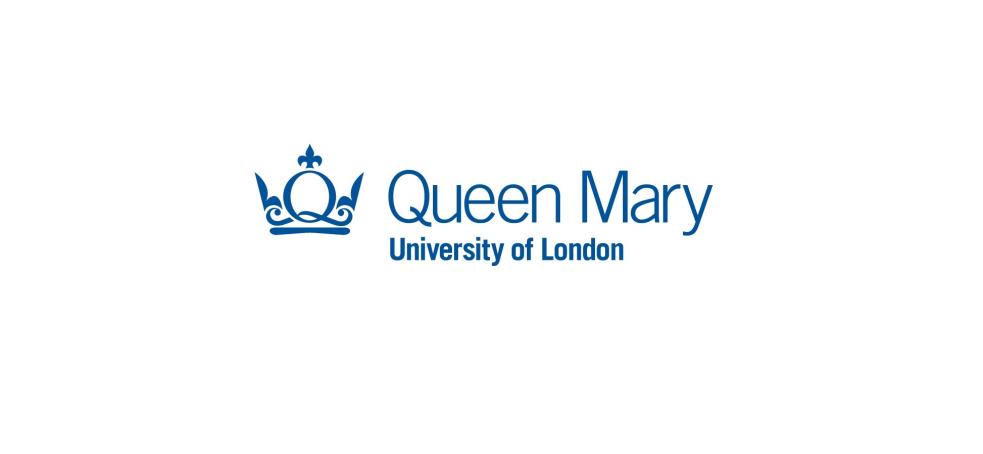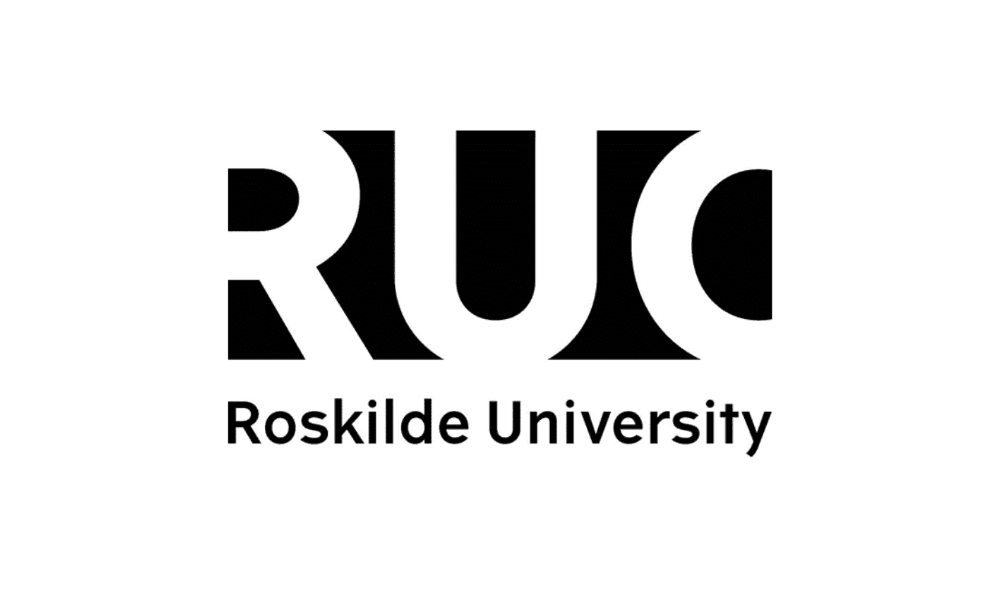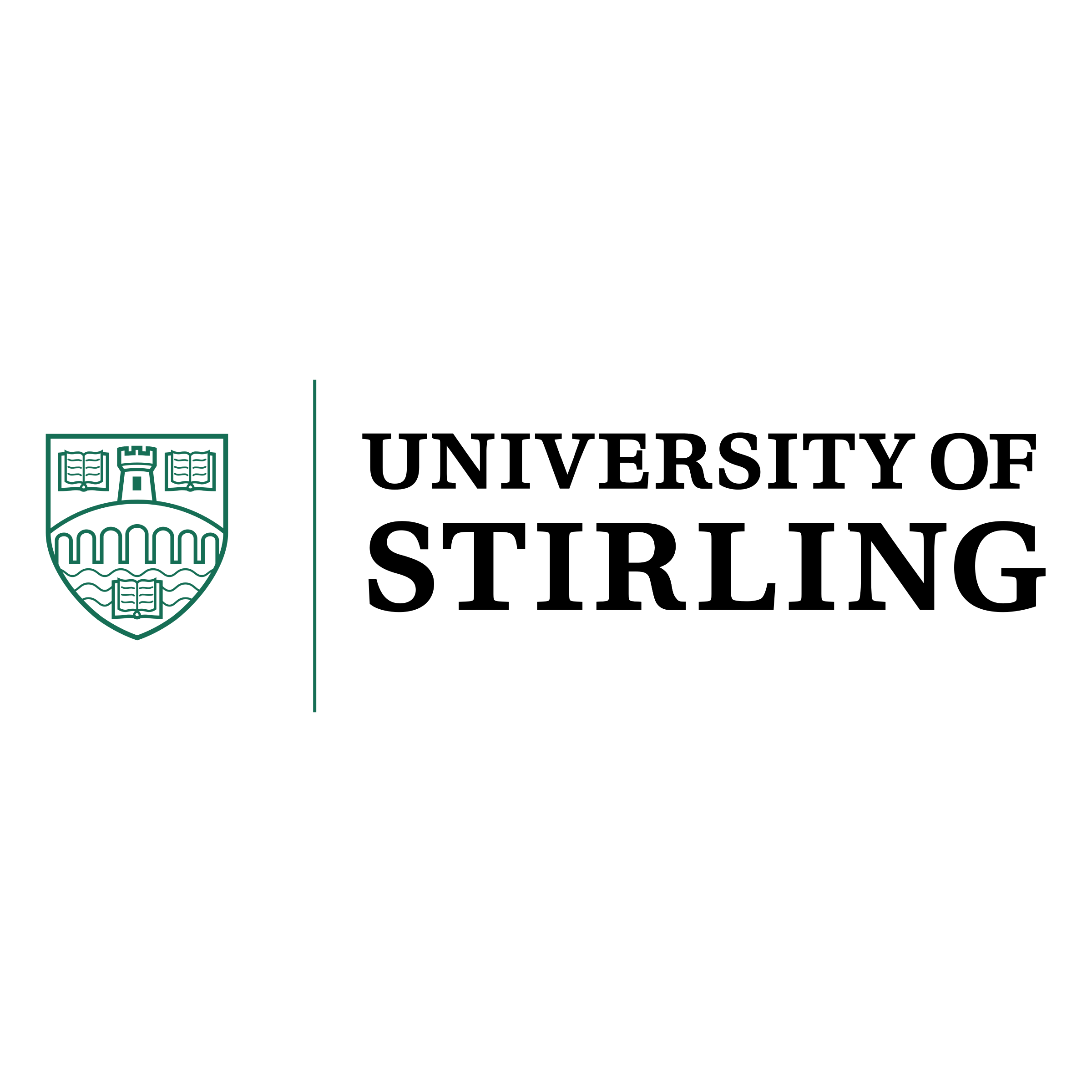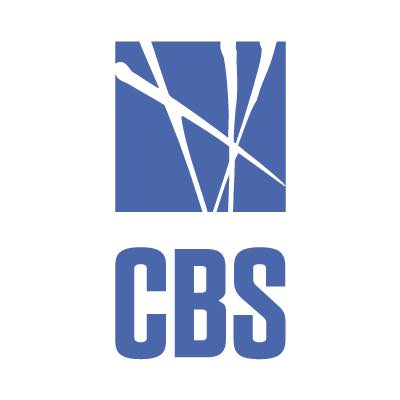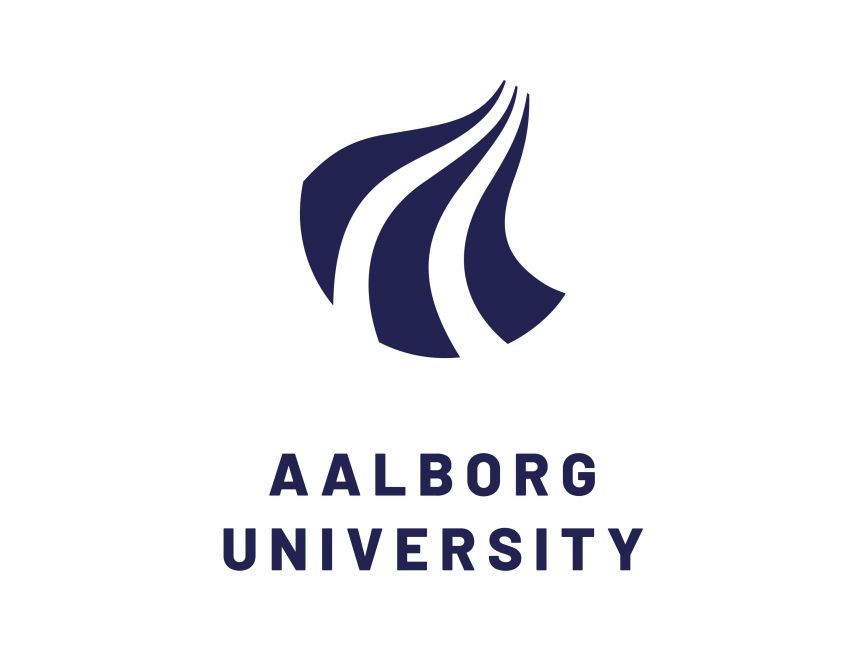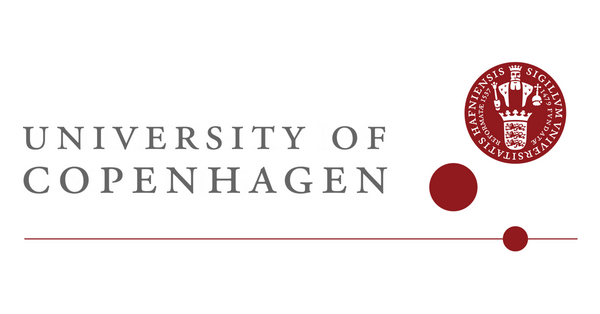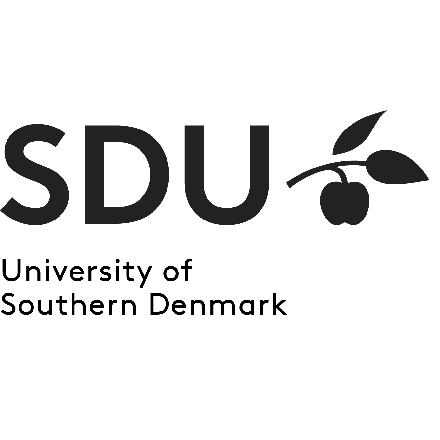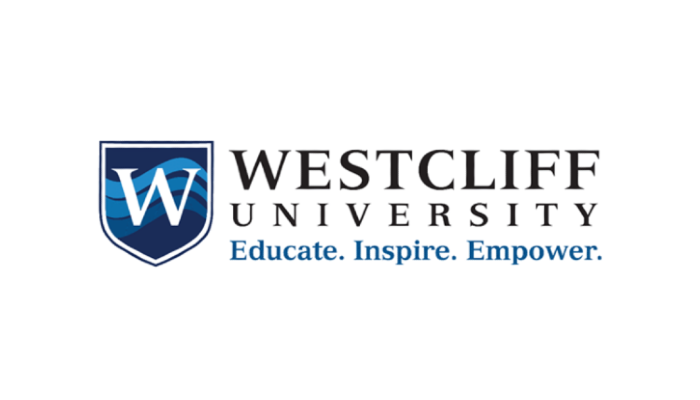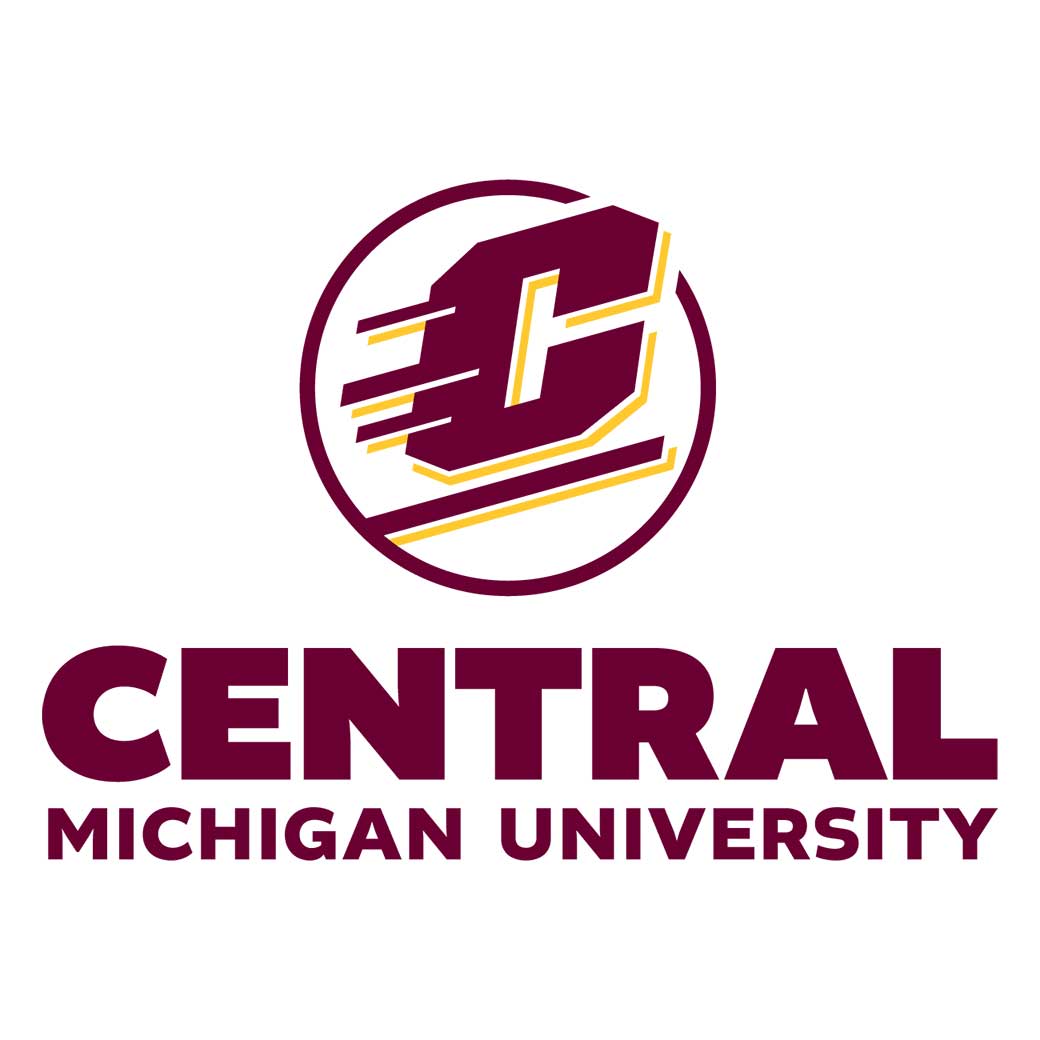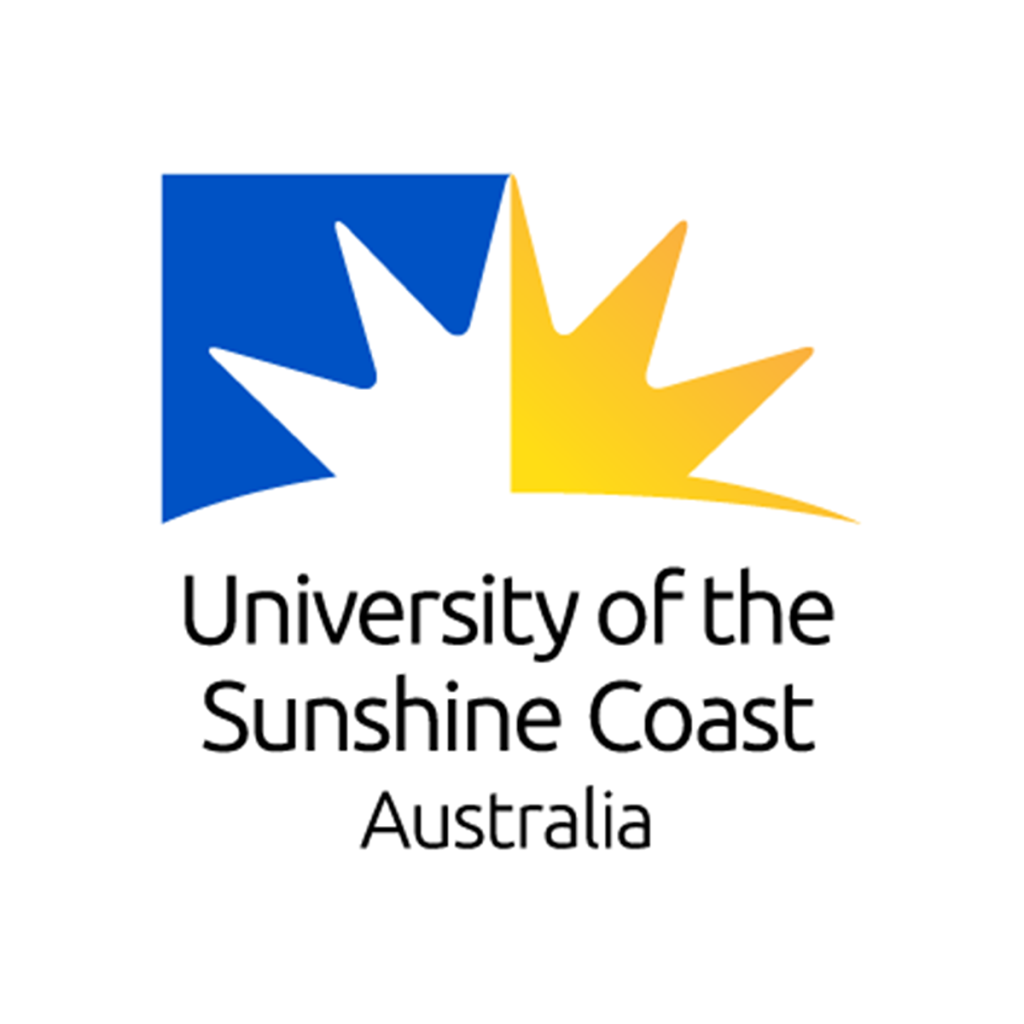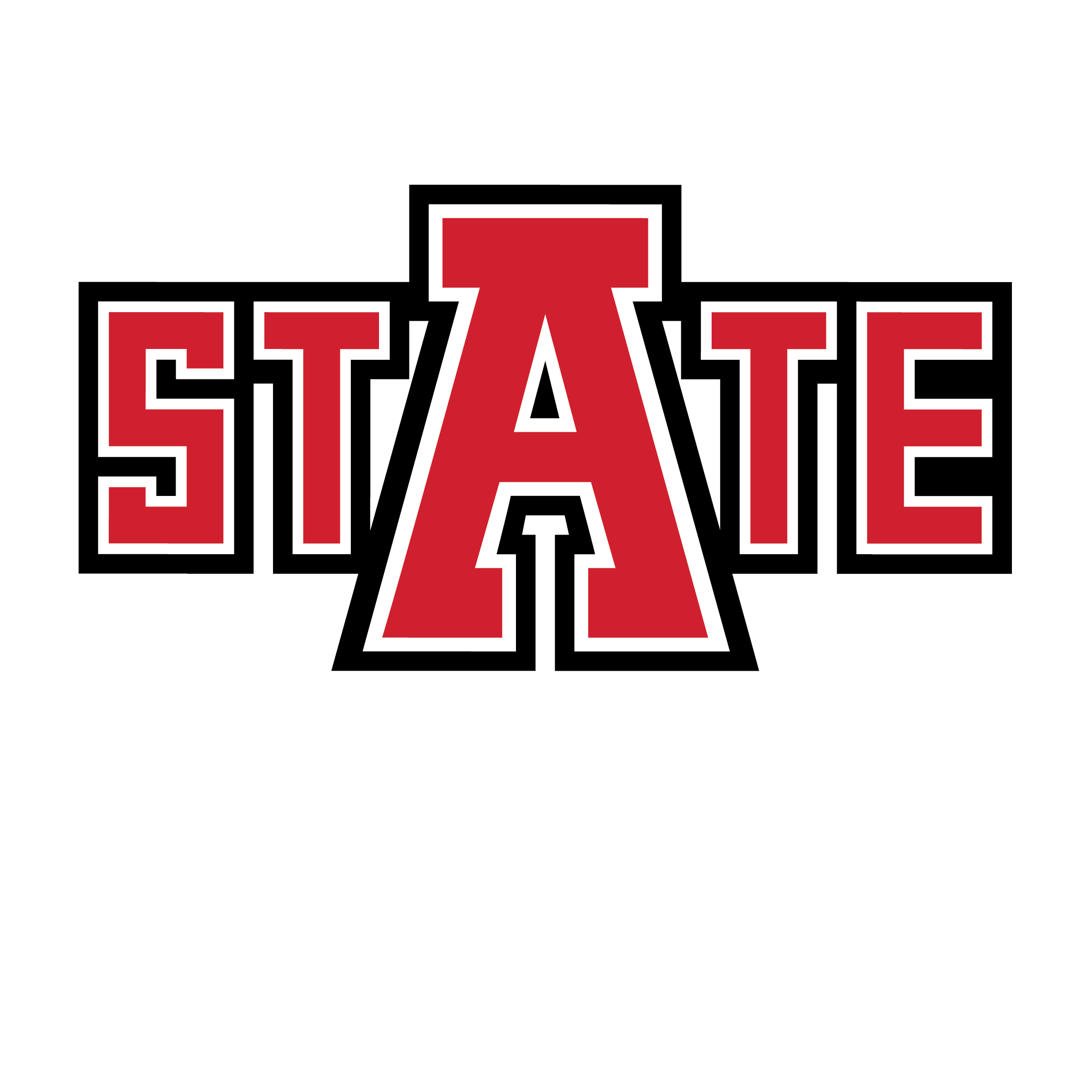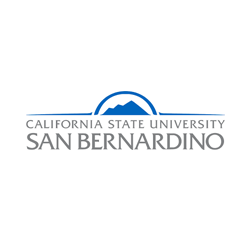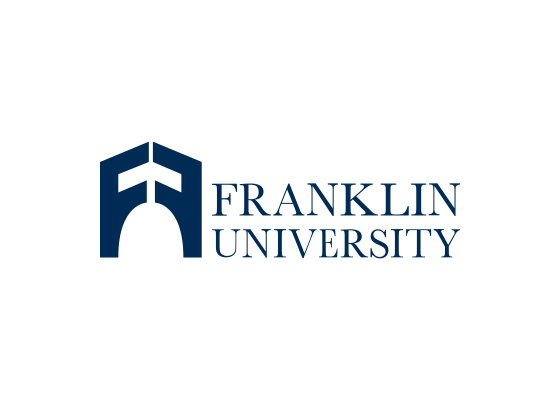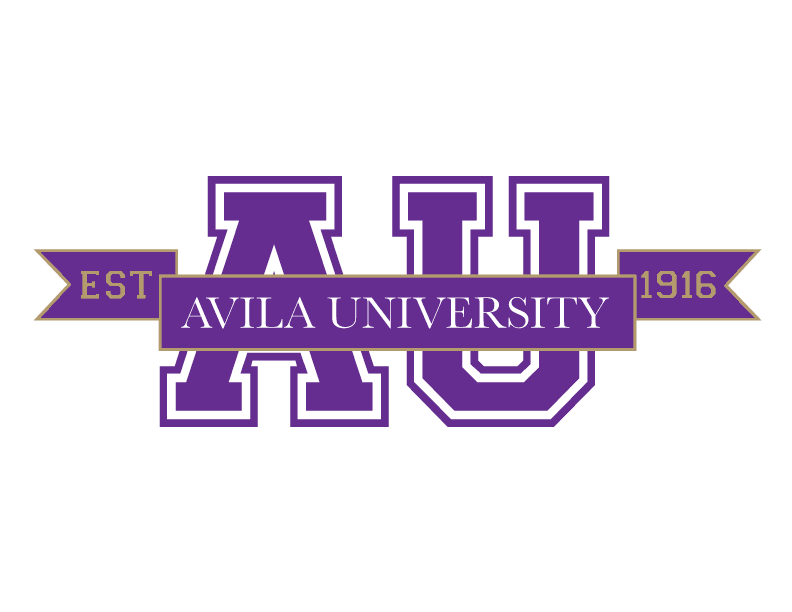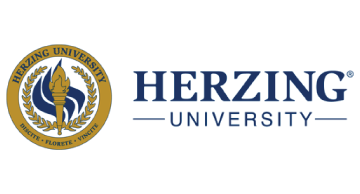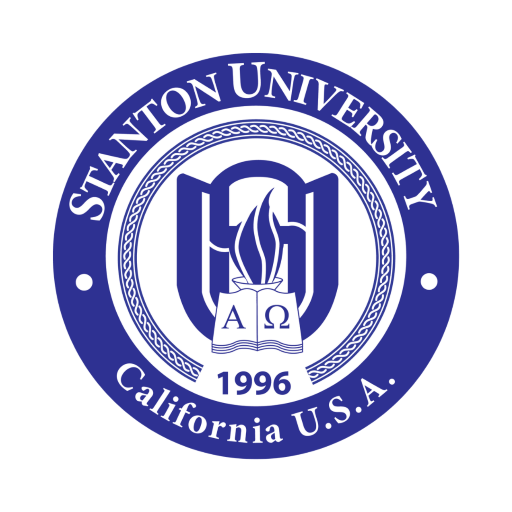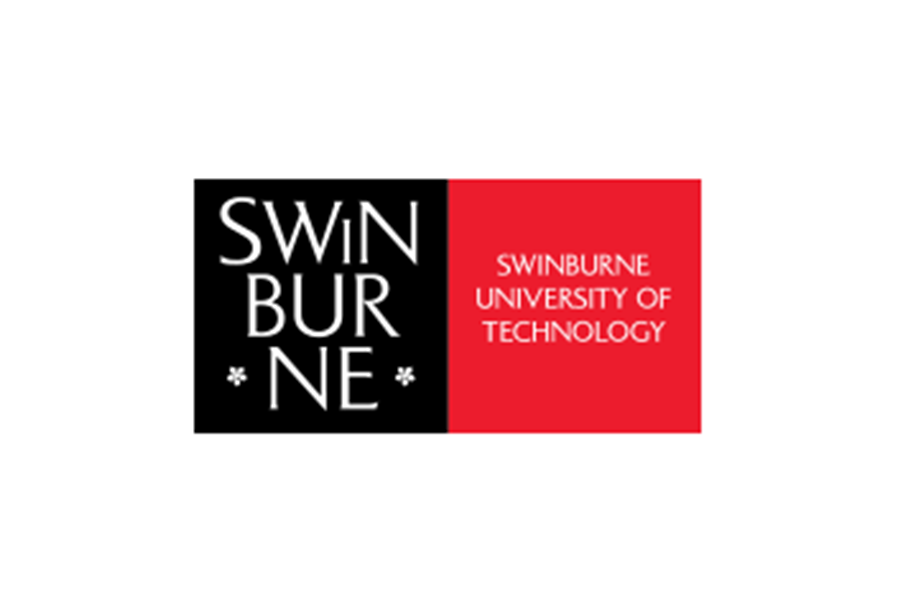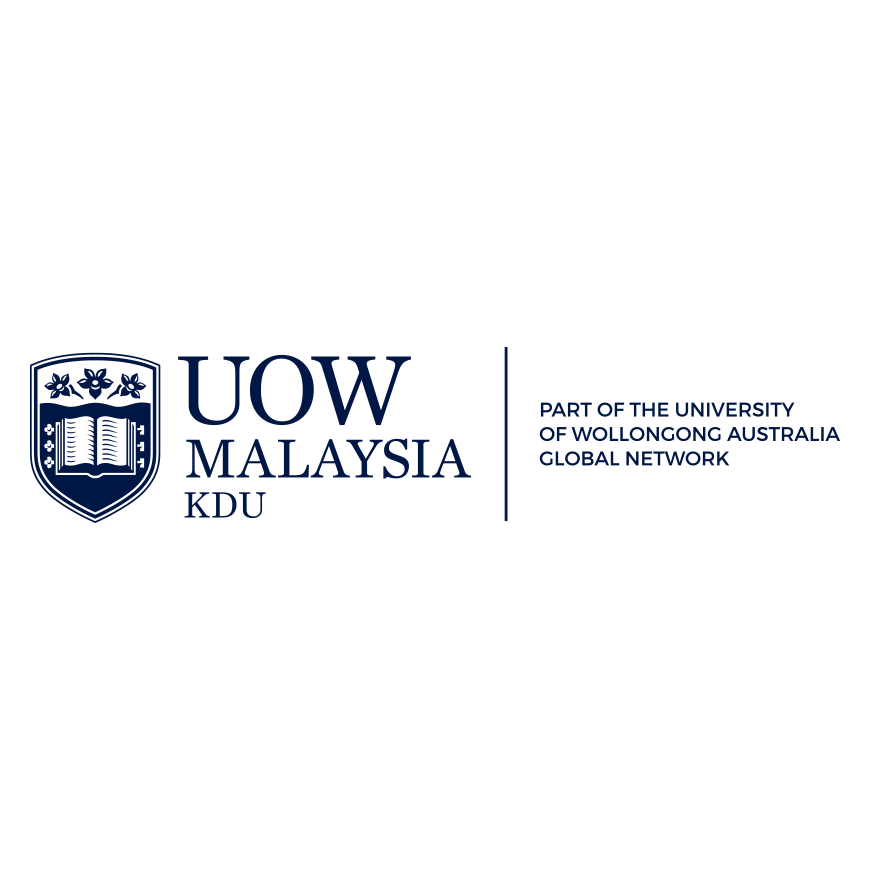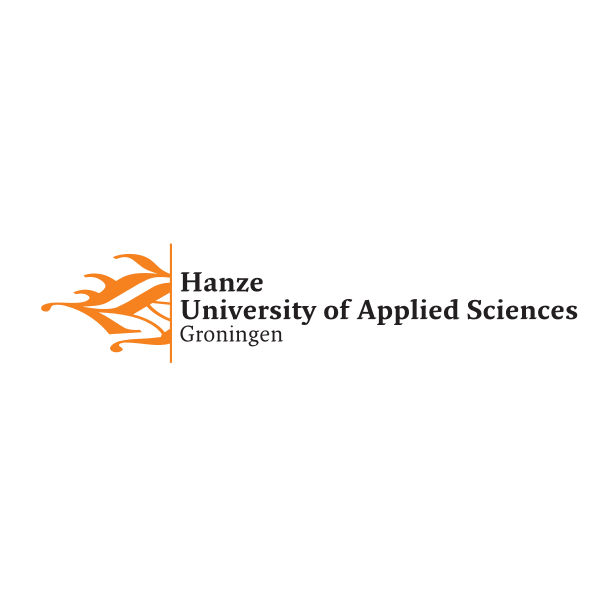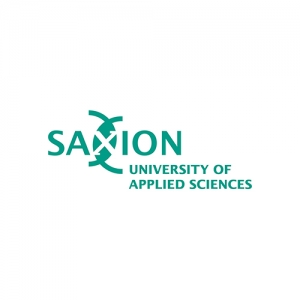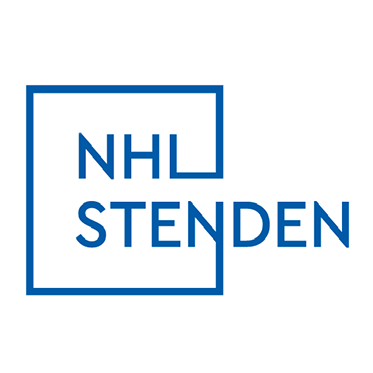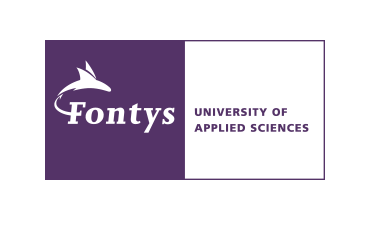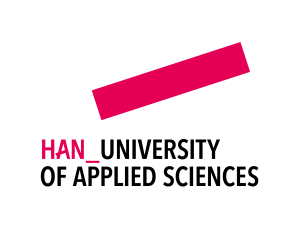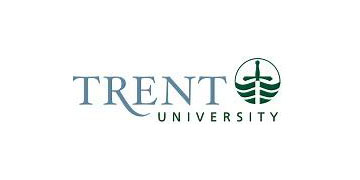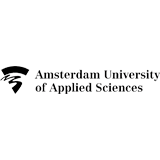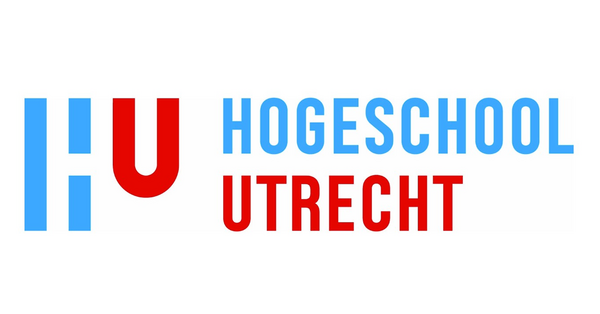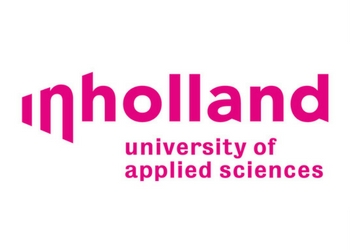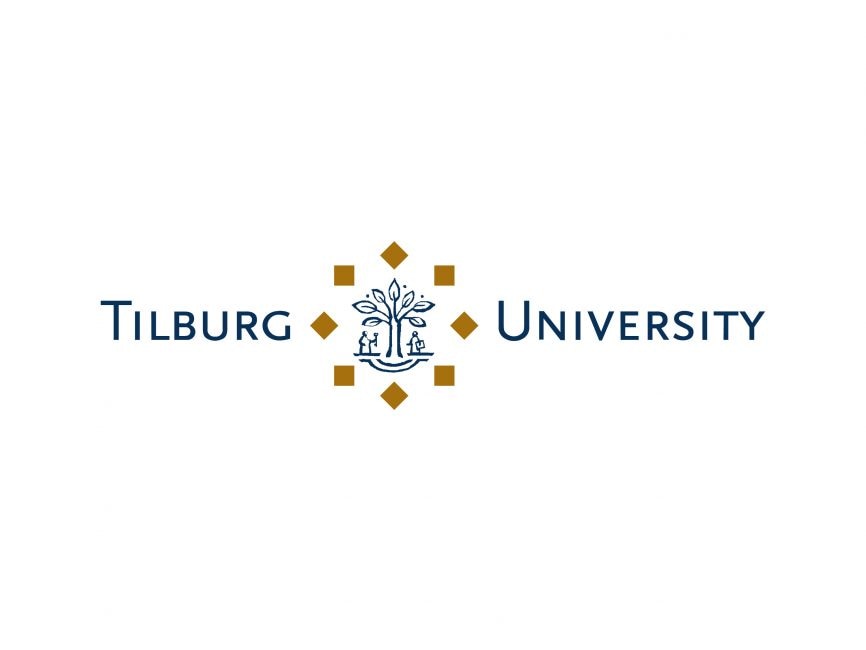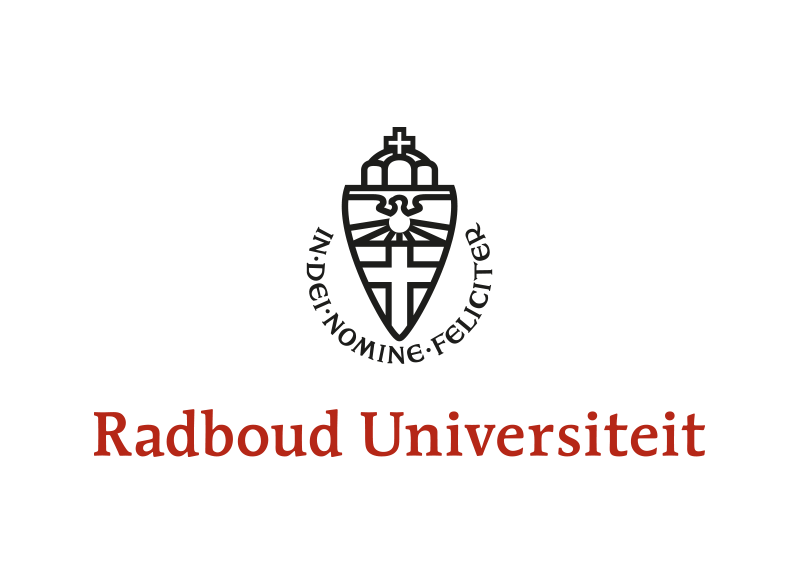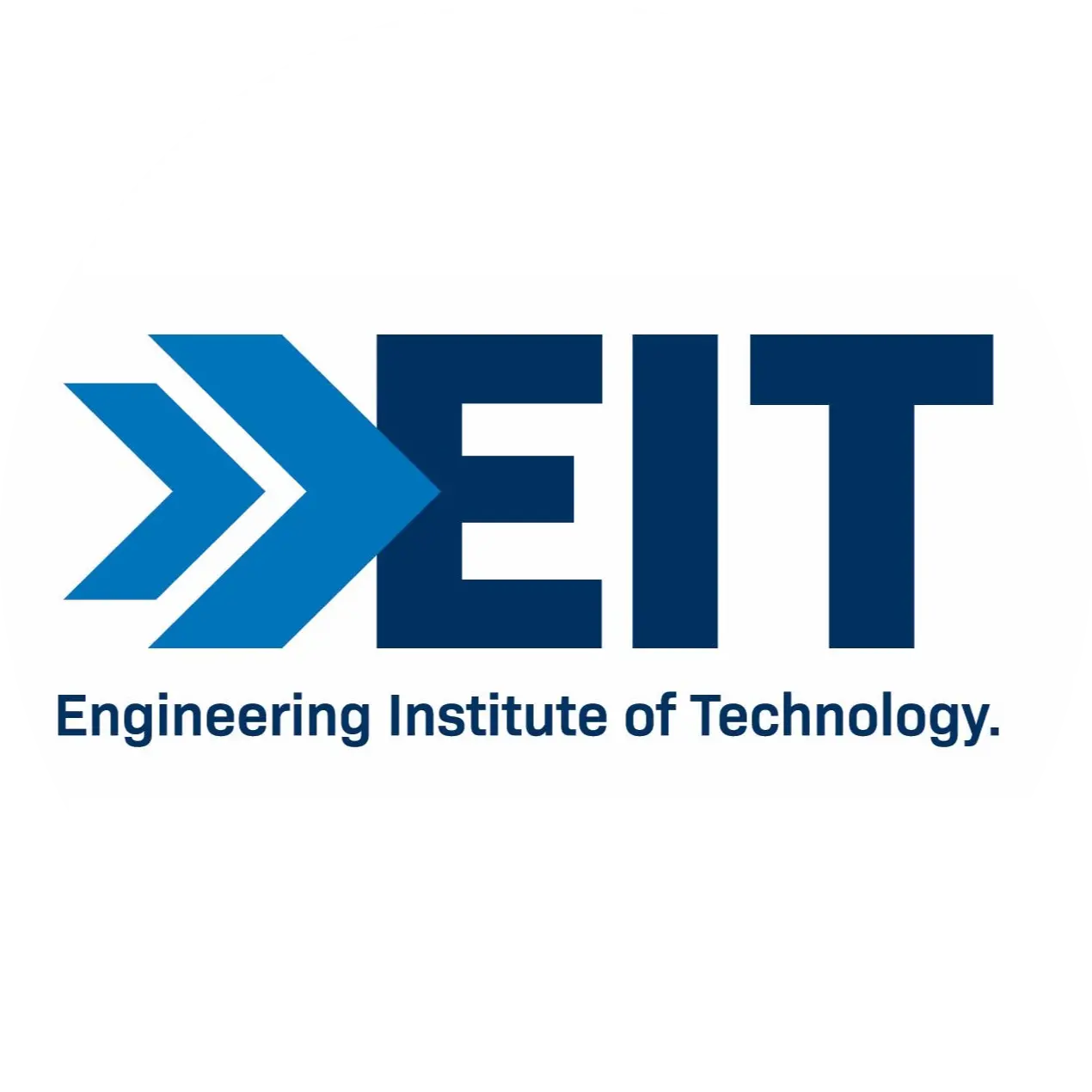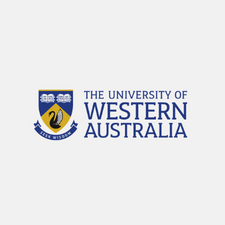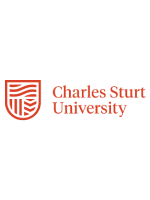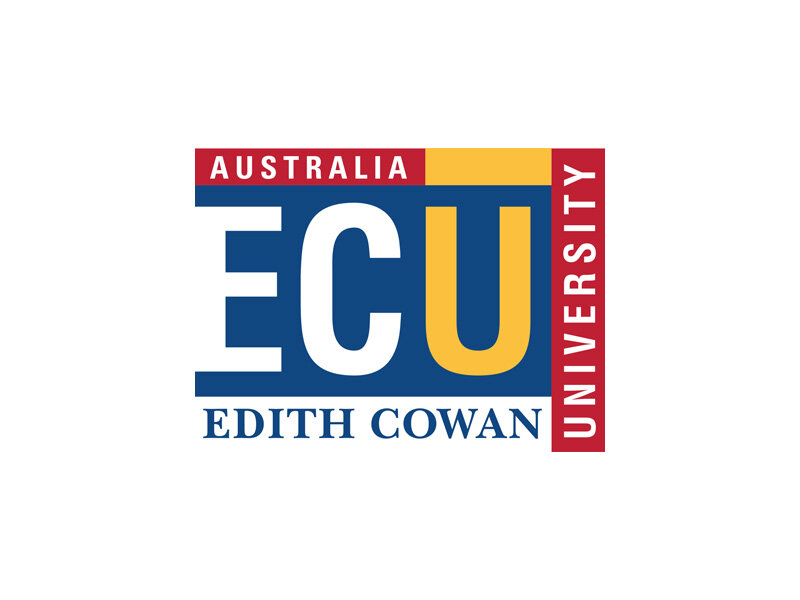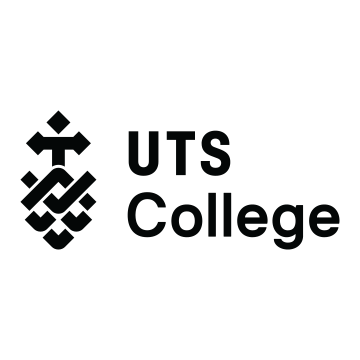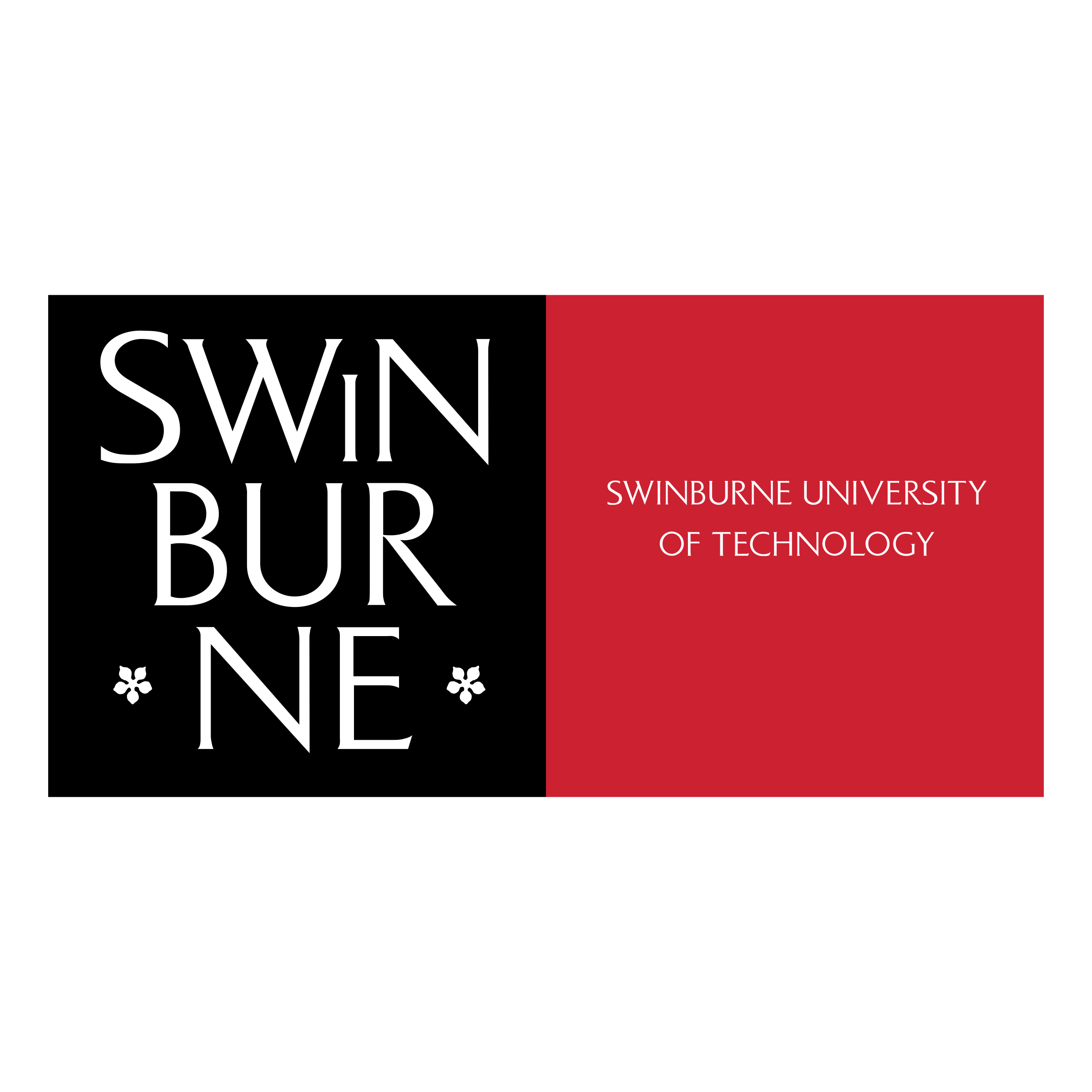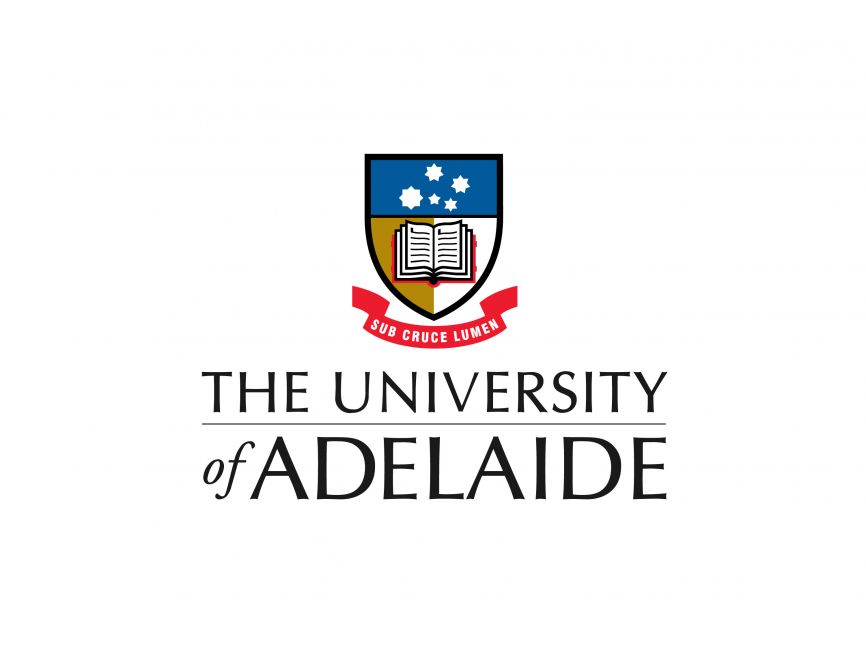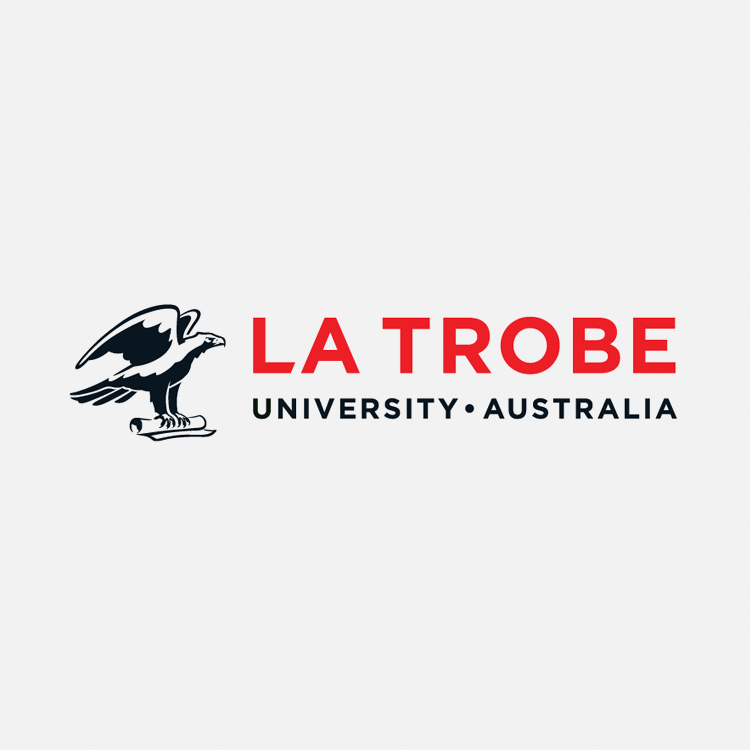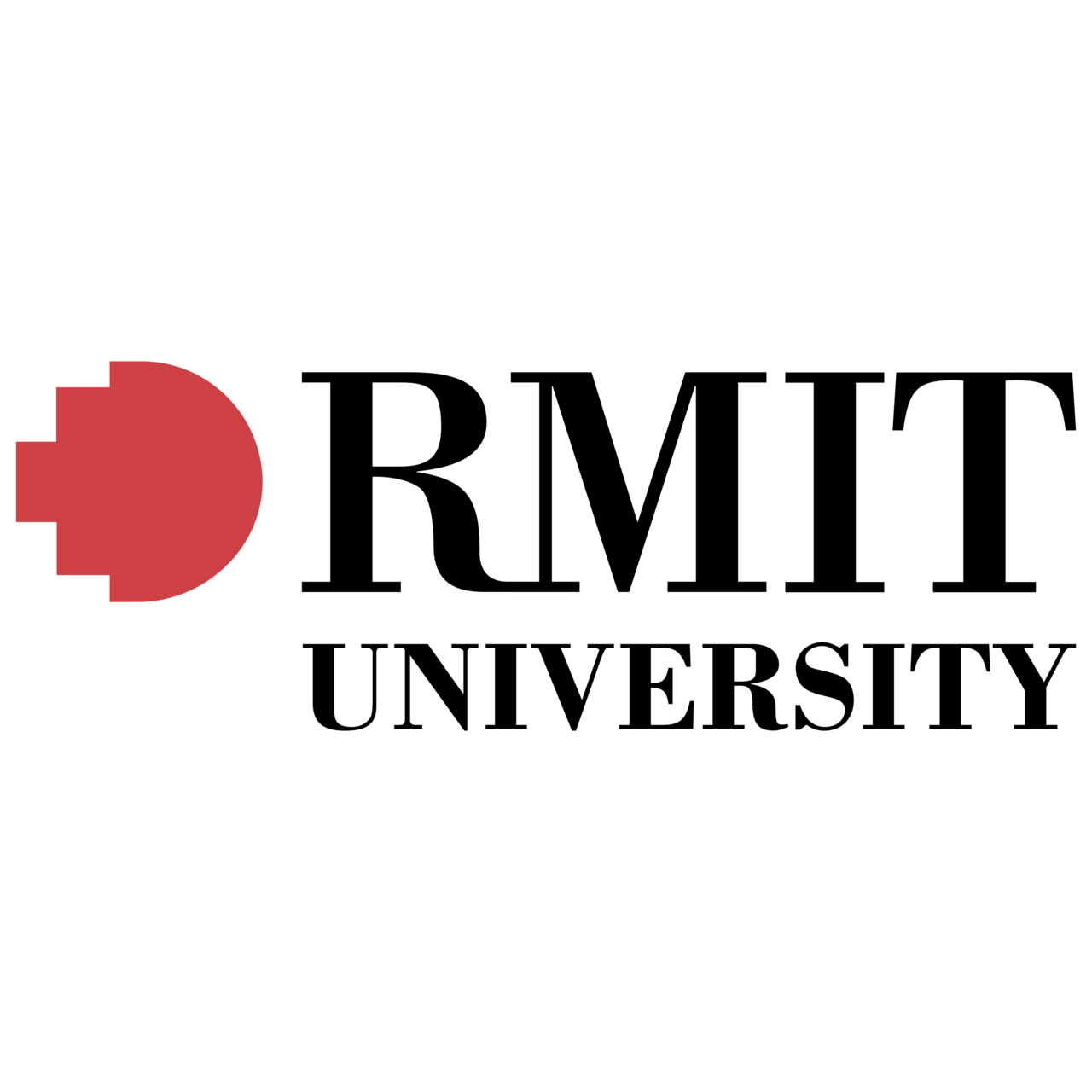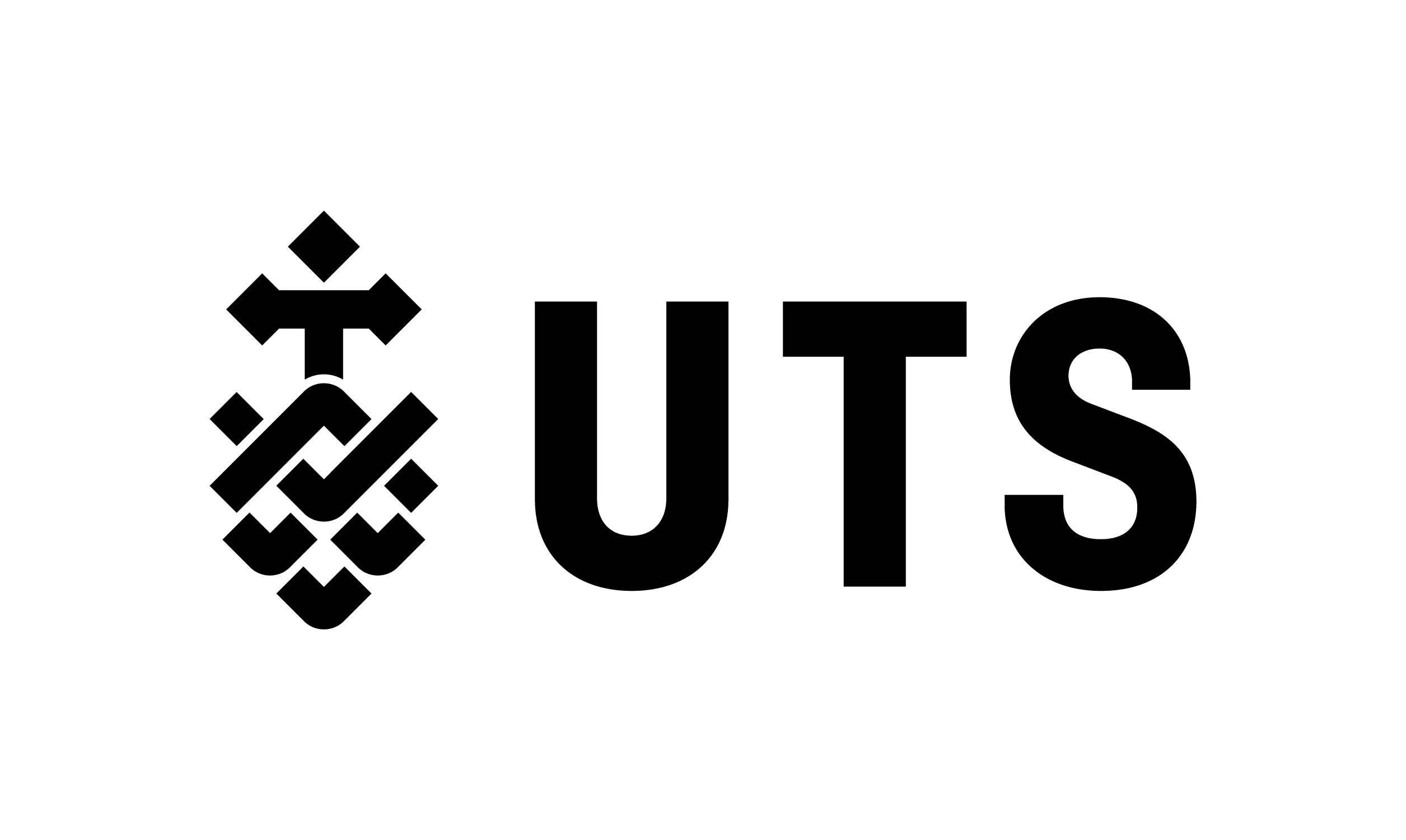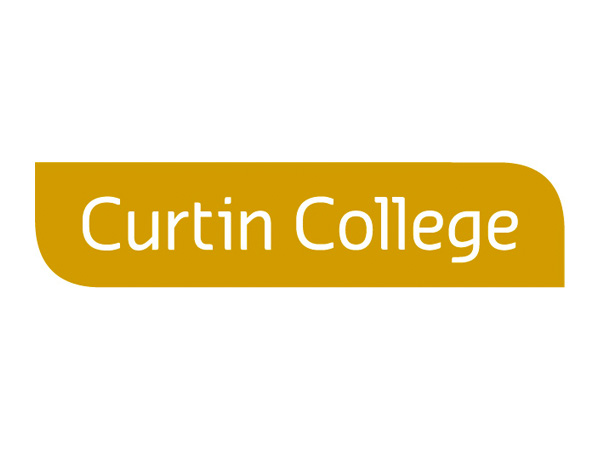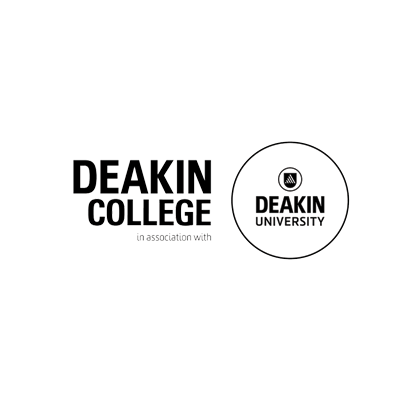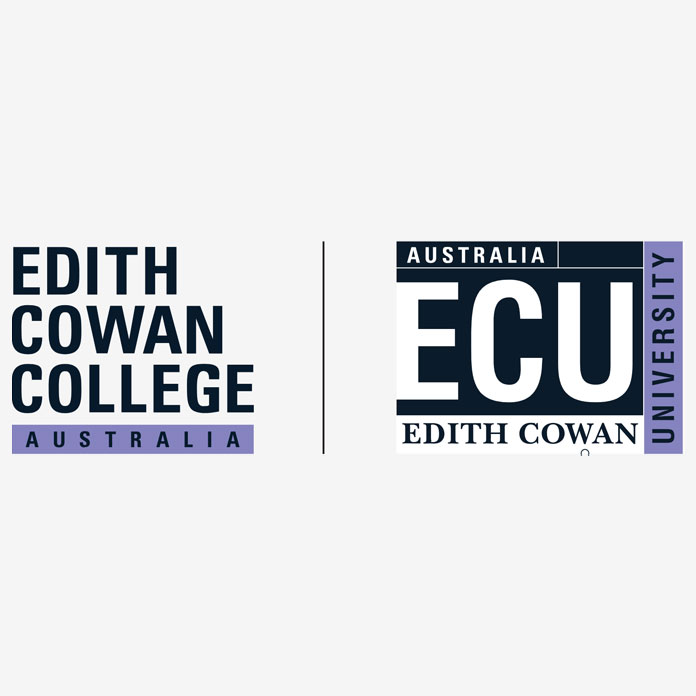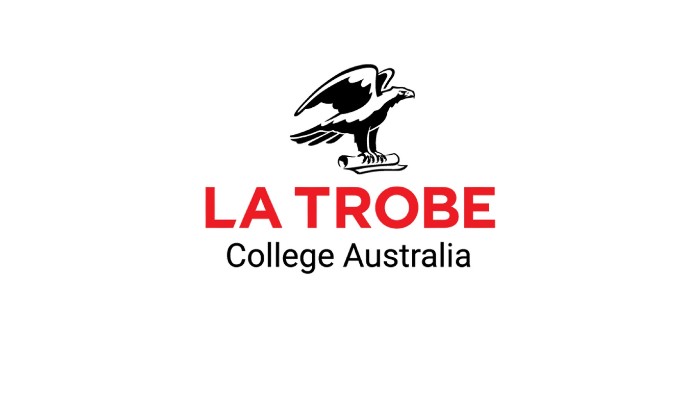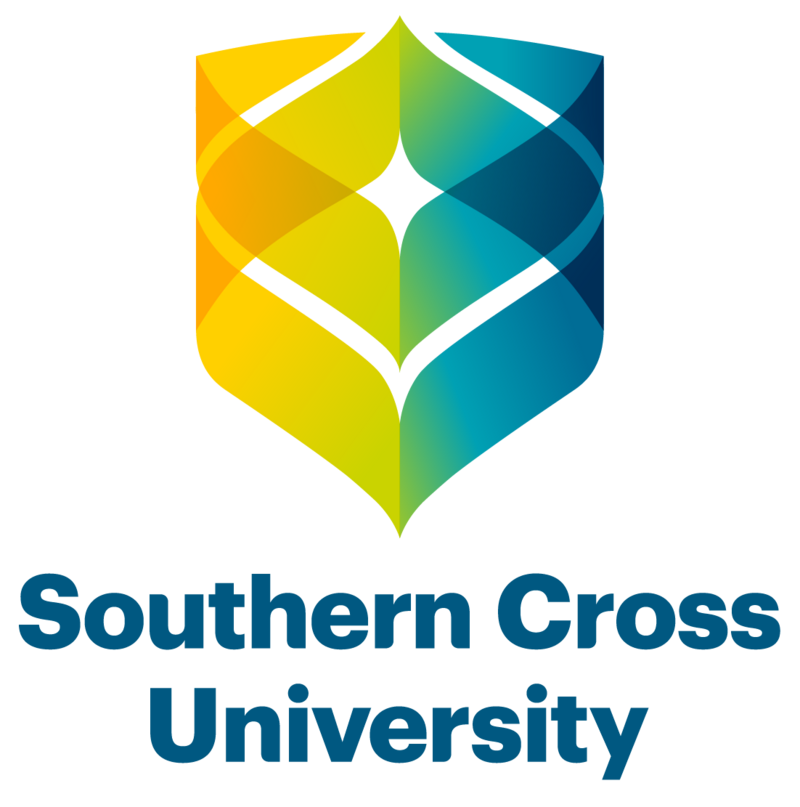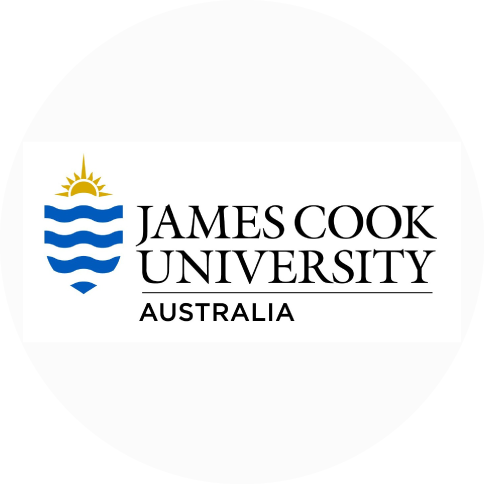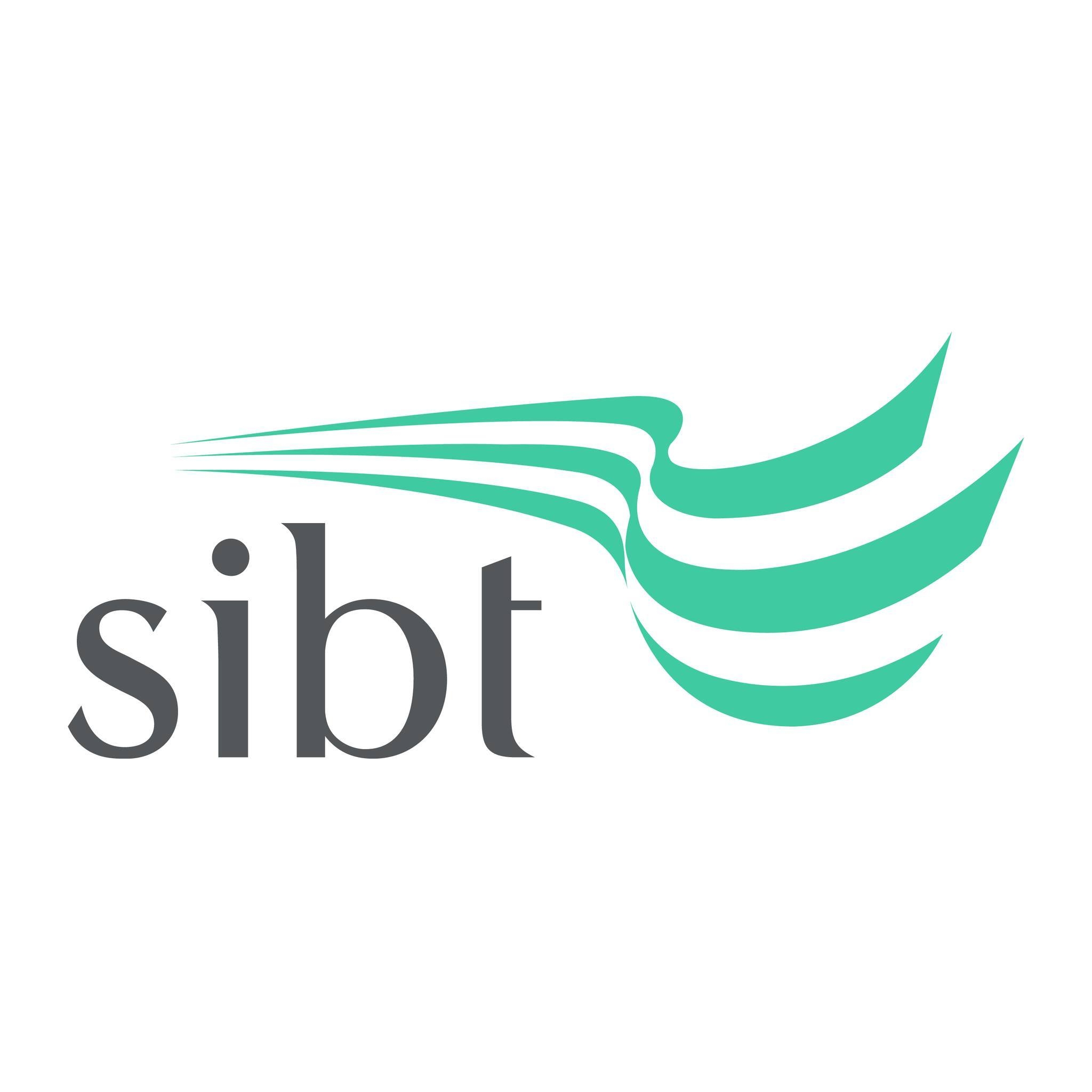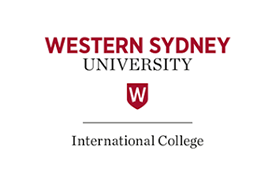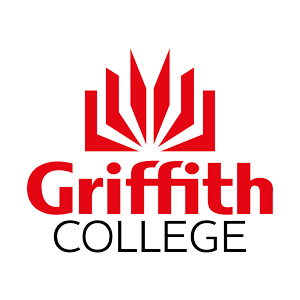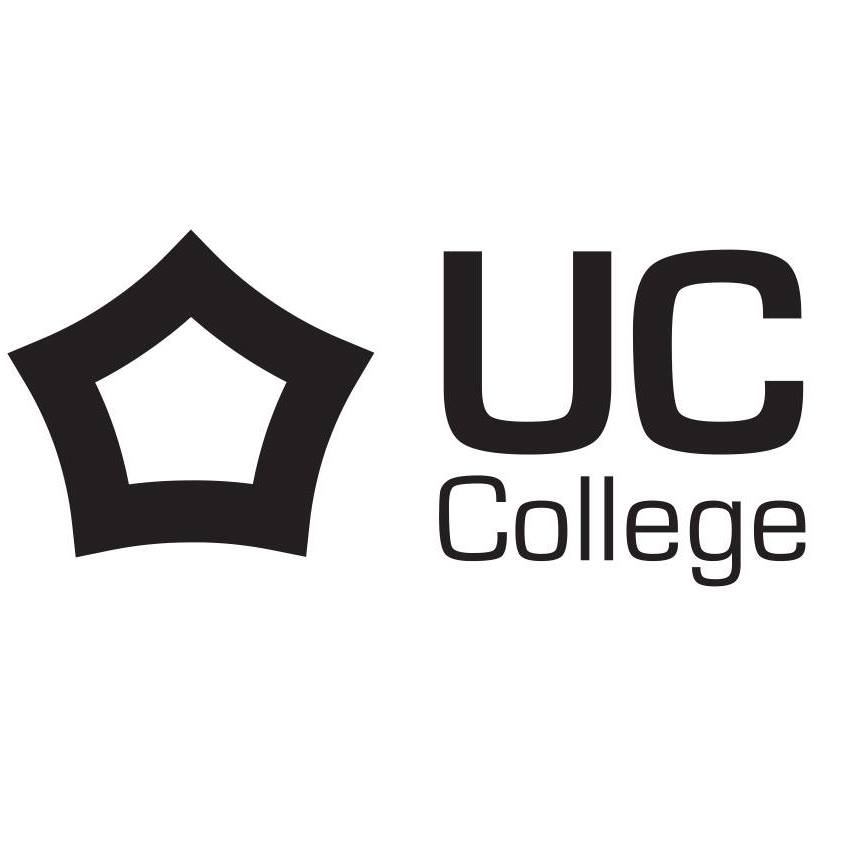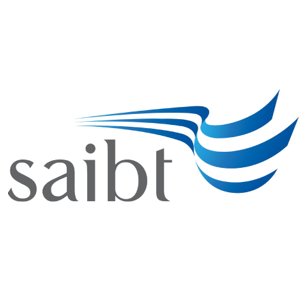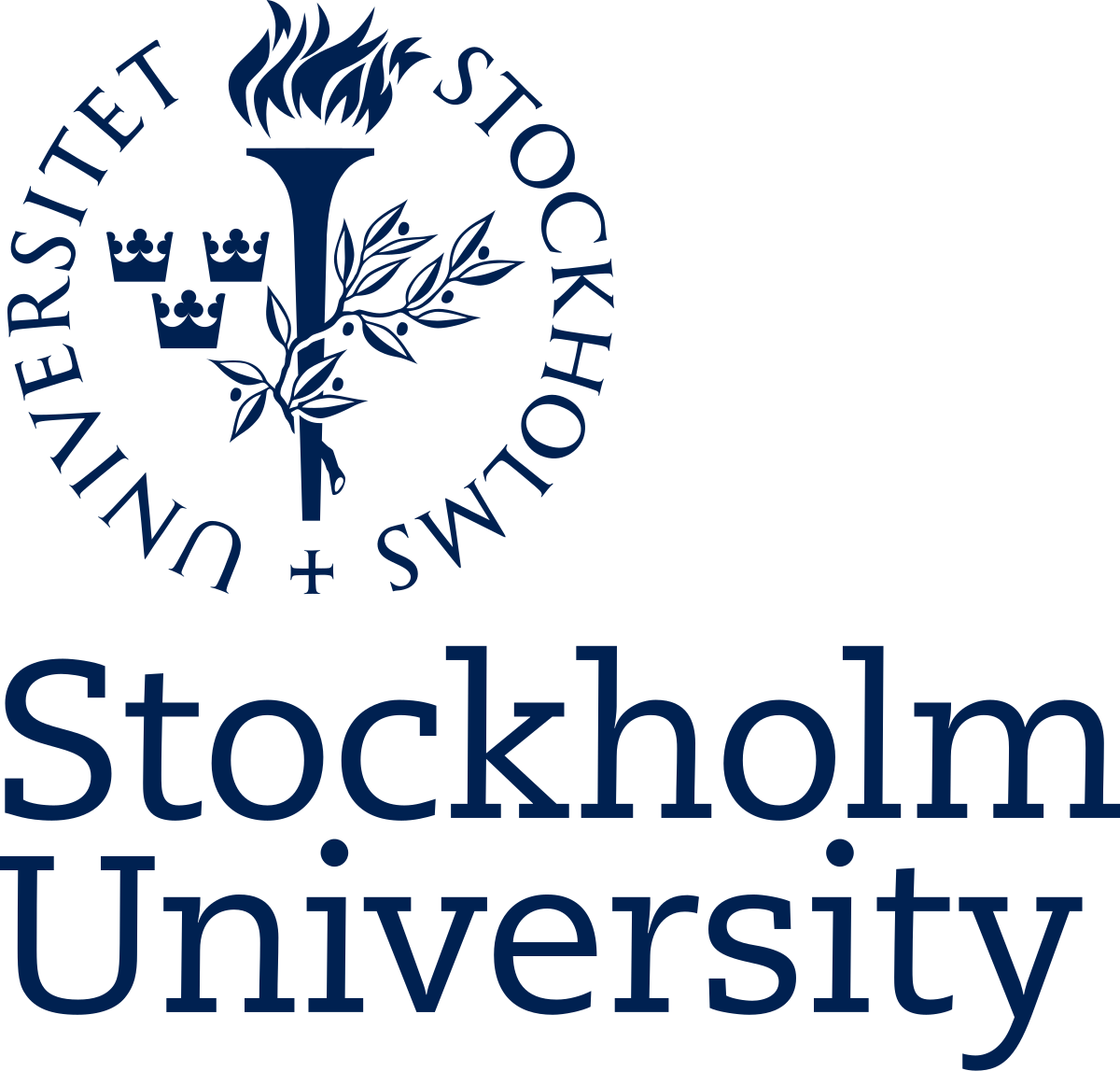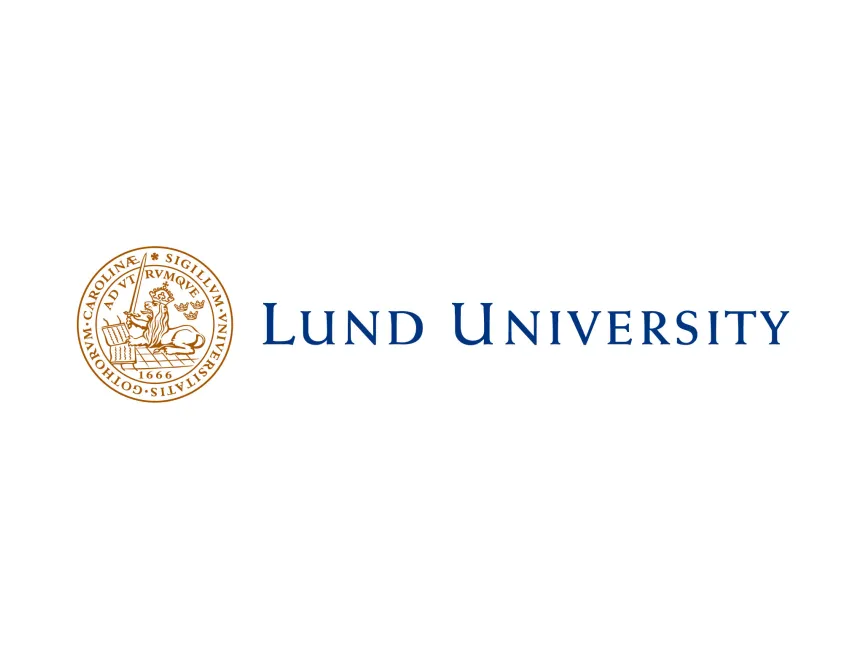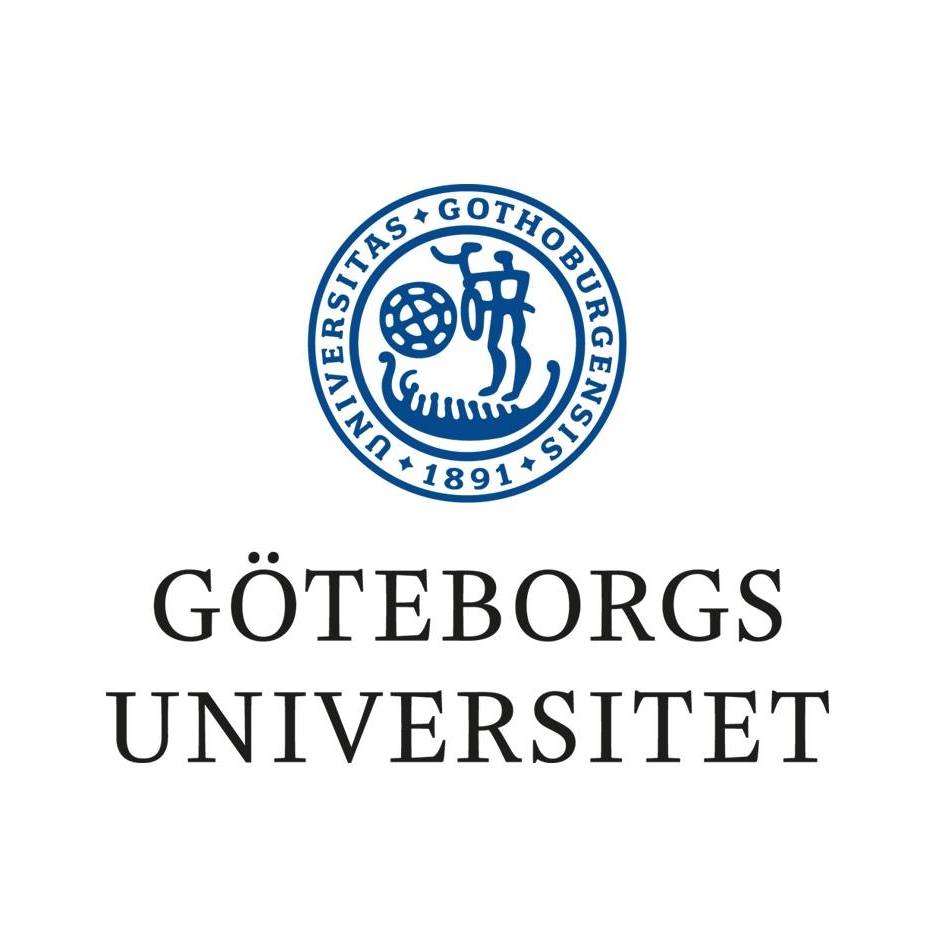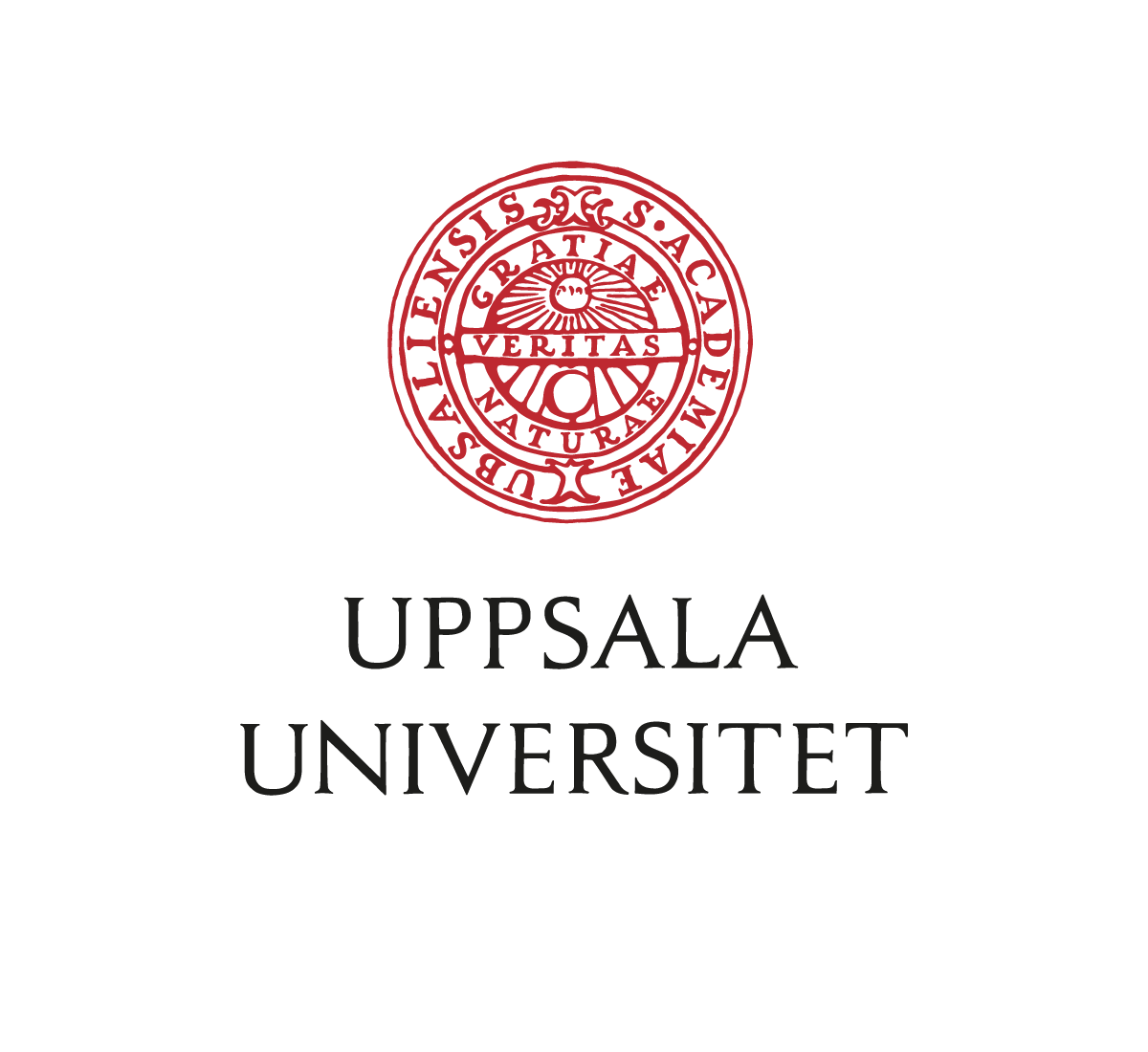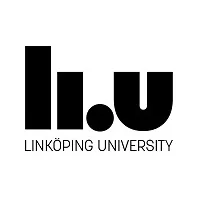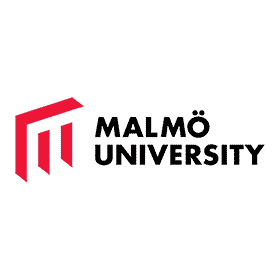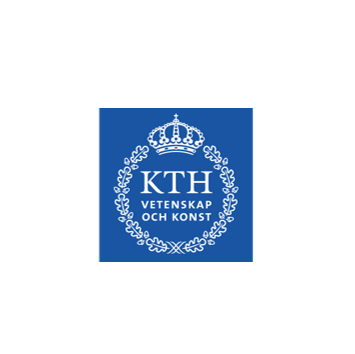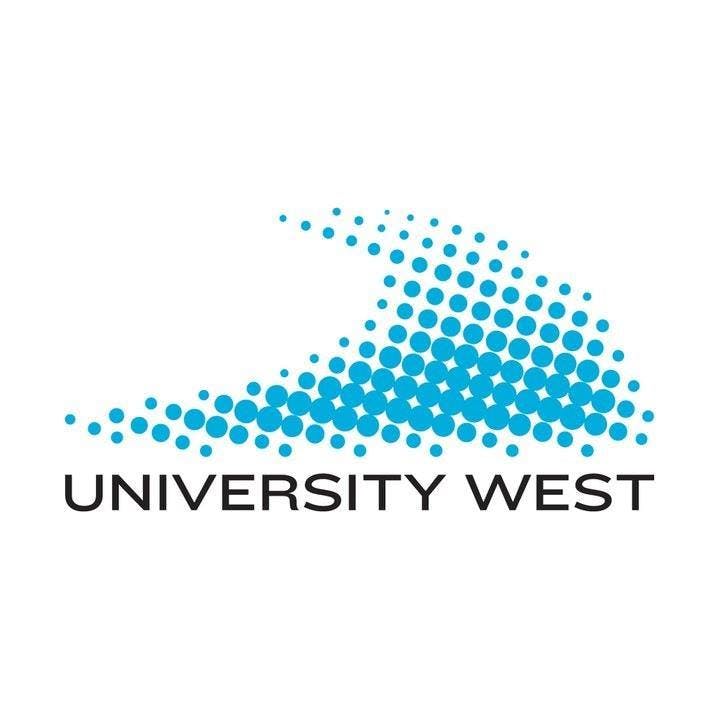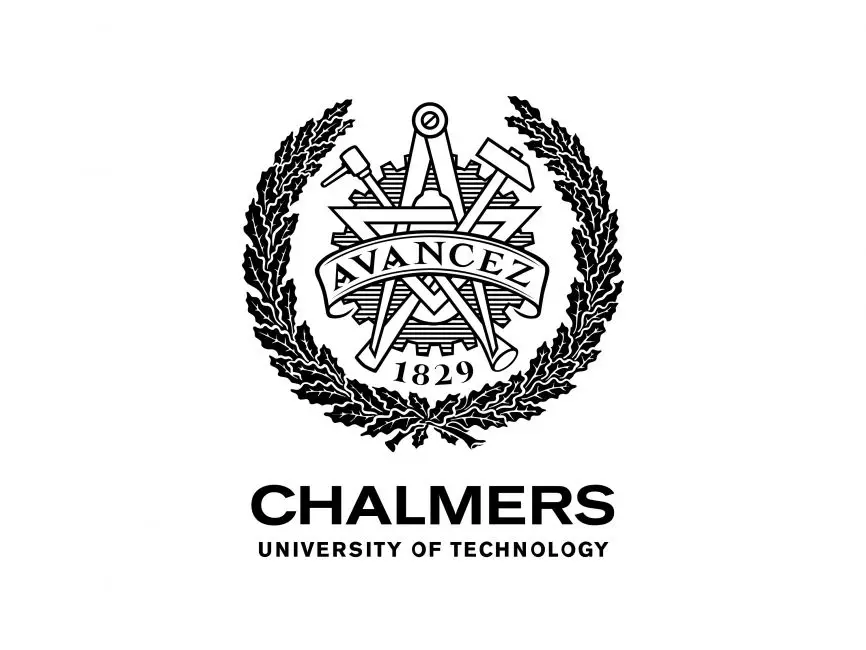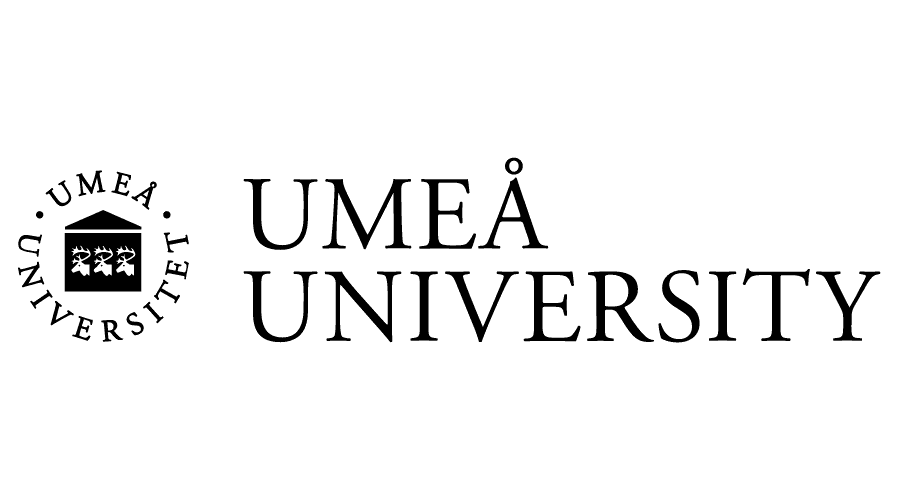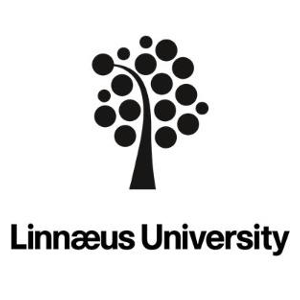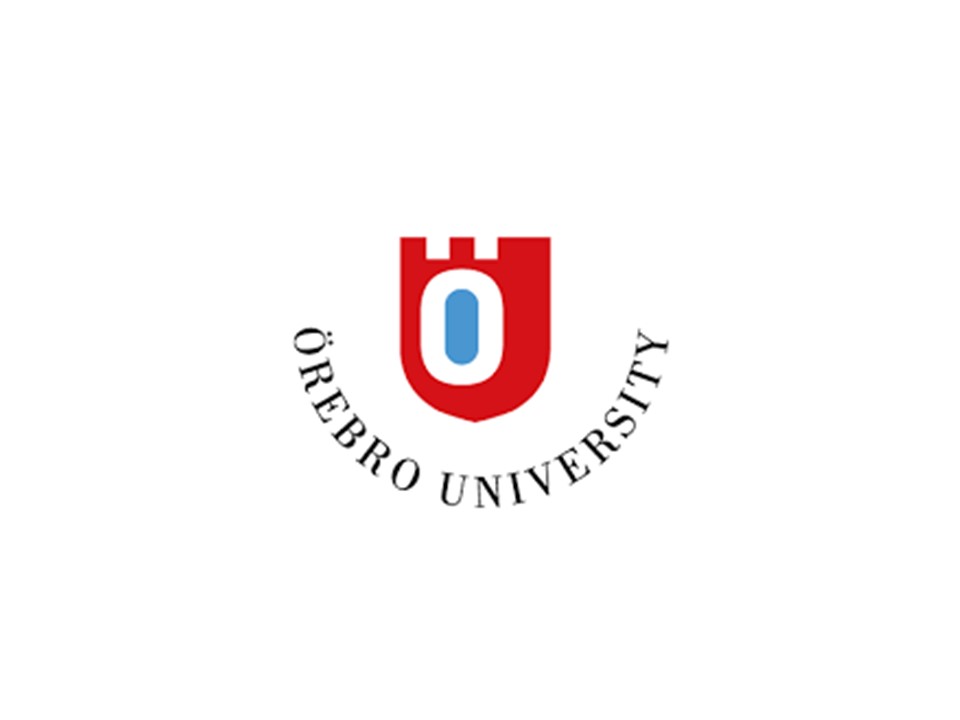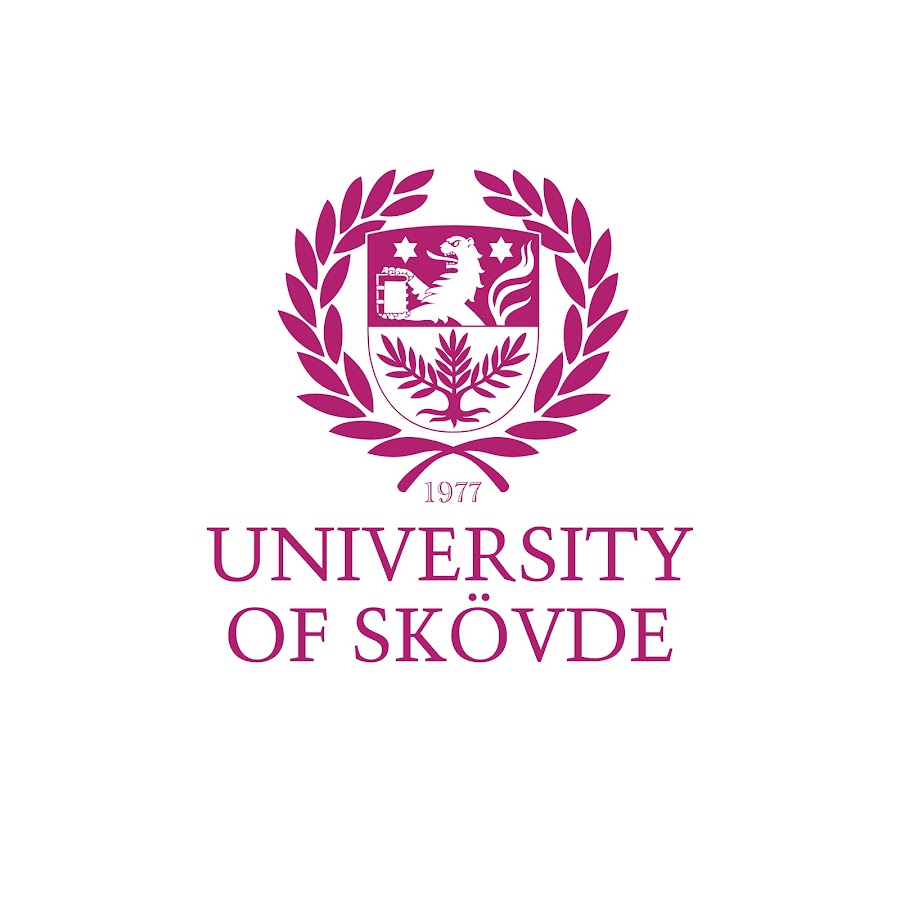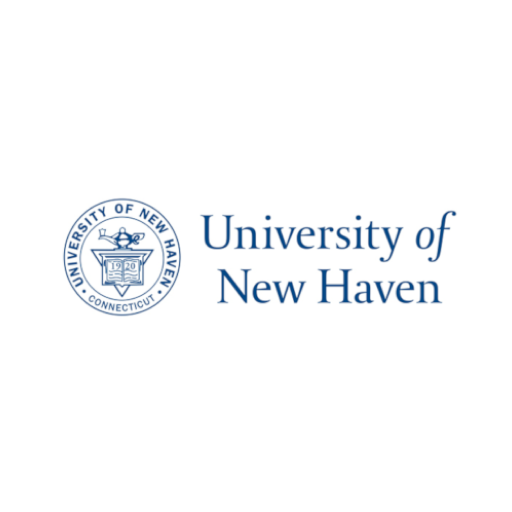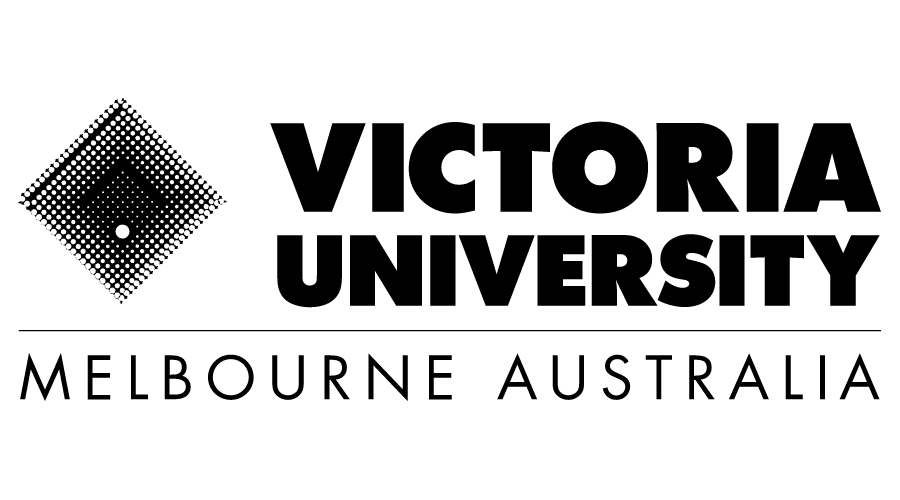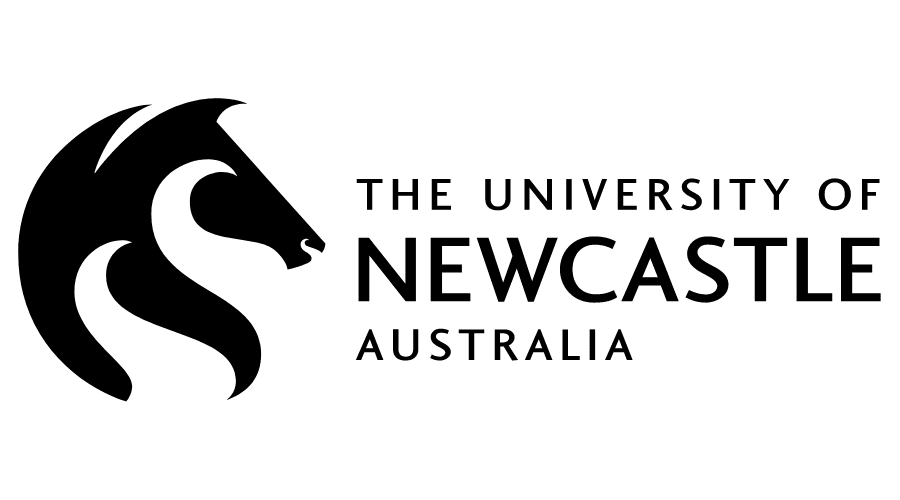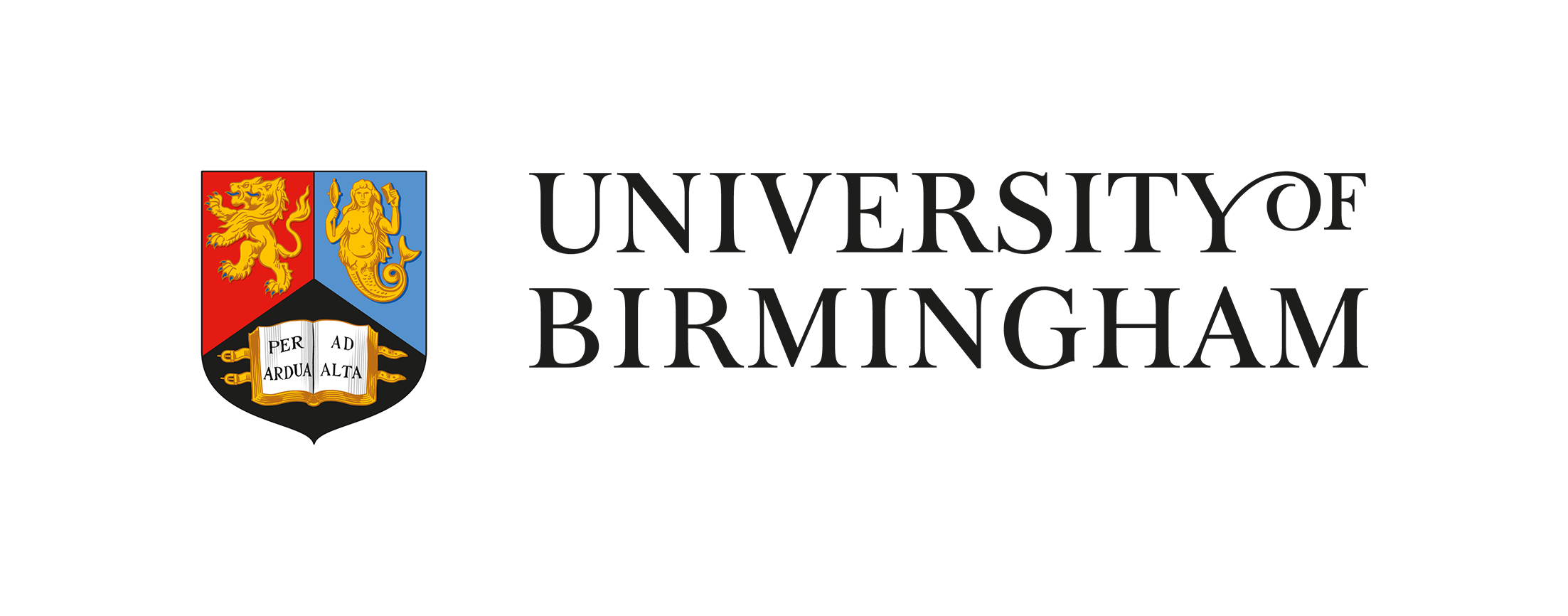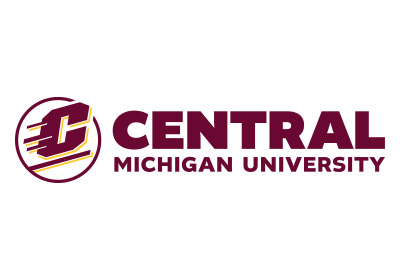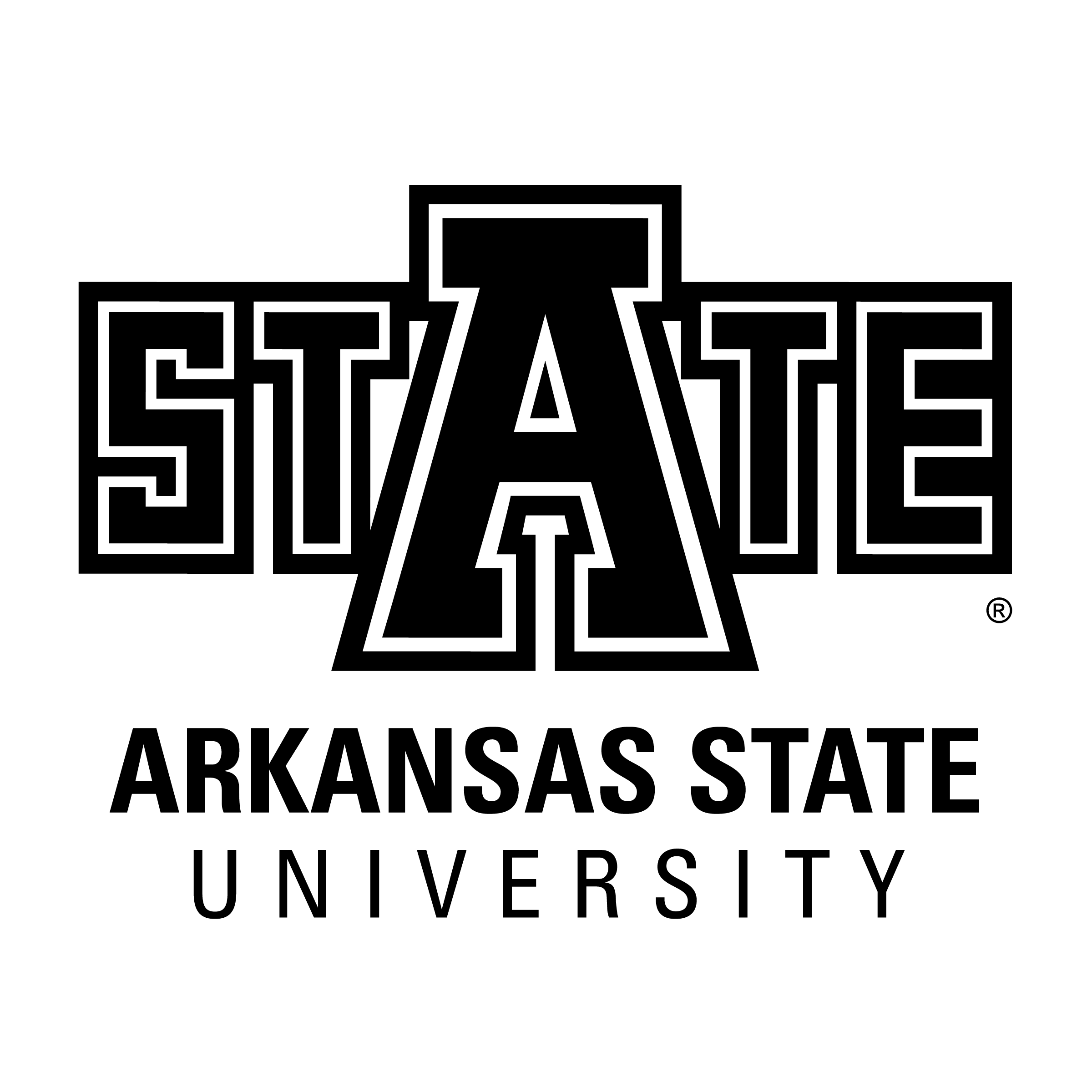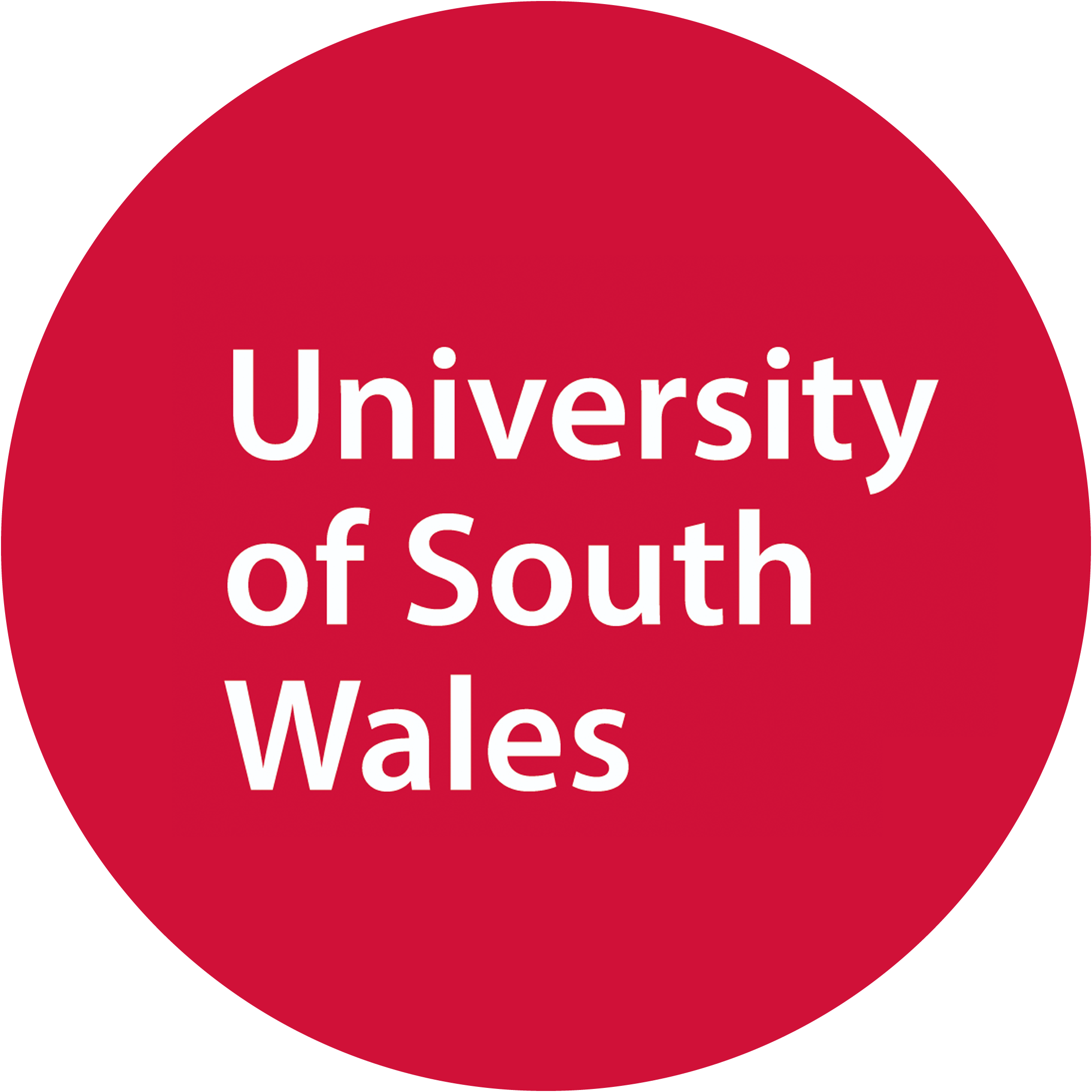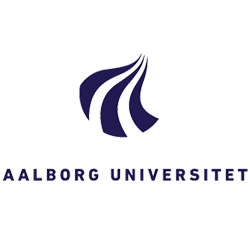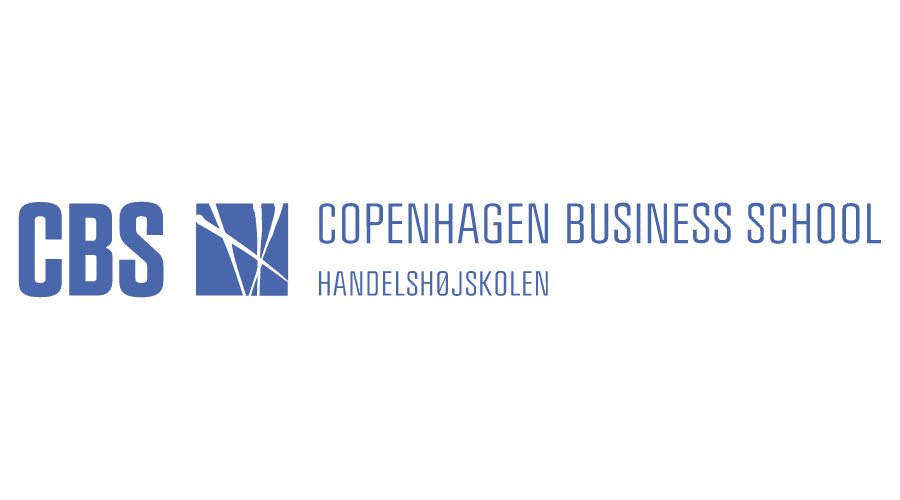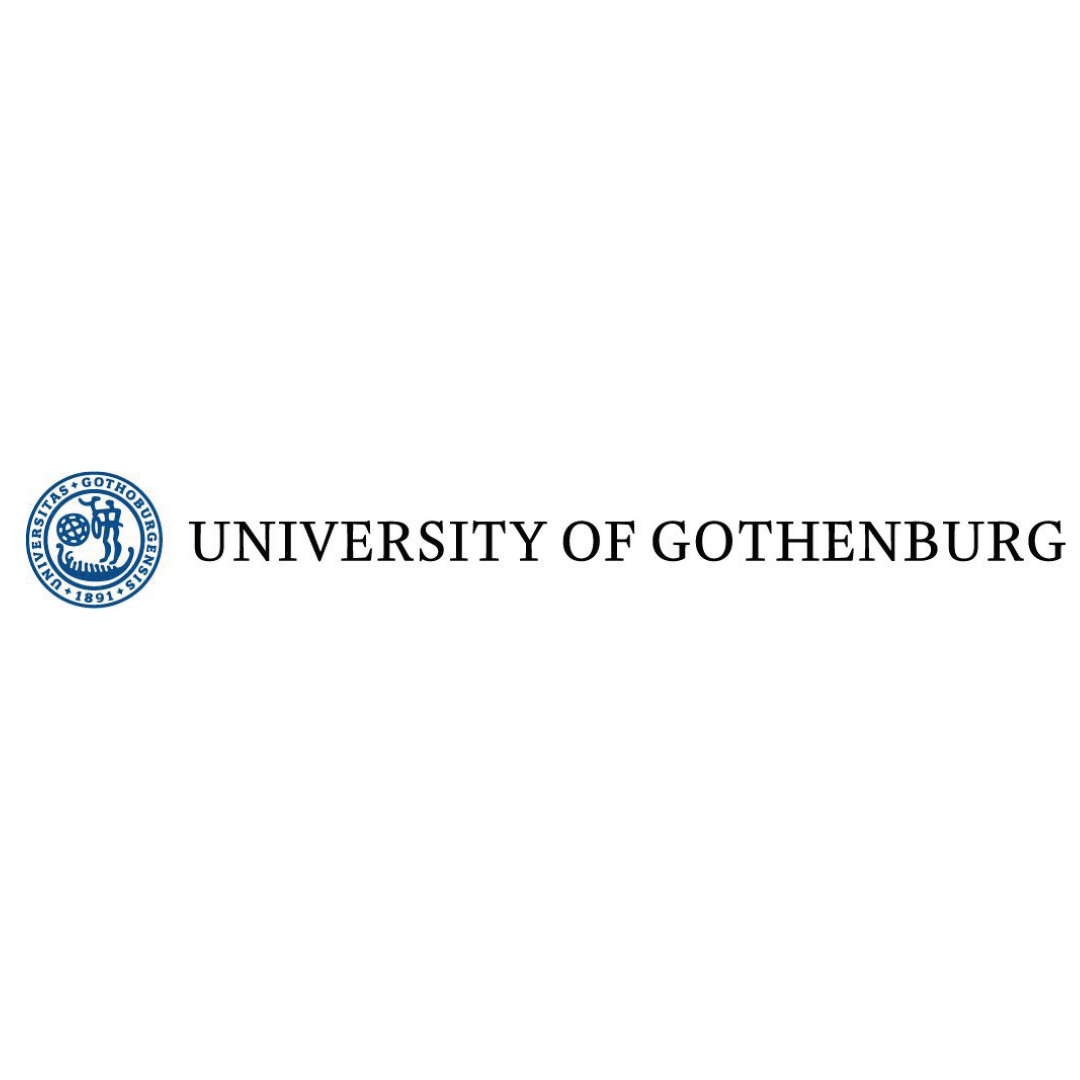The Technical University of Denmark (DTU), founded in 1829, is one of Europe’s leading engineering institutions. Located in Kongens Lyngby, near Copenhagen, DTU is renowned for its focus on research and innovation in engineering, technology, and the natural sciences. It consistently ranks among the top universities globally for engineering and technology disciplines. DTU offers a wide range of undergraduate, graduate, and doctoral programs, fostering a collaborative and international environment. The university’s strong partnerships with industries and research institutions worldwide enhance its reputation as a hub for technological advancements and sustainable solutions. DTU’s state-of-the-art facilities support cutting-edge research and development.
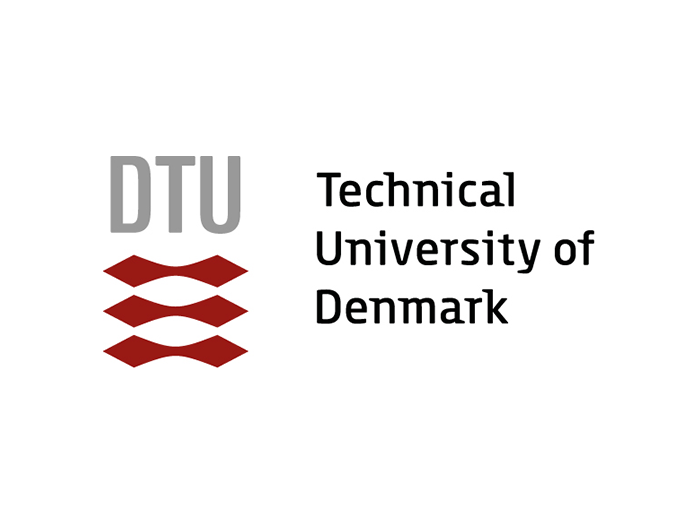
Technical University of Denmark ( DTU)
Kongens Lyngby, Denmark.
Anker Engelunds Vej 1, 2800 Kongens Lyngby, Denmark.
Course Details
The MSc program offers comprehensive knowledge in the design of advanced materials, encompassing both theoretical and experimental aspects. Participants will engage in courses that cover the chemistry, synthesis, physical chemistry, and production processes of advanced materials.
| Total Subjects | 120 ECTS |
|---|---|
| Total Credits | |
| Intake | February And September |
| English Proficiency Level | IELTS 6.5 |
| Duration | 2 Years |
The MSc program in Architectural Engineering integrates engineering skills with the design process through a series of high-level, cross-disciplinary project courses. This approach aims to develop participants into specialists in building design, equipping them with the expertise needed to excel in the field
| Total Subjects | 120 ECTS |
|---|---|
| Total Credits | |
| Intake | February And September |
| English Proficiency Level | IELTS 6.5 |
| Duration | 2 Years |
The MSc program in Autonomous Systems is designed to cultivate both mathematical and theoretical understanding, alongside practical experience relevant to Industry 4.0, robotics, and autonomous software agents. The program equips participants with the knowledge and skills necessary for applications in cutting-edge technological fields.
| Total Subjects | 120 ECTS |
|---|---|
| Total Credits | |
| Intake | February And September |
| English Proficiency Level | IELTS 6.5 |
| Duration | 2 Years |
This course explores the application of computer-based methods and mathematical models for analyzing extensive biological data generated through high-throughput techniques. Topics include the examination of DNA and protein sequences, mRNA expression levels, post-translational modifications, protein-protein interactions, and metabolic pathways. Additionally, the course covers the analysis of patient histories and scientific literature using computational approaches, equipping students with the skills to handle diverse types of biological and medical data.
| Total Subjects | 120 ECTS |
|---|---|
| Total Credits | |
| Intake | February And September |
| English Proficiency Level | IELTS 6.5 |
| Duration | 2 Years |
The Biomaterial Engineering for Medicine program focuses on the design and fabrication of advanced materials for healthcare applications. This includes developing materials for drug delivery, diagnostics, and healthcare products. The course emphasizes creating materials with primary functions—such as drug delivery or compound sensing—that are enhanced by incorporating specific biomolecules to improve their functionality.
| Total Subjects | 120 ECTS |
|---|---|
| Total Credits | |
| Intake | February And September |
| English Proficiency Level | IELTS 6.5 |
| Duration | 2 Years |
This MSc program aims to equip students with a comprehensive understanding of the clinical challenges in modern healthcare, enabling the development of innovative technological solutions. The curriculum integrates both engineering and human physiology, covering topics from cellular functions of organs to the modeling of physiological processes within the musculoskeletal system.
| Total Subjects | 120 ECTS |
|---|---|
| Total Credits | |
| Intake | February And September |
| English Proficiency Level | IELTS 6.5 |
| Duration | 2 Years |
This program builds upon fundamental knowledge in biochemistry, protein and enzyme science, microbiology, molecular biology, and fermentation process technology. Students will apply this knowledge to address biotechnological challenges, from basic research issues to the development and performance analysis of new cell factories in bioreactors. The curriculum emphasizes acquiring competencies in collecting and analyzing diverse data types using statistics, bioinformatics, and mathematical models.
| Total Subjects | 120 ECTS |
|---|---|
| Total Credits | |
| Intake | February And September |
| English Proficiency Level | IELTS 6.5 |
| Duration | 2 Years |
The Master's in Business Analytics program prepares students to contribute to the creation of a new digital Denmark by equipping them with advanced skills in data science and optimization to address critical business challenges. This program emphasizes the integration of technical expertise with a deep understanding of how data can generate value for companies and society. Students will learn to manipulate and analyze data effectively, transforming it into actionable insights that drive value creation. As Marianne Knudsen, Head of Digital Commercial Offerings at Grundfos, notes, the ability to blend IT and business acumen is crucial for leveraging data to achieve financial and strategic goals.
| Total Subjects | 120 ECTS |
|---|---|
| Total Credits | |
| Intake | February And September |
| English Proficiency Level | IELTS 6.5 |
| Duration | 2 Years |
The MSc Eng program in Chemical and Biochemical Engineering integrates the study of chemical and biochemical industrial technology, preparing students for roles in developing large-scale drug production methods, cost-effective chemical and fuel production, and advanced material manufacturing across various sectors, including communication, IT, health, and transport. This program emphasizes research and development in addressing environmental challenges related to chemical production and advancing sustainable chemical and biochemical energy conversion. Students will acquire skills to tackle technological problems using chemistry, mathematics, physics, and thermodynamics, with the option to specialize in chemical engineering or bioprocess technology. The program includes a thesis project conducted at DTU's research centers, often in collaboration with leading Danish companies, thereby equipping graduates for research and development roles in academia or industry.
| Total Subjects | 120 ECTS |
|---|---|
| Total Credits | |
| Intake | February And September |
| English Proficiency Level | IELTS 6.5 |
| Duration | 2 Years |
The MSc program in Civil Engineering offers a comprehensive education in the diverse and interdisciplinary field of civil engineering, encompassing areas such as construction materials and processes, structural mechanics, geotechnics, energy technology, safety, indoor climate, acoustics, hydrology, geology, environmental sciences, and project management. This program focuses on cultivating lifelong skills across these domains through a unique curriculum that emphasizes close collaboration among students and with researchers, supported by access to state-of-the-art experimental facilities.
| Total Subjects | 120 ECTS |
|---|---|
| Total Credits | |
| Intake | February And September |
| English Proficiency Level | IELTS 6.5 |
| Duration | 2 Years |
The MSc Eng in Communication Technologies and System Design at DTU integrates key aspects of modern communication technology, including telemedicine, banking, and mobile communications. The program covers advanced component and system design, network structures, and ICT solutions. It focuses on three main areas: Component and Software Design, System Development and Methods, and Applications, preparing engineers to design, maintain, and innovate communication systems.
| Total Subjects | 120 ECTS |
|---|---|
| Total Credits | |
| Intake | February And September |
| English Proficiency Level | IELTS 6.5 |
| Duration | 2 Years |
The Computer Science and Engineering program at DTU focuses on the design and application of computing components—both software and hardware—essential for solving technical problems effectively. The program emphasizes understanding and utilizing advanced IT solutions, including software development, secure systems, algorithms, logic, and distributed and embedded systems. It offers extensive coursework in these areas and provides opportunities for collaboration with Danish and international companies through courses, individual projects, and thesis work, immersing students in DTU's robust IT environment.
| Total Subjects | 120 ECTS |
|---|---|
| Total Credits | |
| Intake | February And September |
| English Proficiency Level | IELTS 6.5 |
| Duration | 2 Years |
The Engineering Design program focuses on the art and science of creating innovative solutions that address economic, environmental, and societal goals. Students will develop skills in structured problem solving, user-centered design, and the integration of cutting-edge technology. The program emphasizes participation in innovation projects to design products, services, and systems. It provides essential tools and methods for effectively combining structured problem-solving approaches with user engagement and technical disciplines.
| Total Subjects | 120 ECTS |
|---|---|
| Total Credits | |
| Intake | February And September |
| English Proficiency Level | IELTS 6.5 |
| Duration | 2 Years |
The Earth and Space Physics and Engineering program focuses on developing, designing, and applying innovative technologies for monitoring, mapping, modeling, and predicting large-scale physical structures and processes on Earth, within the solar system, and across the universe. The program addresses critical needs in climate change monitoring, resource management, and advancements in navigation and telecommunication. It prepares graduates to contribute to sustainable and advanced technological solutions that address global challenges, such as improving navigation systems, enhancing environmental monitoring, and discovering new energy resources.
| Total Subjects | 120 ECTS |
|---|---|
| Total Credits | |
| Intake | February And September |
| English Proficiency Level | IELTS 6.5 |
| Duration | 2 Years |
The MSc Eng program in Electrical Engineering offers comprehensive training in advanced theories, methods, and components relevant to practical systems and applications, such as satellites, robots, and wind turbines. The curriculum emphasizes systematic problem solving and synthesis, with a focus on applying mathematical methods for designing and analyzing technical problems. Students gain specialized knowledge in their chosen area and receive substantial hands-on experience through laboratory work and the use of IT-based design tools.
| Total Subjects | 120 ECTS |
|---|---|
| Total Credits | |
| Intake | February And September |
| English Proficiency Level | IELTS 6.5 |
| Duration | 2 Years |
The MSc Eng program in Engineering Acoustics focuses on creating healthy acoustic environments, reducing harmful noise, and enhancing sound quality in various applications. This program covers a broad spectrum of acoustics topics, including sound propagation fundamentals, advanced measurement techniques, and the modeling of human hearing. Students will engage with courses on human auditory responses, acoustic measurement methods, electroacoustic systems, architectural and environmental acoustics, vibration control, signal processing, and machine learning. The curriculum offers flexibility, allowing students to tailor their studies and career paths by selecting from a diverse range of courses.
| Total Subjects | 120 ECTS |
|---|---|
| Total Credits | |
| Intake | February And September |
| English Proficiency Level | IELTS 6.5 |
| Duration | 2 Years |
The MSc program in Engineering Light explores the technical applications of light across the spectrum from ultraviolet to infrared, including lasers, energy-efficient light sources, and optical fibers. The curriculum covers fundamental physics of light, optical materials, and signal processing, with a strong emphasis on cutting-edge research in optical materials, lasers, biophotonics, optical sensors, and communication components. The program also incorporates an innovation-focused course element and provides opportunities for theoretical and experimental projects, often in collaboration with industry partners. Students will gain expertise in applying light technologies to address global challenges, including environmental monitoring, medical procedures, and communication security.
| Total Subjects | 120 ECTS |
|---|---|
| Total Credits | |
| Intake | February And September |
| English Proficiency Level | IELTS 6.5 |
| Duration | 2 Years |
The MSc program in Engineering Physics focuses on applying fundamental physics principles to modern technology and engineering challenges. The program prepares students to bridge the gap between research and technological breakthroughs, equipping them with a strong scientific foundation and engineering skills. It encompasses a broad range of topics, including the development of nanostructured materials, manufacturing and integration of nano- and micro-components, modeling of complex biological systems, and technologies for sustainable energy, such as fuel cells and hydrogen technology. Students will engage in experimental projects within research groups at DTU and can complete their final thesis in collaboration with research groups or industrial partners under faculty supervision.
| Total Subjects | 120 ECTS |
|---|---|
| Total Credits | |
| Intake | February And September |
| English Proficiency Level | IELTS 6.5 |
| Duration | 2 Years |
The MSc in Environmental Engineering trains students to develop sustainable solutions for complex environmental issues, incorporating legal, societal, and financial considerations. The program emphasizes designing and interpreting experiments, understanding environmental processes, and applying mathematical models and data analysis. It covers advanced technologies, urban planning, and environmental management, preparing students to address both local and global challenges effectively.
| Total Subjects | 120 ECTS |
|---|---|
| Total Credits | |
| Intake | September |
| English Proficiency Level | IELTS 6.5 |
| Duration | 2 Years |
The MSc Eng program in Food Technology is an interdisciplinary course integrating microbiology, biochemistry, physics, chemical engineering, and engineering to address global market demands, sustainability, and consumer needs. The program provides advanced analytical, design, and development skills related to the production of healthy and safe food. It includes a diverse curriculum covering technical fields, food science, management, and communication, with active involvement from the food industry and other stakeholders. Students engage in real-life projects and collaborations with both Danish and international companies through coursework, individual projects, and thesis work.
| Total Subjects | 120 ECTS |
|---|---|
| Total Credits | |
| Intake | February And September |
| English Proficiency Level | IELTS 6.5 |
| Duration | 2 Years |
The MSc program in Digital Media Technology prepares engineers to innovate in the dynamic field of digital media by developing new interactions between people and software. The program offers deep insights into digital media technologies and their business applications, covering areas such as game design, media content personalization, and sensor-based smartphone apps. Students engage in independent projects and DTU research initiatives, focusing on intelligent app development, social network modeling, and new software interactions. The curriculum also includes opportunities to work on media projects in computer graphics and game design, and to transform projects into startups through DTU’s entrepreneurial resources, including DADIU Greenhouse, AppGarage, DTU Skylab, Createch, and Venture Cup.
| Total Subjects | 120 ECTS |
|---|---|
| Total Credits | |
| Intake | February And September |
| English Proficiency Level | IELTS 6.5 |
| Duration | 2 Years |
The MSc program in Engineering Management equips students with both quantitative and qualitative interdisciplinary management skills essential for developing, implementing, and managing technical solutions in a complex, globalized environment. The curriculum includes high-level courses in mathematical optimization, simulation, and other quantitative tools, alongside process management techniques crucial for project and change management. Key focus areas include operations management, supply chain management, innovation management, and problem structuring. The program also features a mandatory course in technical management of sustainable development, preparing graduates to excel at the interface of business and engineering.
| Total Subjects | 120 ECTS |
|---|---|
| Total Credits | |
| Intake | February And September |
| English Proficiency Level | IELTS 6.5 |
| Duration | 2 Years |
The MSc program in Materials and Manufacturing Engineering focuses on optimizing product functionality and longevity through the interplay between material structure, manufacturing processes, product properties, and performance. The curriculum enables students to predict, control, and enhance material properties and industrial processes for advanced products at both micro and macro scales. Emphasizing application and industry relevance, the program combines theoretical coursework and numerical simulations with hands-on experience in experimental facilities. Project work is often inspired by or conducted in collaboration with industry, ensuring engagement with real-world cases throughout the program.
| Total Subjects | 120 ECTS |
|---|---|
| Total Credits | |
| Intake | February And September |
| English Proficiency Level | IELTS 6.5 |
| Duration | 2 Years |
The MSc program in Applied Mathematics addresses the growing demand for mathematical models and methods across various sectors, including industry, IT, finance, energy, government, drug development, DNA mapping, and environmental research. The program provides advanced knowledge in applied mathematics and mathematical modeling, utilizing modern computer tools and techniques for analyzing large data volumes. It offers opportunities for collaboration with Danish and international companies through coursework, individual projects, and thesis work, ensuring practical, real-world experience.
| Total Subjects | 120 ECTS |
|---|---|
| Total Credits | |
| Intake | February And September |
| English Proficiency Level | IELTS 6.5 |
| Duration | 2 Years |
The MSc program in Mechanical Engineering emphasizes the development of innovative solutions for products, mechanical components, production equipment, and industrial installations, spanning from microstructures to large-scale engines and offshore structures. The curriculum covers systematic engineering design methods, product development, and advanced techniques in analysis, numerical simulation, and optimization, focusing on structural strength, fluid dynamics, and energy conversion. The program integrates lectures, individual work, and practical exercises in laboratories and group settings. Students engage in a final MSc thesis project, collaborating with research groups or industry partners, providing opportunities for hands-on experience with both Danish and international companies.
| Total Subjects | 120 ECTS |
|---|---|
| Total Credits | |
| Intake | September |
| English Proficiency Level | IELTS 6.5 |
| Duration | 2 Years |
The MSc program in Ocean Engineering equips candidates with science-based engineering skills essential for the sustainable development of the blue economy, addressing maritime industries such as offshore energy, shipping, fisheries, marine spatial planning, and coastal engineering. As these sectors expand, the program focuses on understanding both the physical and biological components of the marine environment and implementing engineering solutions within it. The curriculum encompasses a broad range of courses related to the marine environment's technical and ecological aspects, integrating these into a comprehensive set of competencies. The program also provides opportunities for collaboration with Danish and international companies through coursework, individual projects, and thesis work.
| Total Subjects | 120 ECTS |
|---|---|
| Total Credits | |
| Intake | February And September |
| English Proficiency Level | IELTS 6.5 |
| Duration | 2 Years |
The MSc in Pharmaceutical Design and Engineering equips students with advanced skills in drug design, development, and testing, focusing on biologically-based drugs for complex diseases. The program integrates core courses in drug discovery, diagnostics, and nanotechnology with hands-on projects in collaboration with pharmaceutical companies, addressing real-world challenges and regulatory requirements. This approach ensures graduates are well-prepared for the global pharmaceutical industry.
| Total Subjects | 120 ECTS |
|---|---|
| Total Credits | |
| Intake | February And September |
| English Proficiency Level | IELTS 6.5 |
| Duration | 2 Years |
The MSc Eng programme in Sustainable Energy Systems offers comprehensive expertise in optimizing interactions among diverse energy technologies and components. It focuses on the efficient operation and coordination of large-scale integrated energy systems, encompassing power, heat, natural gas, hydrogen, and transport sectors. The curriculum emphasizes strategies for achieving optimal performance and integration across these critical energy domains.
| Total Subjects | 120 ECTS |
|---|---|
| Total Credits | |
| Intake | February And September |
| English Proficiency Level | IELTS 6.5 |
| Duration | 2 Years |
The MSc Eng programme in Sustainable Energy Technplogy offers specialization in various energy technologies, including bio-fuels, energy conversion and storage, wind, and solar energy. The programme also provides expertise in integrating multiple energy solutions and incorporating new technologies into existing energy systems. As global energy systems and technologies evolve, with sustainability becoming increasingly critical, the programme emphasizes the environmental, economic, and social aspects of energy technology. Graduates will acquire comprehensive knowledge and skills focused on sustainable energy solutions.
| Total Subjects | 120 ECTS |
|---|---|
| Total Credits | |
| Intake | February And September |
| English Proficiency Level | IELTS 6.5 |
| Duration | 2 Years |
The MSc programme in Sustainable Aquatic Resource Management emphasizes the sustainable utilization of aquatic environments and resources, with a focus on sustainable aquaculture production. It covers fisheries, oceanography, and the management of aquatic resources, addressing challenges related to sustainable fisheries, aquaculture, and ecosystem health in the context of environmental changes. The programme aims to develop expertise in maintaining healthy aquatic ecosystems while advancing sustainable practices in the management of marine and freshwater resources.
| Total Subjects | 120 ECTS |
|---|---|
| Total Credits | |
| Intake | February And September |
| English Proficiency Level | IELTS 6.5 |
| Duration | 2 Years |
The MSc programme in Technology Entrepreneurship is designed to drive innovation through diversity by uniting students from various fields, including humanities, business, engineering, and social sciences, to create impactful solutions. Over two years, the programme combines academic learning with hands-on training to foster the development of technology entrepreneurs. Participants work collaboratively in a state-of-the-art campus with access to world-class research facilities and dedicated start-up labs. The programme provides a challenging yet supportive environment for tackling real-world problems and developing viable business ideas. Graduates gain fluency in transformative technologies such as AI, machine learning, IoT, and blockchain, culminating in a Master of Science in Technology Entrepreneurship (cand.tech).
| Total Subjects | 120 ECTS |
|---|---|
| Total Credits | |
| Intake | September |
| English Proficiency Level | IELTS 6.5 |
| Duration | 2 Years |
The MSc programme in Wind Energy at DTU provides in-depth expertise in wind energy technology, a critical component of sustainable electricity production. Since its inception in 2002, the programme has drawn upon DTU's extensive research and educational experience in wind energy, which dates back to the 1970s. The curriculum offers advanced knowledge in aerodynamics, aeroelasticity, mechanics, grid connection, and electrical engineering, delivered by leading researchers and industry experts. Students gain access to cutting-edge research facilities and technology, preparing them for a sector that is rapidly growing and essential for reducing CO2 emissions.
| Total Subjects | 120 ECTS |
|---|---|
| Total Credits | |
| Intake | February And September |
| English Proficiency Level | IELTS 6.5 |
| Duration | 2 Years |
